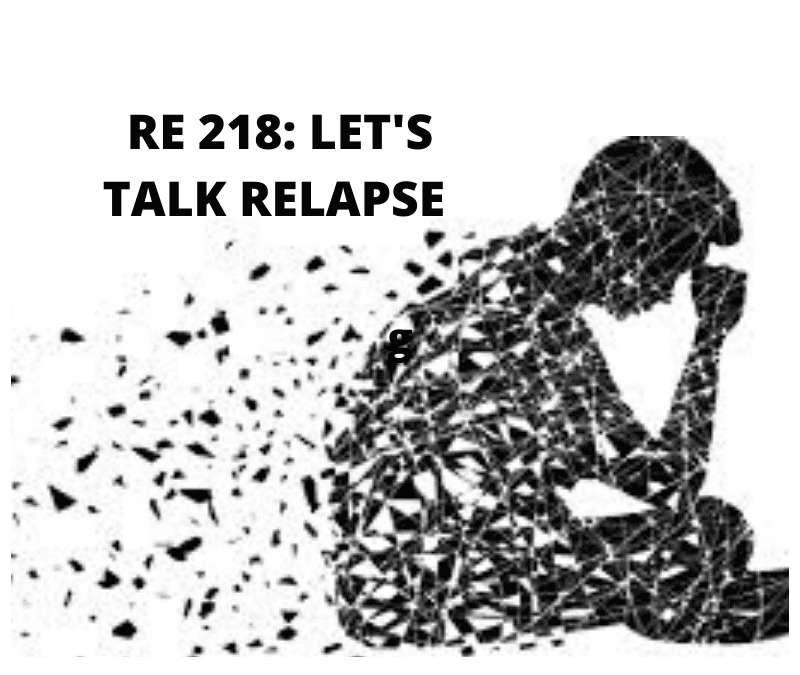
by Paul Churchill | Apr 22, 2019 | Podcast
Podcast: Play in new window | Download
Subscribe to the Recovery Elevator Podcast Apple Podcasts | | More
James, with a sobriety date of November 12, 2016, shares his story.
Recovery Elevator is on Instagram! Please follow Paul and Ben here .
On today’s podcast Paul discuses relapse. For some, and Paul has only met a few, relapse isn’t part of their story. But for the vast majority it is, and it isn’t something to be ashamed of. Spontaneous sobriety is rare. Paul feels that the word ‘relapse’ is another word in recovery, similar to the word ‘alcoholic’, that needs to be thrown out. The word ‘relapse’ has implications of failure.
When we drink again, after having made the internal declaration not to, we are simply doing more field research, learning lessons along the way. If you find yourself in a continuous cycle of field research, self-compassion is key. Stop placing success and failure parameters on whether you drank last night or not. When we start addressing what we are using alcohol to cover up than relapse will become less frequent and even a thing of the past.
When you do find yourself on stable footing, beware of the 3 most dangerous words on this journey…I got this.
SHOW NOTES
**Listeners you can listen to James’ first interview back on episode 105 when he had 74 days of sobriety, today he has 850 days.
[8:05] Paul introduces James
James is 31 years old and lives in New Jersey with his wife and their pomsky, Milo. He works in Manhattan. For fun he likes to golf, go to the gym, and hang with his wife and pup.
[10:50] Give us a little background about your drinking.
James started drinking when he was 13, stealing beers and wine coolers from the liquor cabinet. In high school he was not a big drinker, although he remembers how drinking helped make him feel comfortable.
He started college, on a golf scholarship, became good friends with one of his teammates that was a Christian, started going to bible study and church and didn’t drink his entire freshman year. Later, one of his teammates from England, was graduating so they threw a party and James drank. He picked up right where he left off and the next three years of college he was binge drinking and dabbled in drugs.
The spring semester of his senior year his coach called him in to his office and told him not to come to practice anymore, that he was coming in smelling like liquor and bringing the rest of the team down. This was the first time that he realized his drinking was affecting other people.
[13:44] Can you tell us what it felt like to have someone on the outside call you out on your drinking.
Immediately James was embarrassed and ashamed. He walked out of the office feeling sad and like he had let everyone down. He was able to curb his drinking enough to not be a burden and make it through the last 3 months playing golf.
2010 James was in Barcelona, caddying at a nice country club, the 2nd day he caddied he met a man that offered him a job which he took a week later. This was the beginning of the end. From the time he graduated at 21 years old to 28 years old, when he got sober, it was a quick progression of drugs and alcohol. In the span of 5 years James lost his Grandfather, his uncle and his Dad. Instead of dealing with the losses he used alcohol and drugs.
At 27 he was arrested for possession of cocaine, theft, and disturbing the peace. This leads to an intervention by his family and his Mom gives him the option to go to rehab or see a therapist. He picked the therapist. He went through a number of therapists and his girlfriend of 2 years left him during this time.
[22:40] What did it feel like that moment when you told yourself you were done.
He immediately felt a sense of relief. He reached out to a friend from college, that he used to party with, but from his posts on Facebook knew that he had gotten sober. At this time neither his family, or his girlfriend, would talk to him. He went to see his friend from college the next day. Talking to him helped, and he also started 12 weeks of IOP. Everyday he would ask himself, is this going to honor my father. He knew he had to make some changes and he firmly believes his father died to save his life.
[24:45] Once you surrendered, how did you make it one week, one month, how did you do it?
One day at a time. James says he was never a half-in guy, so once he decided to get sober, he dove in. He found the RE podcast, started reading a lot, went to AA, and was going to IOP and therapy 3 times a week. Very early he burned the ships with everyone, which he says was very therapeutic. He could finally breath and no longer had all the guilt and the shame.
[28:00] What was the transition from drinking/partying like you did, to the clean and sober life, like?
James said it was hard, but that it was almost like he was going back to the person he was the whole time, and it was a relief. In the last 6 months he shifted from playing the victim and feels he is becoming exactly who he is supposed to be.
[33:05] Talk to us about your year 1 and year 2 and the differences between the two.
James says he definitely had the classic pink cloud and felt great. At the end of year 1 he started to struggle a bit but after he hit the year mark, he felt rejuvenated. He booked the trip to Peru with Café RE and between months 13-15 things took another turn. Things felt dark and he was asking himself if this was what he got sober for. It was then he had a conversation with a friend, and with Paul, about ayahuasca and stayed in Peru to attend a ceremony. James says it wasn’t a magic bullet but that ayahuasca, hiking Machu Picchu, and getting married in October, is what changed his attitude about everything.
[35:15] On a group chat we were on you said one of the lessons you learned was that you no longer have to be the biggest guy in the room, talk to us about that.
The first night, of the first ceremony he did, there was a gentleman there from New Zealand who was bigger than James. (Who is 6’3” and 220 pounds, which he had always identified himself by.) During the ceremony James was weeping and this gentleman came up behind him, put his arms around him, held him like a baby, and told him to just let it all out. It was at this time he let go of feeling like always had to me the biggest guy in the room. He was supposed to do 3 ceremonies but after the first one he told the shaman that he had gotten what he needed and didn’t do the remaining 2.
[39:30] Talk to us about Cardamone Coaching.
Even as a kid James knew he wanted to help people. Wanting to become a recovery coach was something he discussed with Paul while in Peru. He realized fear was what was holding him back and that that was all bullshit, so he got certified to be a recovery coach. His goal is to help people in recovery by using his own experience.
James’ coaching website is: https://www.cardamonecoaching.com/ .
[45:06] I saw your registration come in for the Bozeman retreat, what are you looking forward to at this retreat?
Going back to Bozeman, it’s a change of pace from New York City. Seeing some of the same people and meeting new people. The retreats have changed James’ life.
[47:25] Rapid Fire Round
- What is you plan in sobriety moving forward?
Continue doing what I’m doing, stay the course, one day at a time, and helping people.
- What’s your favorite resource in sobriety?
Reading, I must have read 35 books in the last 2 ½ years, reading has really opened me up to different things.
- In regards to sobriety what’s the best advice you’ve ever received?
It gets better and you never have to feel this way again if you don’t pick up a drink or a drug.
- What parting piece of guidance can you give to listeners?
You are good enough
.
- You might be an alcoholic if…
If you get arrested outside of a nightclub with drugs in your pocket, a stolen credit card and no shoes on.
You can sign up for a FREE 5-day Recovery Elevator video course here.
Upcoming retreats:
Bozeman Retreat – August 14-18, 2019
Asia Adventure – January 20-31, 2020
You can find more information about these events here
Resources mentioned in this episode:
Babbel
This episode is brought to you by the language learning app Babbel and right now, my listeners can try
Babbel for free. Download the app, or text Elevator to 48-48-48
Green Chef
Connect with Cafe RE– Use the promo code OPPORTUNITY for your first month free
Sobriety Tracker iTunes
Sobriety Tracker Android
Sober Selfies! – Send your Sober Selfie and your Success Story to info@recoveryelevator.com
“Recovery Elevator – It all starts from the inside-out.”
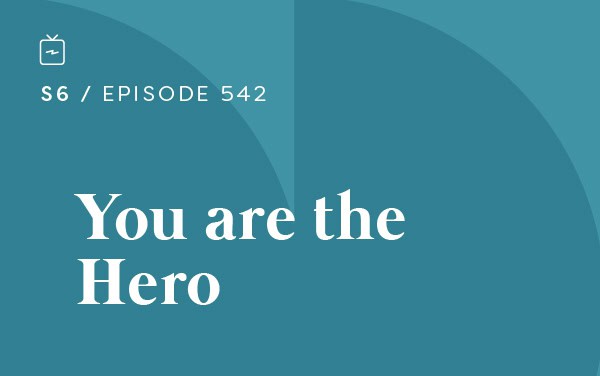
by Kris Oyen | Jul 7, 2025 | Podcast
Podcast: Play in new window | Download
Subscribe to the Recovery Elevator Podcast Apple Podcasts | | More
Today we have Marcy. She’s 42 years old and lives in Seattle, WA. Marcy took her last drink on October 15th, 2020.
This episode brought to you by:
Better Help – 10% off of your first month #sponsored
Exact Nature – 20% off your order with code RE20
Paul just finished the rough draft of his second book entitled Dolce Vita, The Good Life and expects it to be released this September.
[00:00] Thoughts from Paul:
In a recent article presented on Newsbreak entitled Alcohol is Killing More Americans Today than 20 Years Ago, it shares that mortality from liver disease has increased significantly across most demographic groups in the US from 1999 to 2022. Death from liver disease went from 6.7 to 12.5 deaths per 100,000 people. The annual increase was higher among women than men, and young people showed “concerning trends”. And of course, minority populations are hit hardest. American Indian and Alaska Native populations, faced the highest death rates. Those increased from about 25 to nearly 47 per 100,000 over the last 20 years.
While this podcast is supposed to be uplifting and positive it also has to be real. The spirit alcohol is claiming more lives than ever.
Remember last week’s episode titled The Quiet Revolution? You are part of the not so anonymous army that solves this… Your quitting drinking is the answer for everyone else who struggles with addiction. You’re turning your gaze inward when people in charge are pointing their finger outward. You are the hero.
[00:00] Paul introduces Marcy:
Marcy is 42 years old and lives in Seattle, WA with her partner and their cat. She works at a production company as a creative producer and makes psychedelic music videos in her spare time. For fun, she enjoys the outdoors and says the Pacific Northwest is a beautiful place to be outside.
Marcy says she was a very shy kid with a lot of anxiety. She had her first drink when she was 16 and by 18, she had a fake ID and spent a lot of time in bars and drinking almost daily. Her drinking never looked normal, Marcy says.
Marcy had her first blackout at her bachelorette party in her mid-twenties. Those began to become normal for her which began to concern her. Marcy would tell everyone that she was quitting drinking but was never able to succeed.
Alcohol began to put a strain on Marcy’s marriage. She realized she needed to do something to fix it. She began to attend AA and tried to work the steps but was struggling with being honest with herself and others about her problem and continued to drink.
Marcy and her partner ended up divorcing, which sent her on a downward spiral since she no longer had anyone to be accountable to. After she was robbed one night, her parents talked her into going to inpatient rehab. She was supposed to stay for 30 days but only made it through 11 and decided to attend outpatient rehab instead. Marcy was able to fake her way through the outpatient program while she was still drinking.
From 2016 to 2019, Marcy says she was on a merry-go-round from hell. She would try to change, fail and then beat herself up. She returned to AA, found a sponsor and had a service position that helped her build a new routine. She made it to 30 days sober and then relapsed which sent her back into a cycle that Marcy says was worse than ever.
An extreme rock bottom found Marcy quitting again. After two months without drinking, a friend wanted Marcy to attend a meeting she was speaking at. This led Marcy to return to AA. She threw herself all-in and attended a meeting every day for the next year.
These days life for Marcy is mellow instead of chaotic. She says she has the capacity to explore her creativity, goes to work every day and enjoys yoga regularly. Her tools for dealing with anxiety are breathing and knowing her boundaries and limits.
Recovery Elevator
You took the elevator down; you’ve got to take the stairs back up.
We can do this.
RE on Instagram
Recovery Elevator YouTube
Sobriety Tracker iTunes
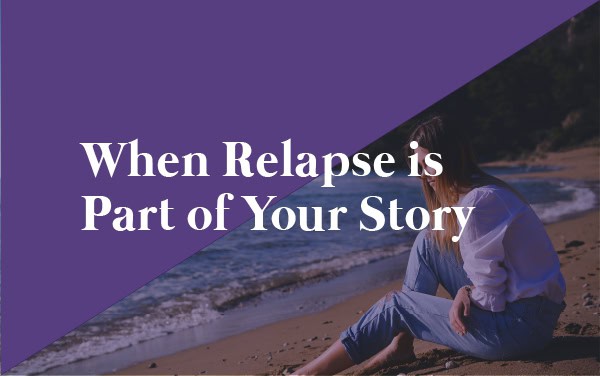
by Kerri MacFarlane | Aug 15, 2021 | Alcohol Relapse, Blog, Early Sobriety, The first Year
I saw the following quote about relapse on Instagram the other day. When I first read it I thought, ‘gross!’, and scrolled on. Throughout the day the quote kept coming back to me though…perhaps because I have 3 dogs that are often doing gross things. But the more I thought about it, the more I agreed with it.
“It is the return of a dog to his vomit.”
― Paul Verlaine
Relapse IS kinda like the return of a dog to his vomit. ?? But it is more than that, much more.
In its simplest terms, a relapse is when you start drinking again after a period of abstinence.
I think relapse is one of the scariest words for people in recovery. But it is also a very normal part of the recovery process…and it does not mean you have failed. If you have listened to the Recovery Elevator podcast or are part of our Café RE community you have probably heard the term ‘field research’. Many of us use that term in place of the word ‘relapse’. Some people, such as Paul Churchill, feel that the word ‘relapse’ is another word in recovery, similar to the word ‘alcoholic’, that needs to be thrown out. Paul talks more about that here.
Alcohol is one of the most commonly ingested substances in the world. The 2019 National Survey on Drug Use and Health found roughly 16 million Americans were heavy alcohol users, and 14.5 million Americans had an alcohol use disorder. Stress, anxiety and isolation caused by the Covid-19 pandemic have worsened these numbers.
Over 30% of people who attempt to stop drinking relapse in their first year of sobriety, but that rate does go down over time. After 5 years that number has dropped to 9.6%. I left out a lot of the statistics, but the bottom line is more than 70% of people struggling with alcohol abuse will relapse at some point.
That doesn’t mean they won’t get back on that wagon and succeed.
I’ve heard people say that the relapse starts way before you actually pick the drink back up, the relapse itself does not occur all at once. I don’t think that anyone plans for, or intends for a relapse to occur. But they do happen, and they happen in stages.
“Stressing about a relapse happening only leads to a release happening.”
― D.C. Hyden
THE STAGES OF RELAPSE
Experts say that relapse occurs in three separate stages — emotional, mental and physical.
- Emotional relapse: The person is not actively drinking or even thinking about drinking, but they are having thought patterns that could possibly be setting them up for a future relapse. This is also where triggers come into play. A trigger could be going to a location where you used to drink, hanging around people you used to drink with, or participating in an activity that you used to drink during.
- Mental relapse: The individual in a mental relapse is waging an internal battle. One part of them wants to remain sober, and the other part wants to drink. Once you have given yourself mental permission to pick up the drink, even for “just this one time”, it can be very difficult to hold on to your sobriety.
- Physical relapse: The individual starts to actively drink alcohol again, often resulting in, and leading up to, previous patterns of alcohol abuse.
A relapse will have you feeling guilty, ashamed and tempted to throw in the towel. But don’t! Use those feelings to get back in the saddle.
That’s what I have done (am currently doing in fact). Will relapse be a part of your story? Maybe. Maybe not. It is, however, a part of mine.
I have had a recent relapse…and it’s not my first. (God willing it will be my last! ??). I have those feelings of guilt, shame, that I’ve failed…myself and everyone else, that I’m not good enough for the people that I surround myself with. But I’m using those feelings…using them to help me do better, be better.
I can’t tell you when my relapse started…because again, it started long before I picked up the bottle. And I also can’t tell you how long it would have continued had I not been called out on my bullshit. What I can tell you is I stopped using the tools in my recovery toolbox. I can tell you I never reached out for support or asked for help…and my support circle is LARGE (something I learned after sharing I had relapsed). I won’t make those mistakes again.
I can also tell you that it feels really good to be sharing with that support circle now. ??
Today I feel good.
IWNDWYT (I will not drink with you today.)
Until next time, be well.
Kerri Mac ??
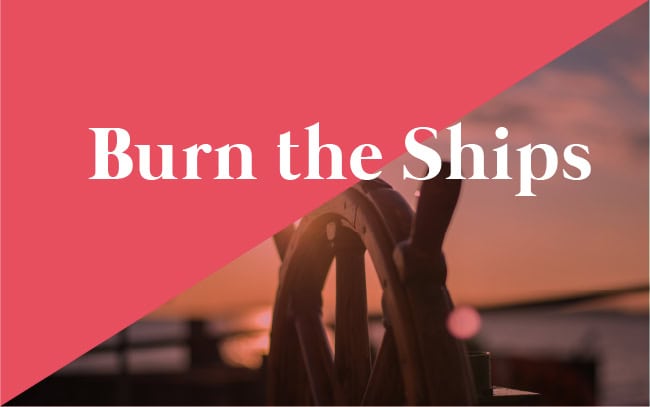
by Kerri MacFarlane | Oct 16, 2020 | Blog, Early Sobriety, Helpful Tips, The first Year
In the year 1519, Hernán Cortés, a Spanish conquistador, arrived in the New World with six hundred men and, upon arrival, ordered his men to, ‘burn the ships’. ?⛵️ His logic behind this wasn’t to go down in the history books as the conquistador loco that ordered his men to destroy his ships. Nope. It was to send a message to his men, a loud and clear message…
…there is no turning back…his men would have to conquer, or die.
Two years later, in 1521, Hernán Cortés conquered the Aztec empire. HIs ‘burn the ships’ strategy worked! Although, guys! His men didn’t even really burn the ships, they sunk them! ?? And that fun fact, my friends, wraps up our history lesson.
But there is a life lesson in this story that I do want to talk about. The story about Hernán Cortés, in its simplest form, is really just about commitment.
Retreat is easy when you let yourself have the option.
On February 15th, 2019, while attending my very first Recovery Elevator event, Nashville LIVE…I hit 100 days sober. I can remember how excited I was when I did the math and realized I would be there on that day. But I was also terrified! Flying across the country, alone, to go meet members from my online recovery community, that I only knew from Facebook…was stepping way outside of my comfort zone. It was scary, I was so nervous I almost canceled the trip. Strangers scared me. People scared me.
At that point in my sobriety, counting days was very important to me. There were days, even weeks, in the beginning, when counting those days was all I could focus on. But that got me to day 100. The first day 100 in many, many years.
Knowing myself, and finally being honest with myself, I knew that I would have to do something more than count days and read quit lit if I was going to make it another 100 days. I needed more accountability and I was going to have to get uncomfortable. So I bought that plane ticket to Nashville. And I secretly made plans to publicly share my milestone of 100 days sober on social media.
It’s not just a coincidence that my 100th day fell 100 days after my (last?) rock bottom moment. I’m not going to go into anymore of my story right now, if you’re curious you can listen to my interview – Recovery Elevator Episode 255.
When it came time to press “Post” I was a mess of sweaty, shakey, nerves. Even admitting to the people that knew, from personal experience, of my drinking problem was hard. I was embarrassed, filled with shame and guilt. My anxiety was still at an all time high, almost paralyzing at times.
There is this stigma associated with addiction, and too often it keeps people from admitting they have a problem or from seeking help. The word ‘alcoholic’ brings up images of a person living under a bridge, drinking from a brown paper bag.
I often felt damaged, defective, less than. I knew that in order for me to move forward in life, to break the cycle I had been on, that I would have to do something drastic.
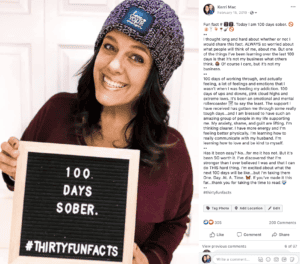
This public post on Facebook was my ‘drastic’. ??
I have never regretted posting it. As I started getting the notifications from comments and likes I was afraid to go read them. When I finally did I wanted to cry. Happy tears. ? Grateful tears. I was overwhelmed and speechless by all the positive, encouraging, supportive and ‘I can relate’ messages that I got. I was shown nothing but love.
This single scary ‘burn the ships’ post 100 days in busted down the door and has made it easy for me to continue to share my journey. Using my story and my voice helps keep me in check, and it helps others know that they are not alone.
Fast forward to today…In the few days before sitting down to get these words out I was doing a lot of thinking about my 100 day post, trying to remember the way I was feeling, what emotions I was experiencing. What quickly came to mind was how scared I was. Putting yourself out there like this, being vulnerable like this, is scary. And once it’s out there…once that ship has been burned…it can’t be unburned! But that’s the point, right? I knew I had no other choice, I had to take action. If I didn’t, nothing would change. Even though I really wanted to get sober and live a life without alcohol, I was too scared to leave the comfortable and familiar. Burning the ships gave me the courage, strength, and the push, to step into a new life.
Have you burned your ships? Or do you always give yourself a way out?
It doesn’t have to be a public blast on social media like I did. That was a level 5 on the Burnometer! ?
There are different levels of burning the ships. Start with level 1, work your way up! They all will help establish another layer of accountability for you.
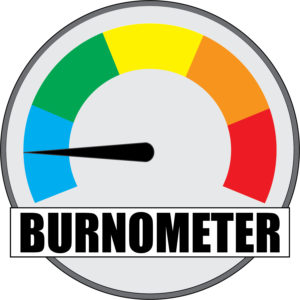
Level 1: Someone you don’t know well. This could be a store clerk, a barista, a friend from book club, but not a stranger.
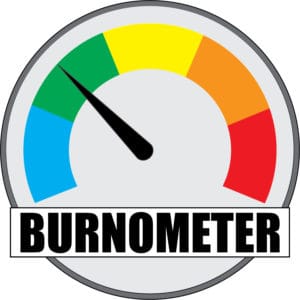 Level 2: Someone you consider a friend, or who you have regular monthly interaction with. This is an acquaintance from the gym, a neighbor, restaurant employee.
Level 2: Someone you consider a friend, or who you have regular monthly interaction with. This is an acquaintance from the gym, a neighbor, restaurant employee.
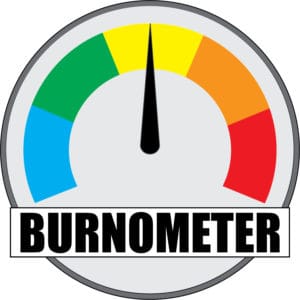 Level 3: This is someone you interact with on a weekly basis. Co-worker, good friend, running partner, or hiking friend.
Level 3: This is someone you interact with on a weekly basis. Co-worker, good friend, running partner, or hiking friend.
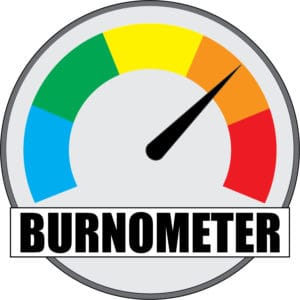 Level 4: Meeting with a close group of friends, family, spouse, in person conversation. Immediate family.
Level 4: Meeting with a close group of friends, family, spouse, in person conversation. Immediate family.
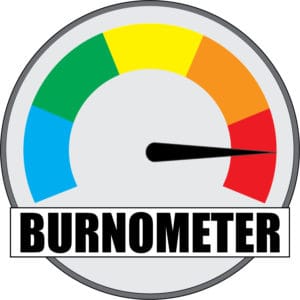 Level 5: FB Live, Podcast, Social media post, family meeting, airplane with banner in the sky.
Level 5: FB Live, Podcast, Social media post, family meeting, airplane with banner in the sky.
I challenge you to pick a level above, find someone that fits the description…and burn baby burn. ?
Please come back and share your experience with me!
Until next time, be well.
KMac ??
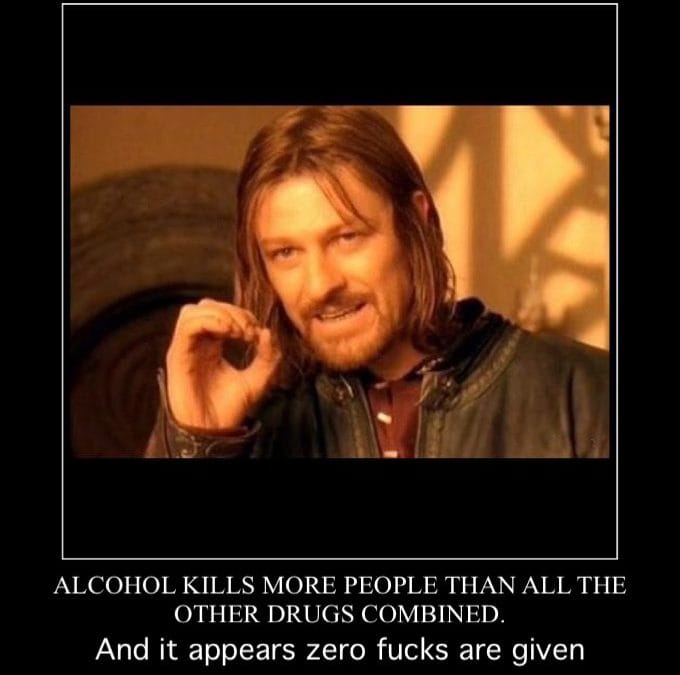
by Paul Churchill | Feb 12, 2017 | Blog, Sober Meme, The Bottom, The first Year
Sober Recovery Memes
One of my favorite things to do while traveling is create sober recovery memes. They are all related to my memories of drinking and creating these recovery memes is a great way to add humor to my recovery. I’ve created over 100 sober memes and plan to keep on making these recovery memes as long as I am sober. Well, if I do drink, which isn’t the plan, I’ll continue to make memes about how drinking sucks.
You can see that the rock star in my life is my best friend Ben who is a standard poodle. When drinking, I often skipped his meals, didn’t deliver on promises of taking him on walks and overall was a sub par dog owner. Now things are much different as these sober recovery memes indicate.
Humor in recovery is essential and sober memes is a great way for me to express my creativity and smile. Sure there were tough times in the past when I was drinking, but looking back on these drunken moments and letting go is a big part of my recovery.
Be sure to add plenty of laughter to your recovery and don’t take yourself too seriously.
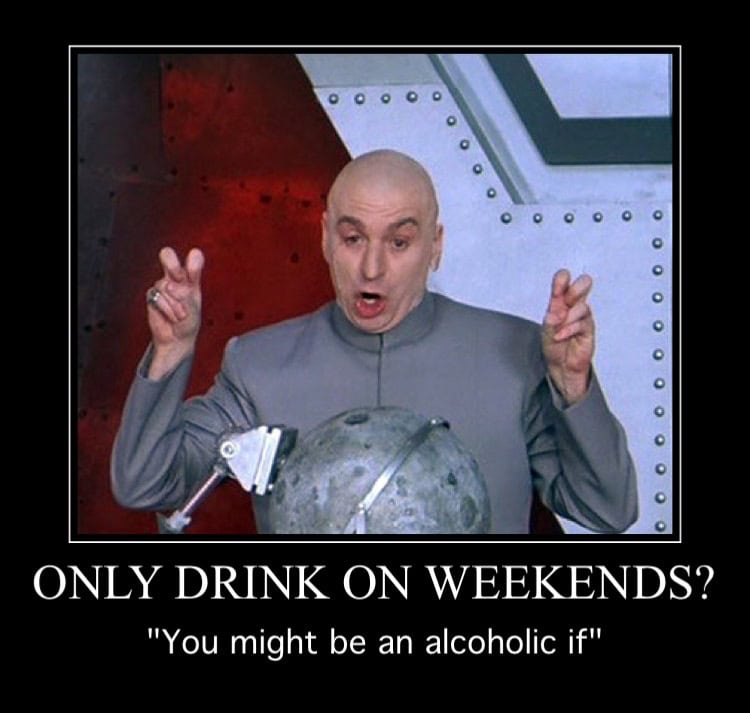

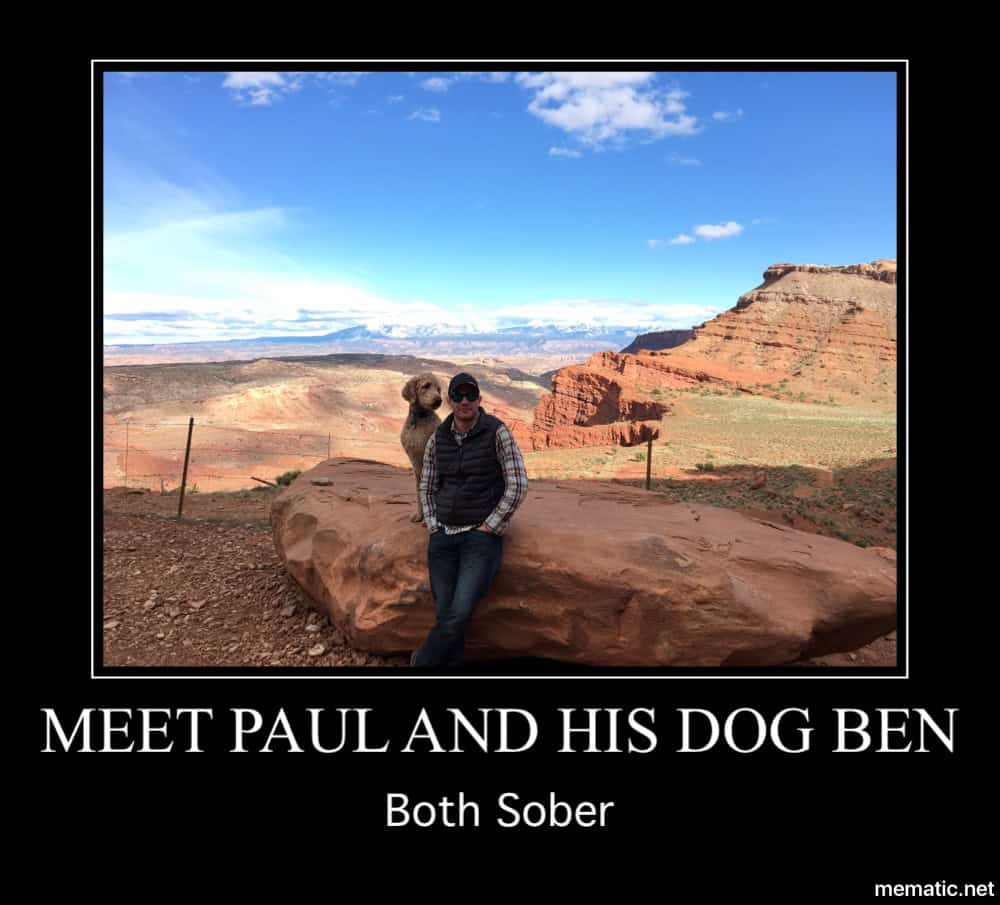
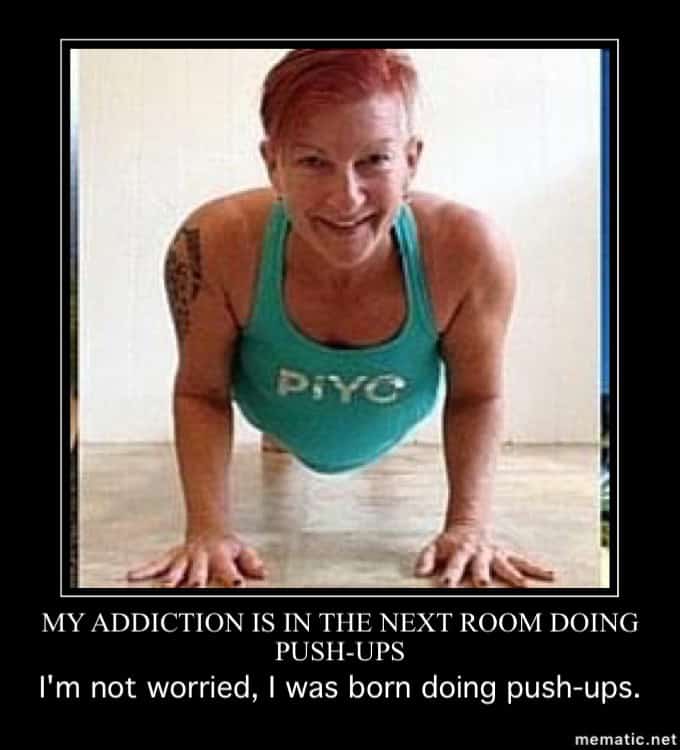
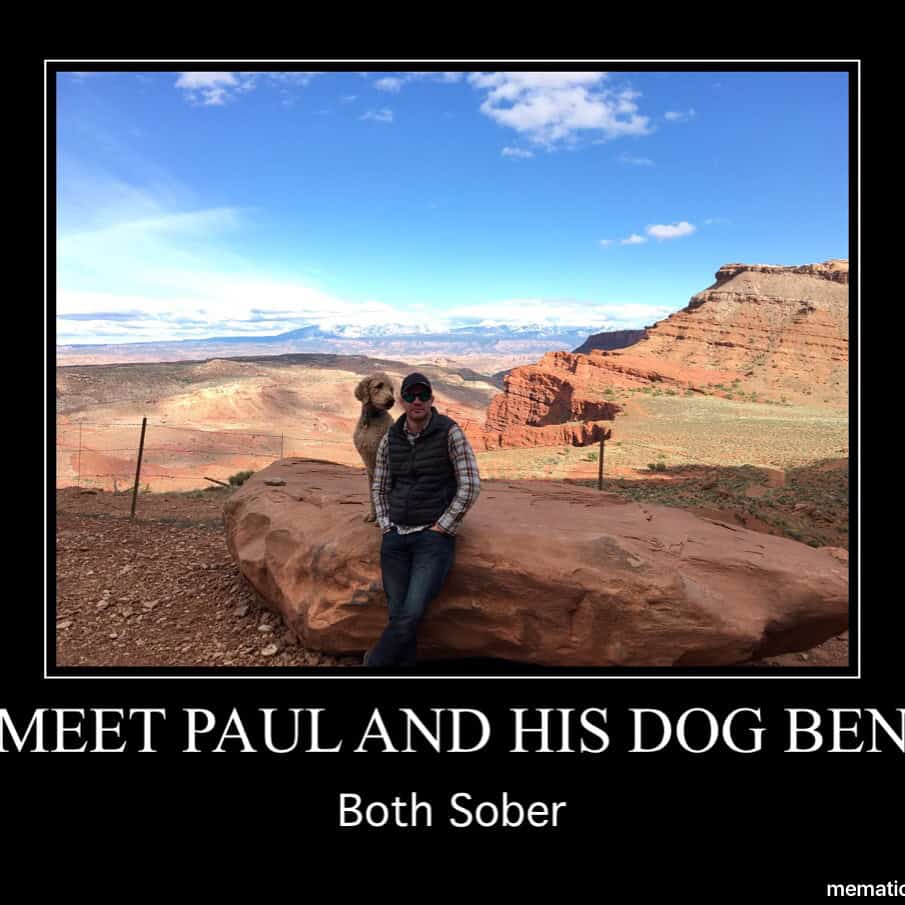
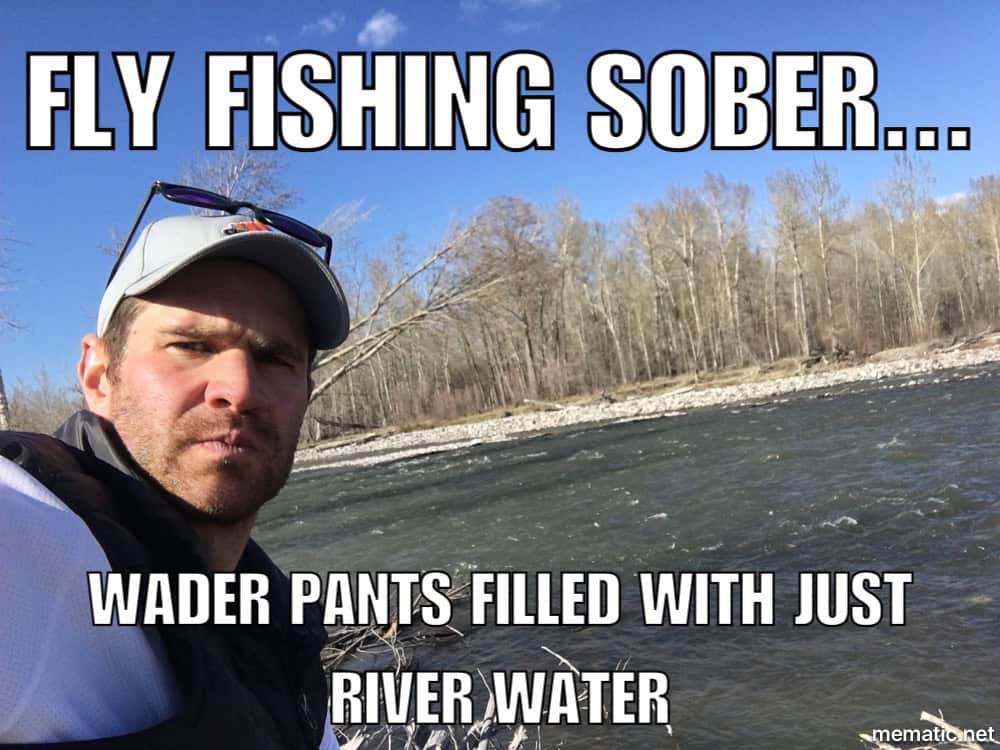

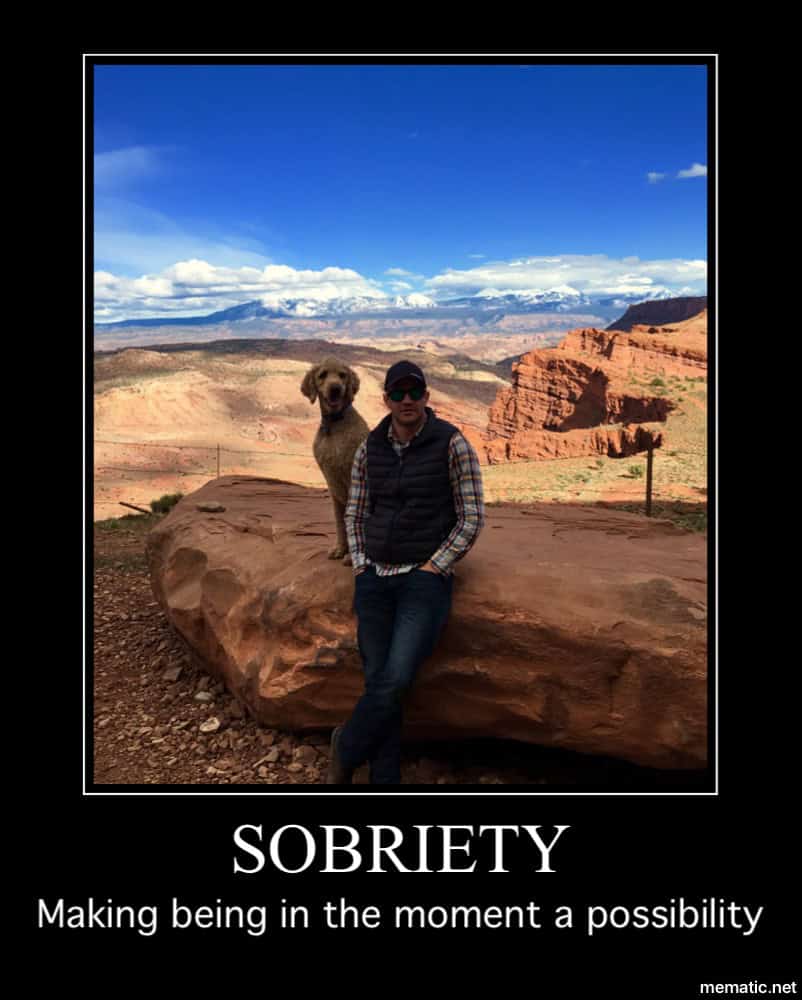
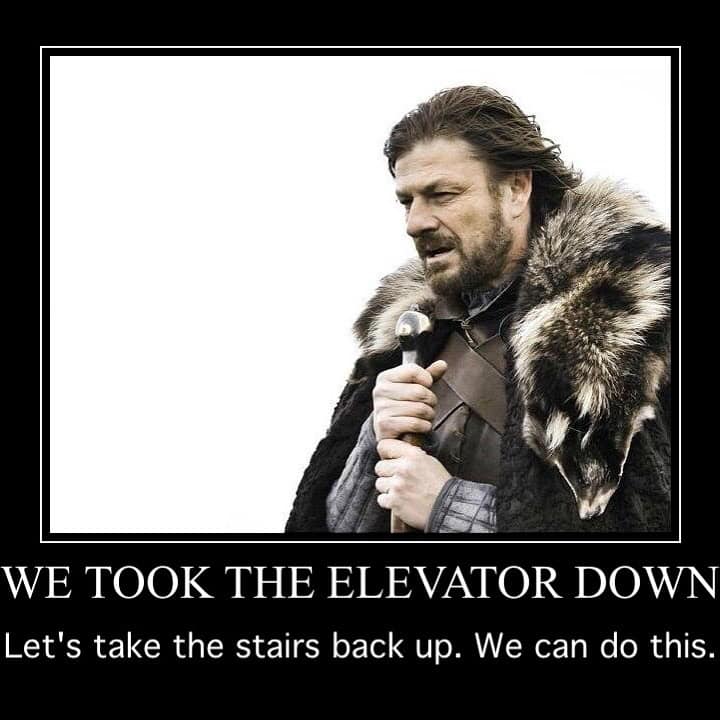
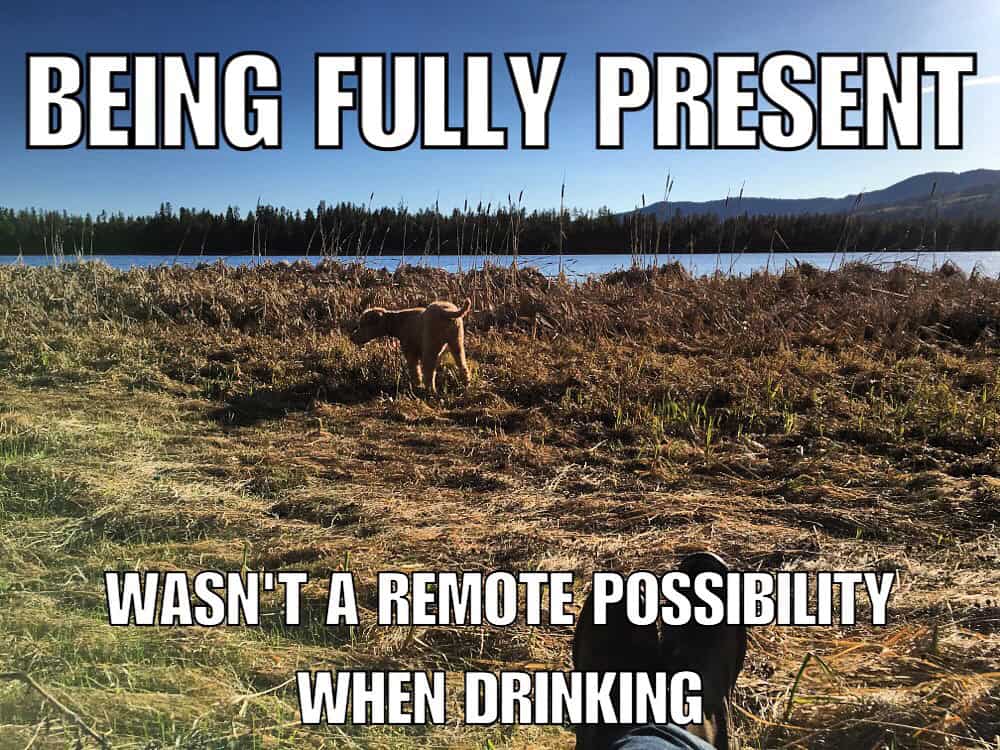
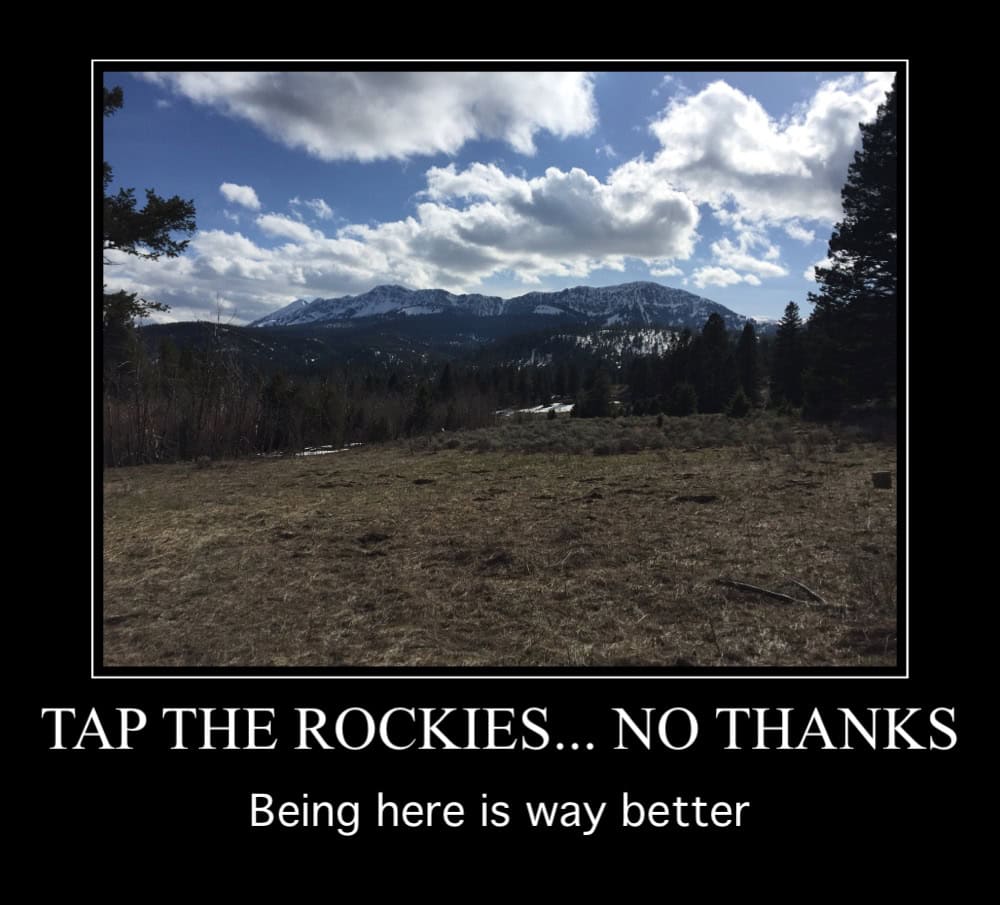
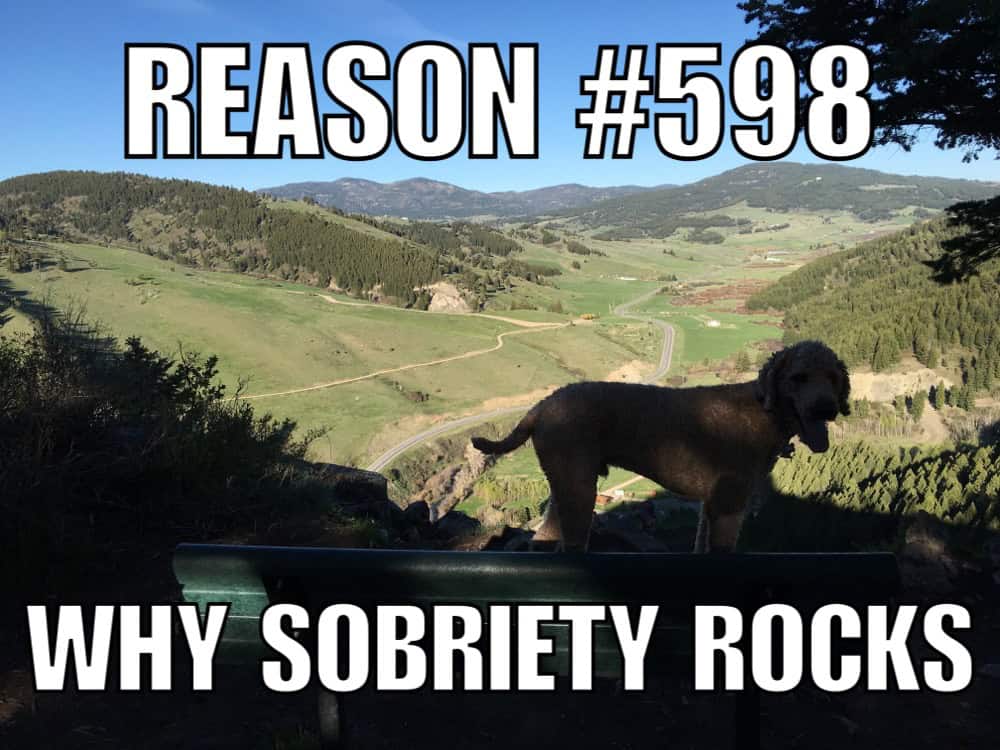

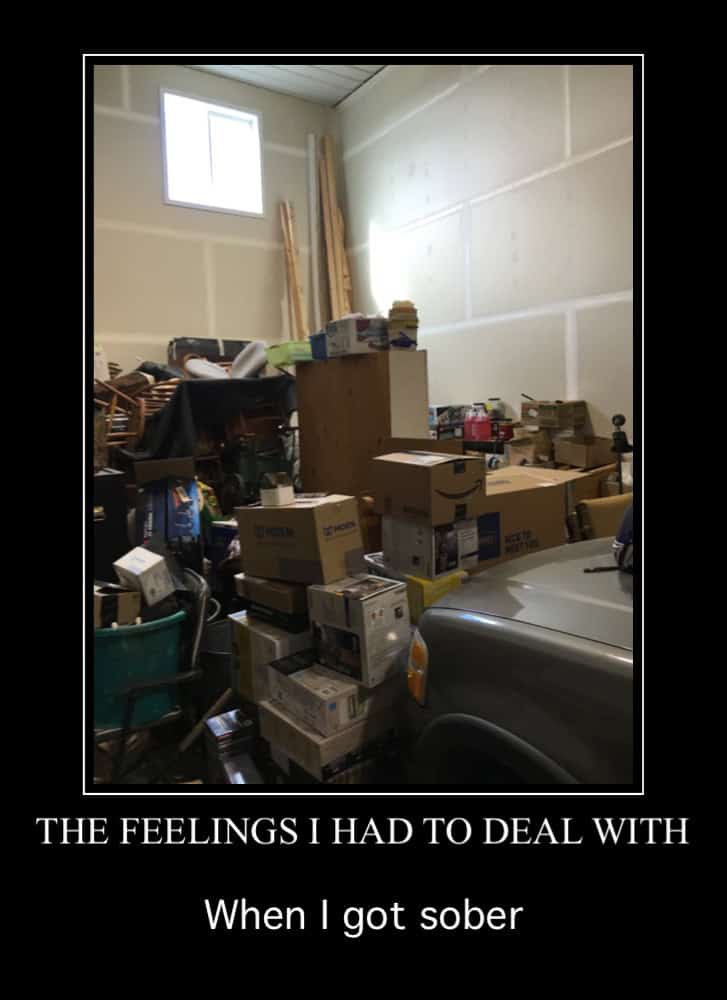
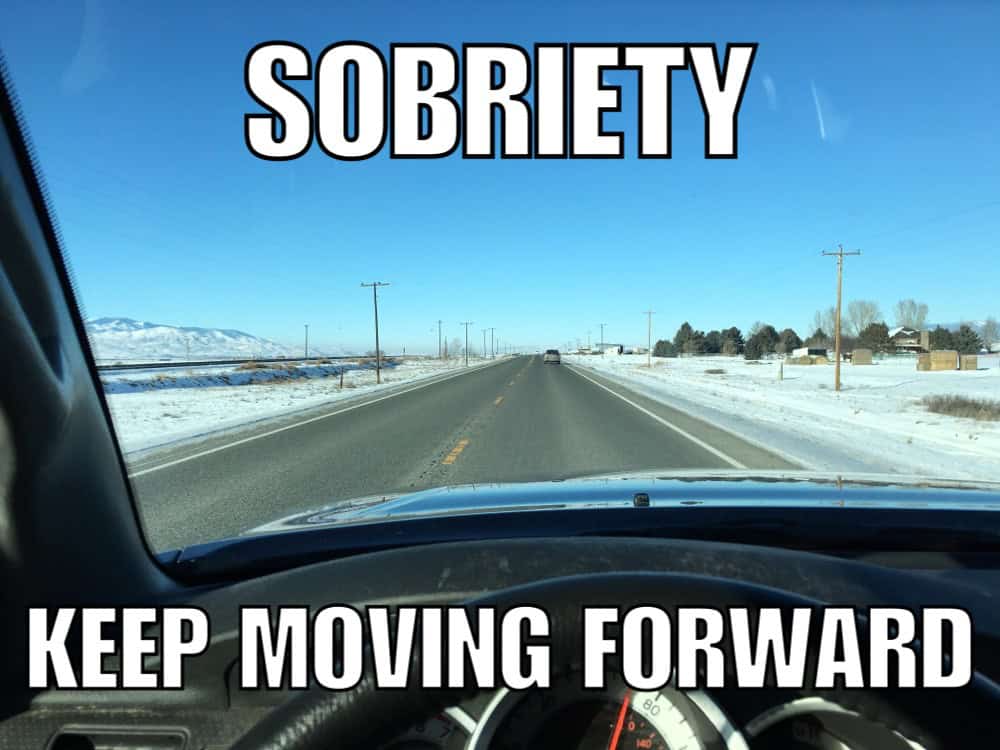
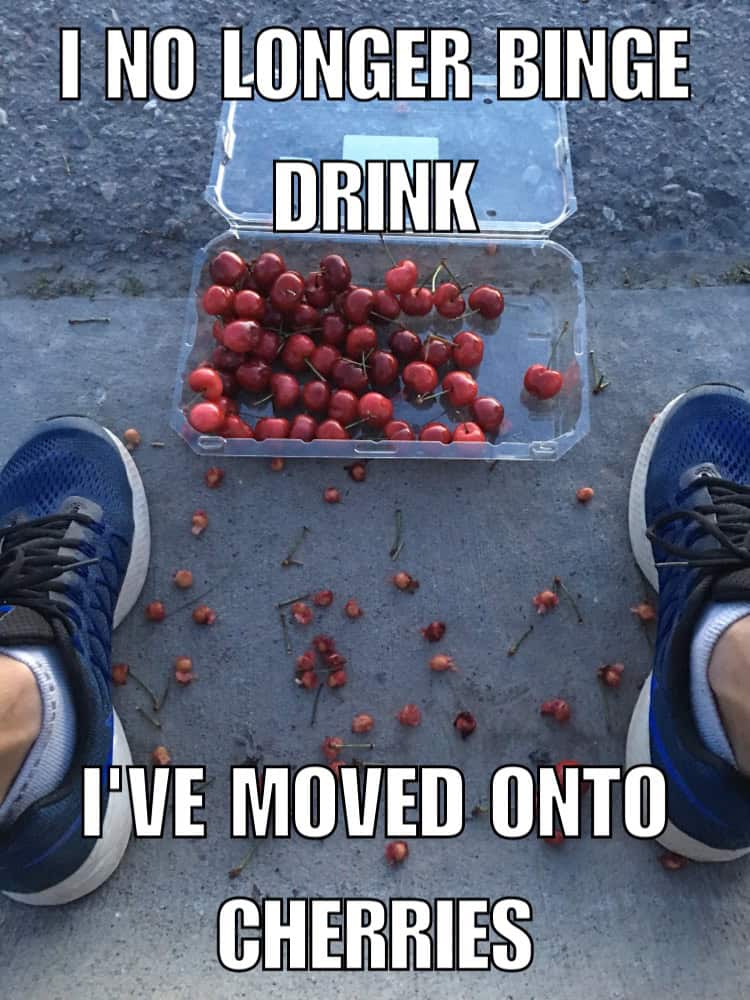
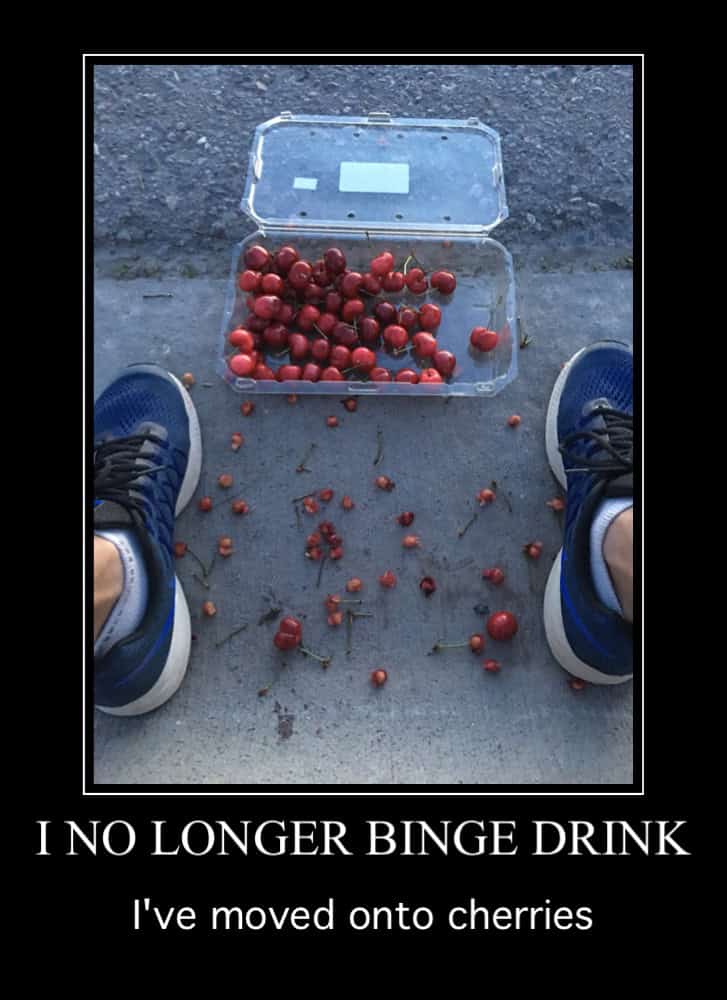
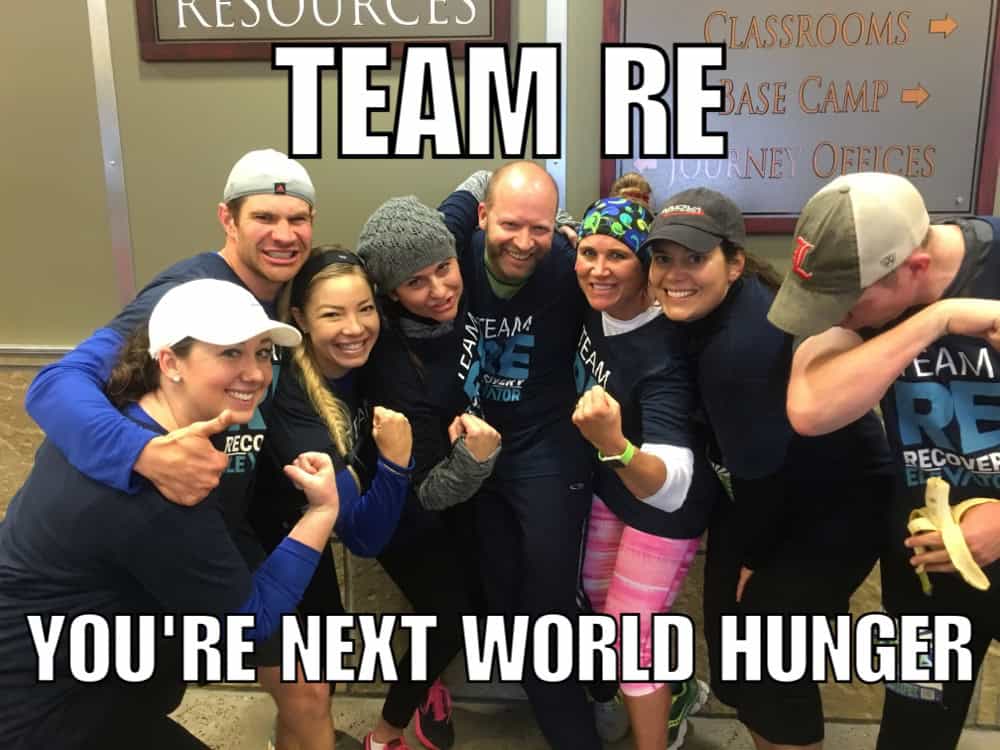
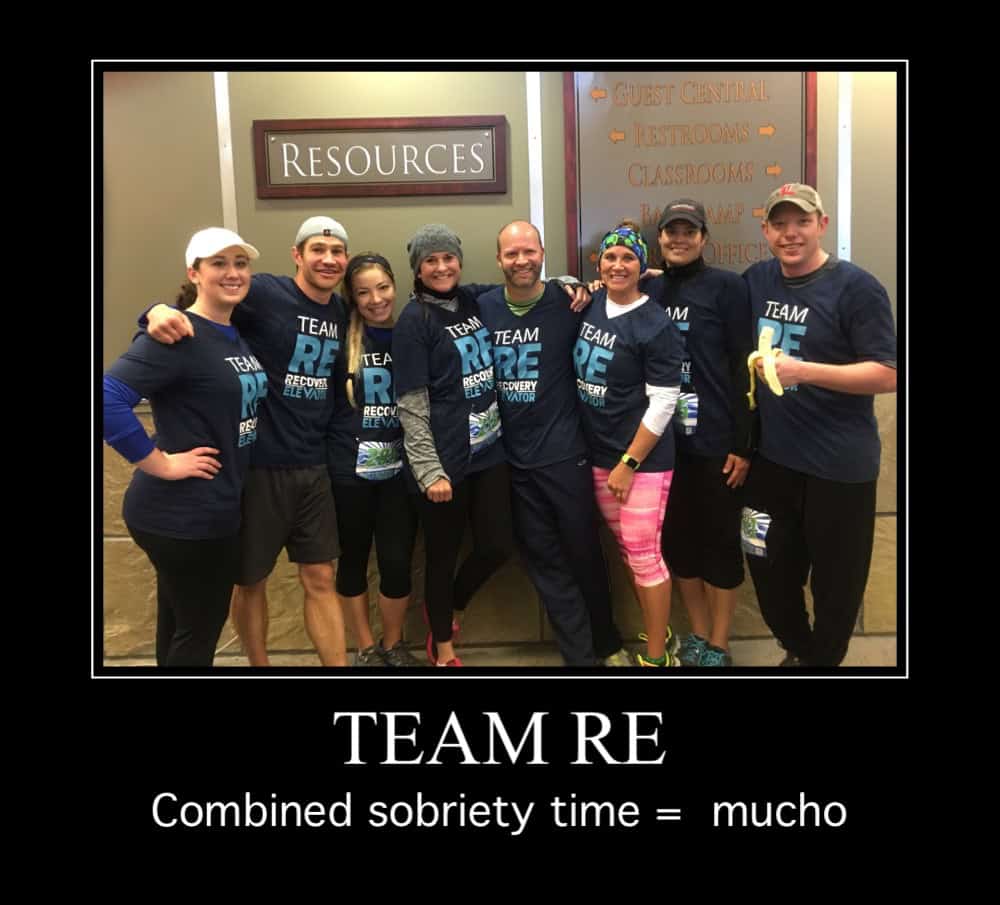
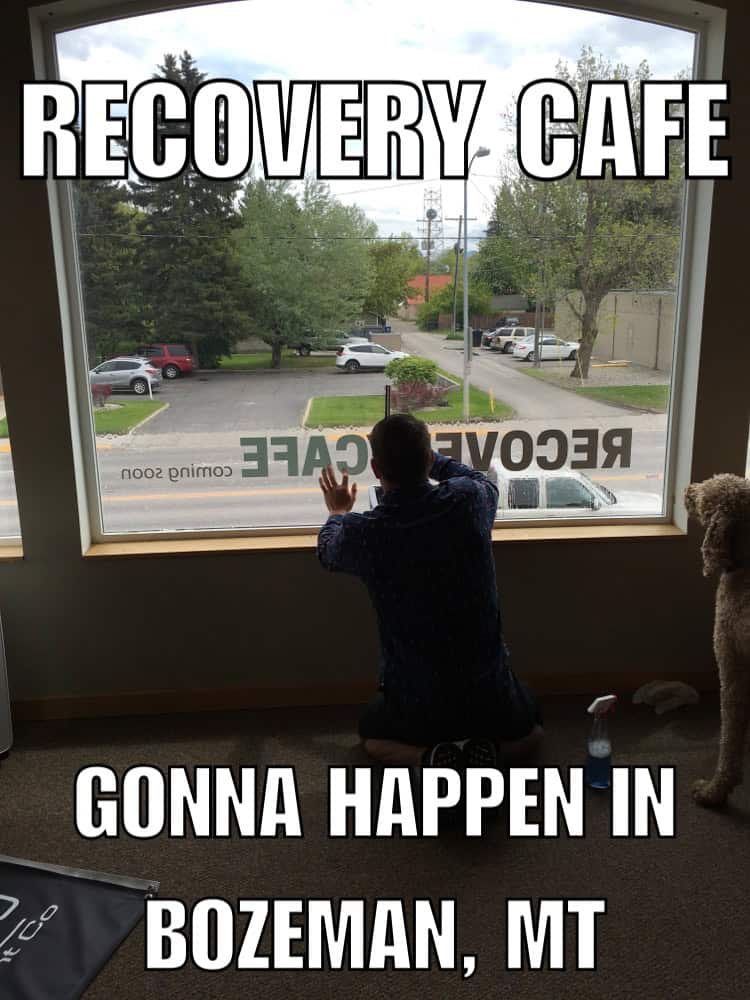
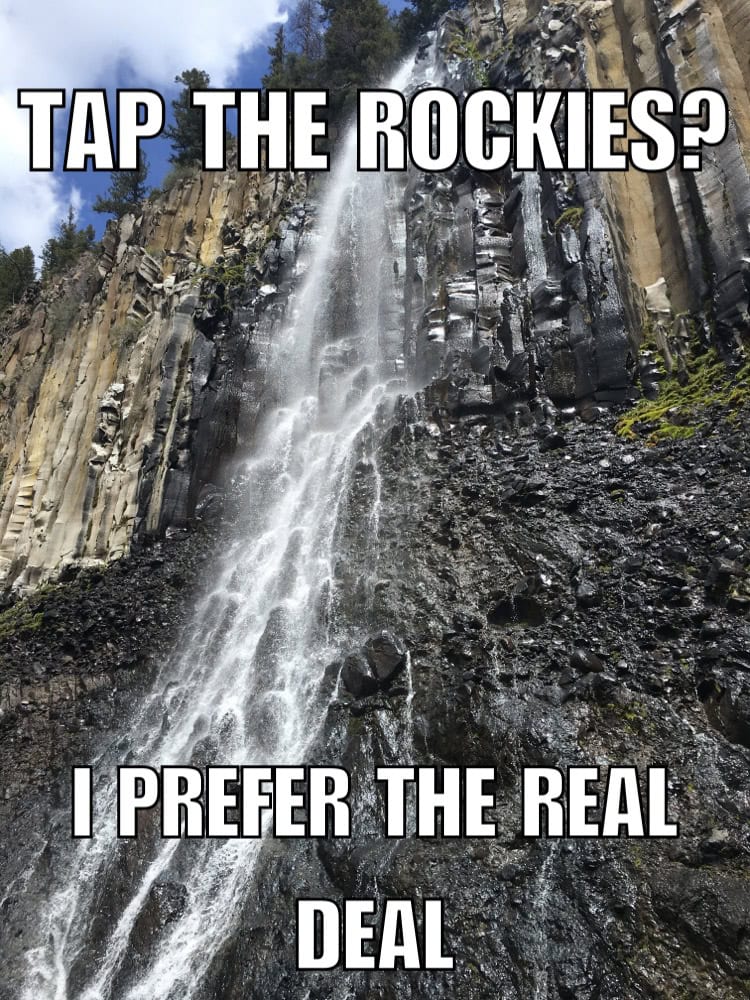
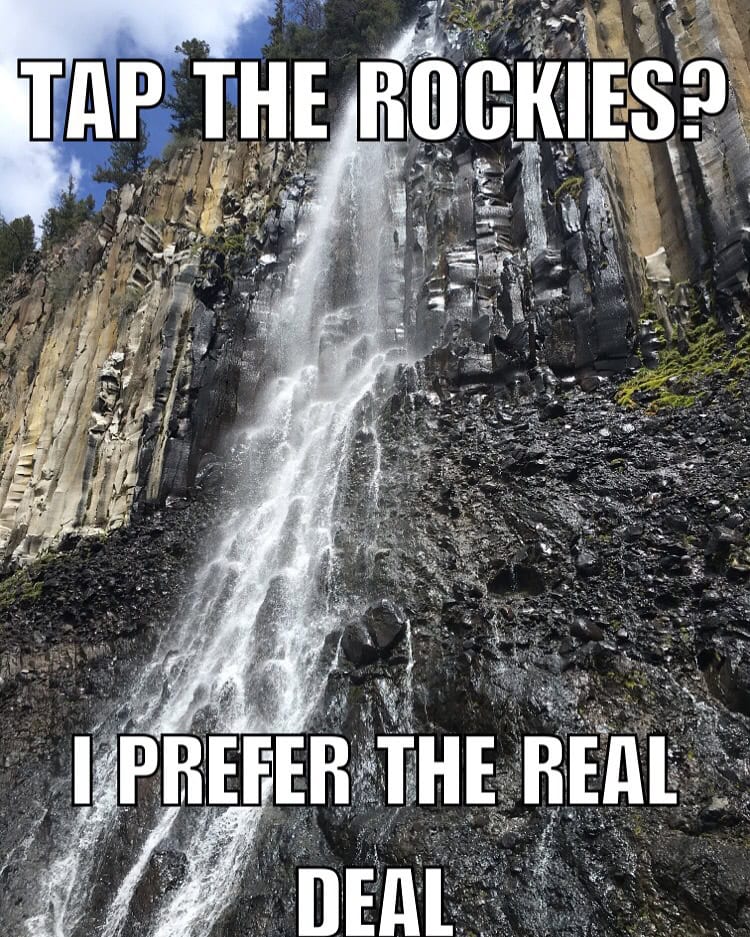
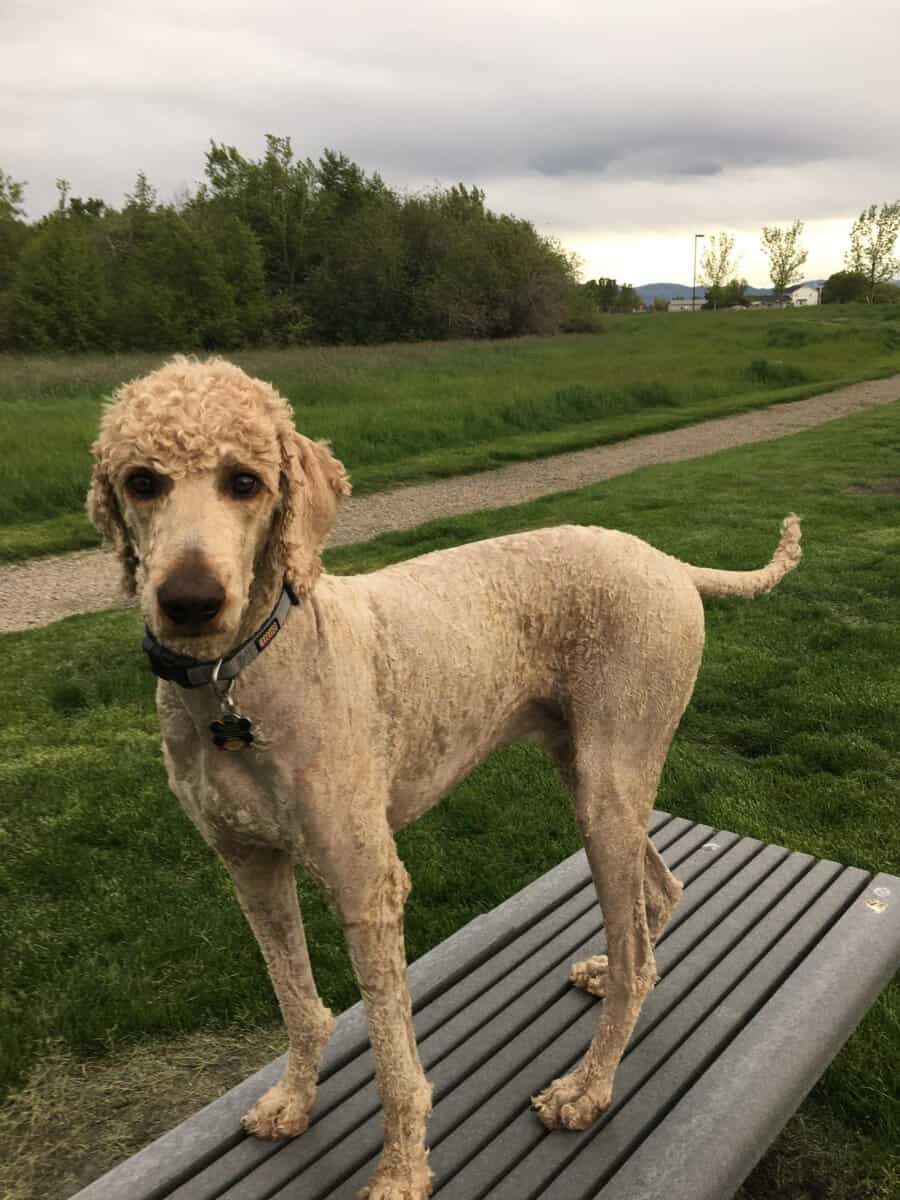
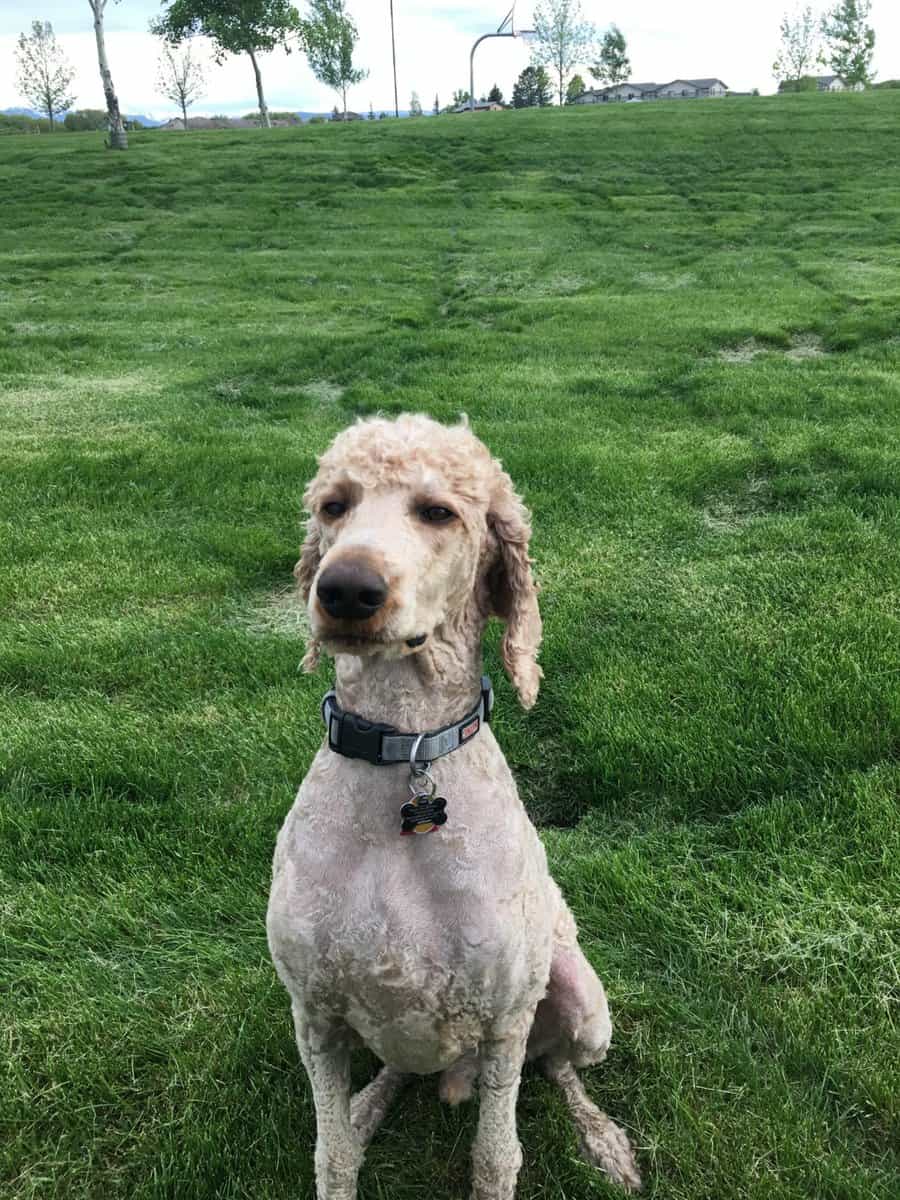
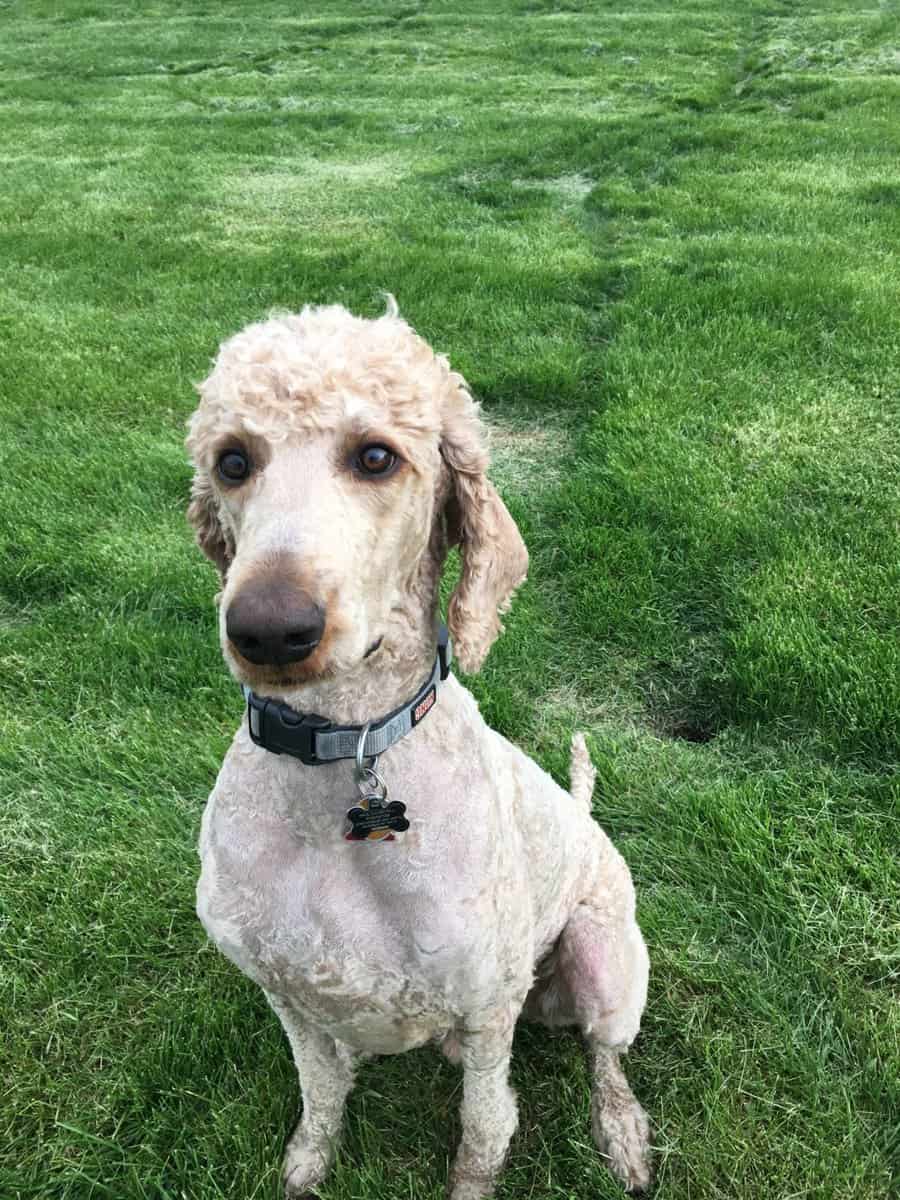
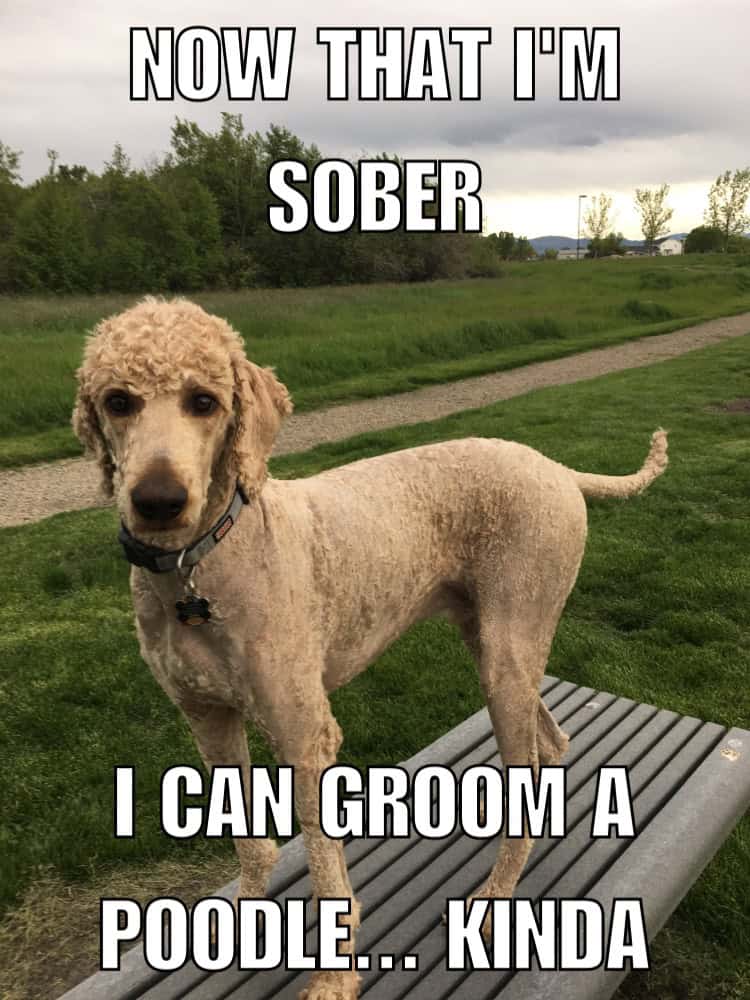
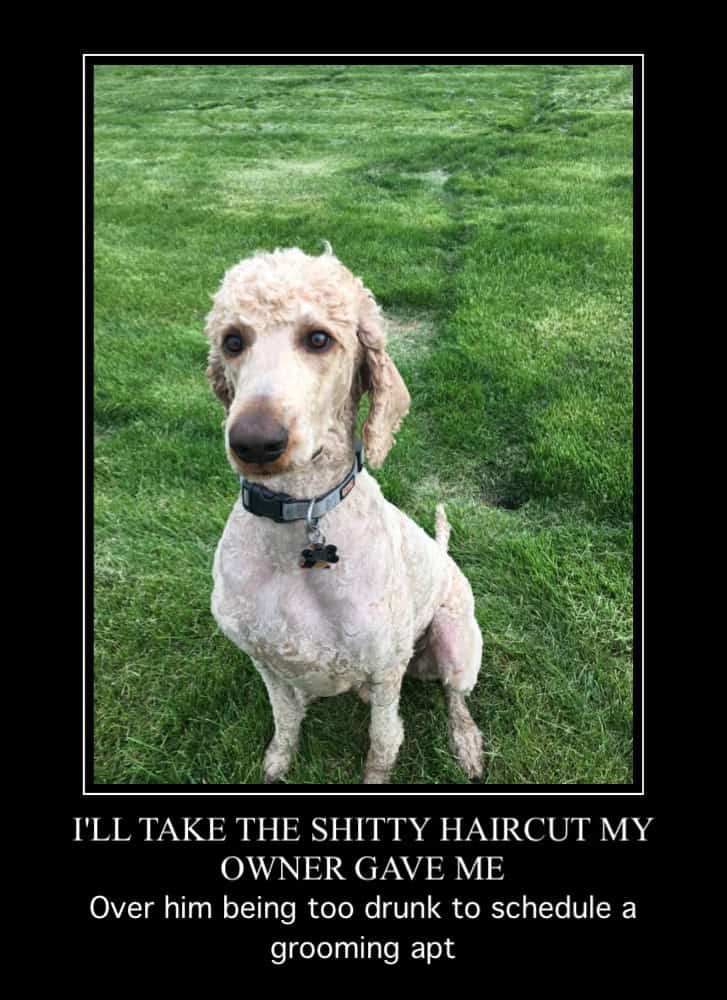


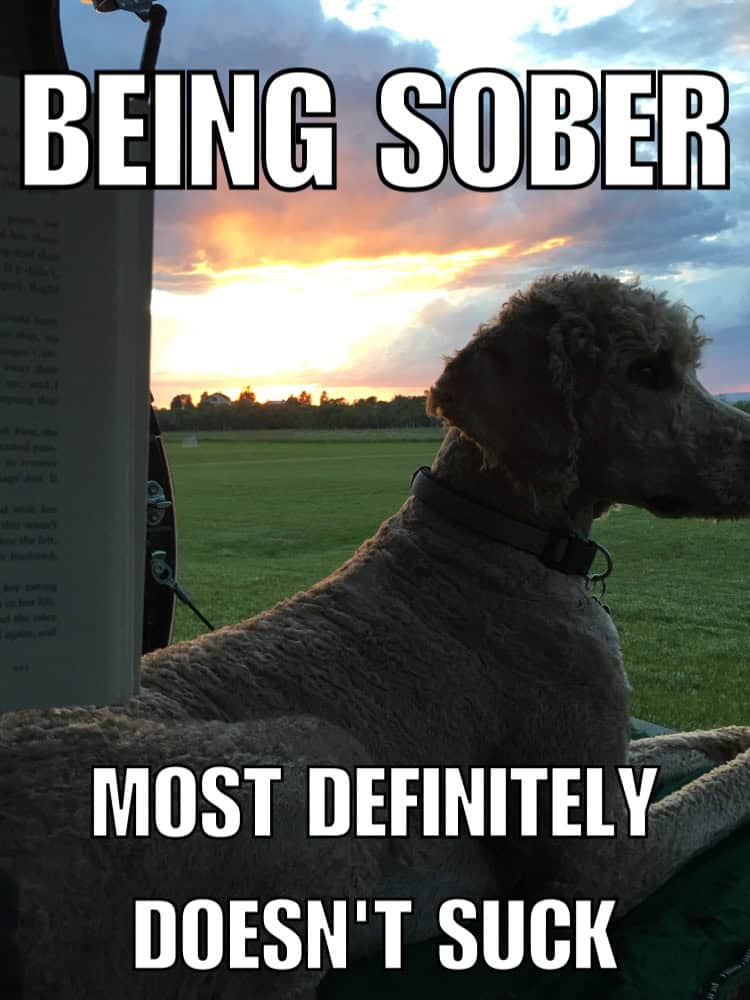
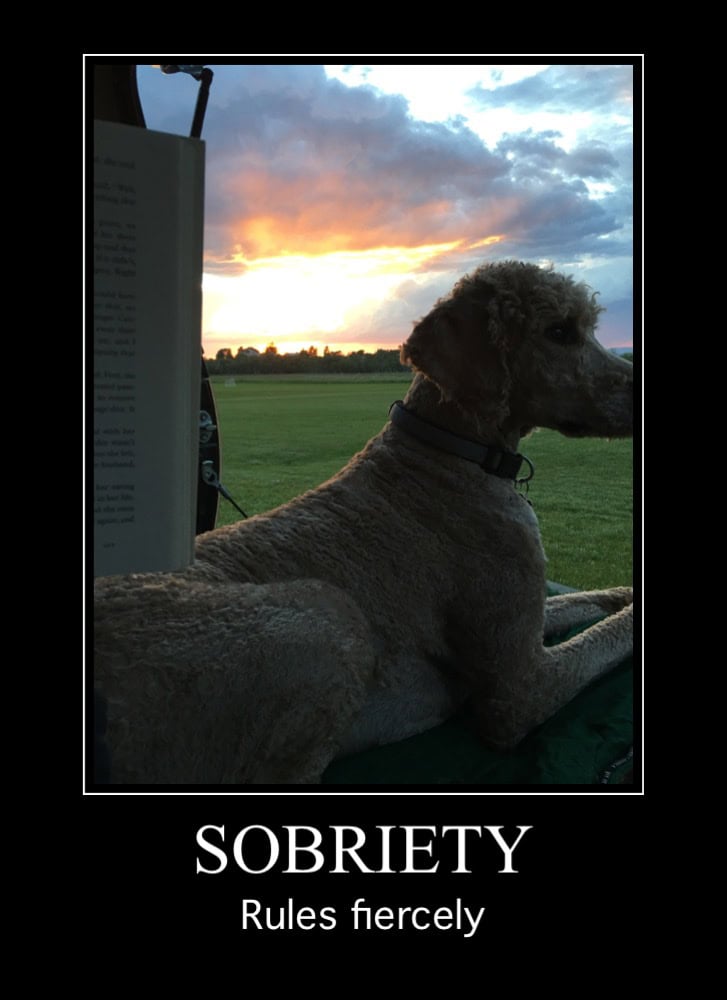
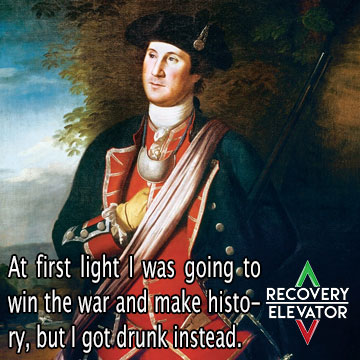
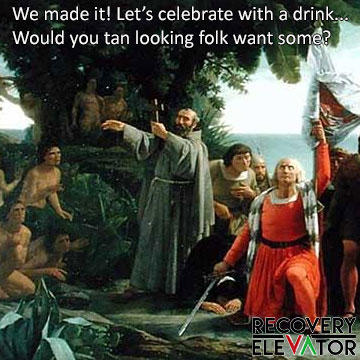

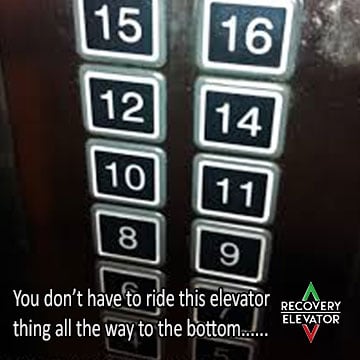
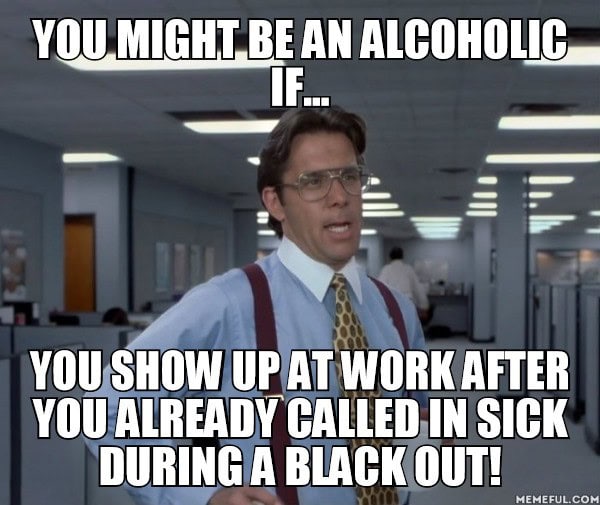

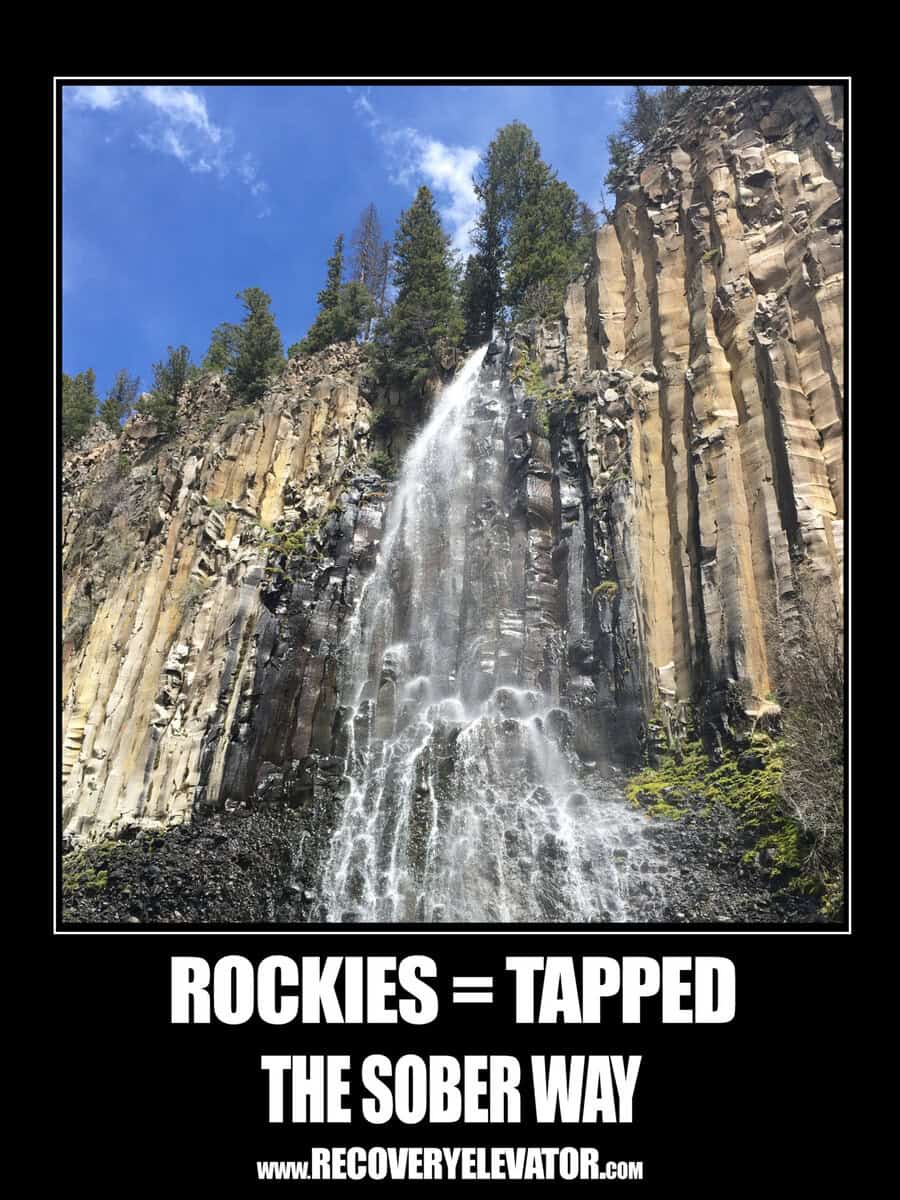
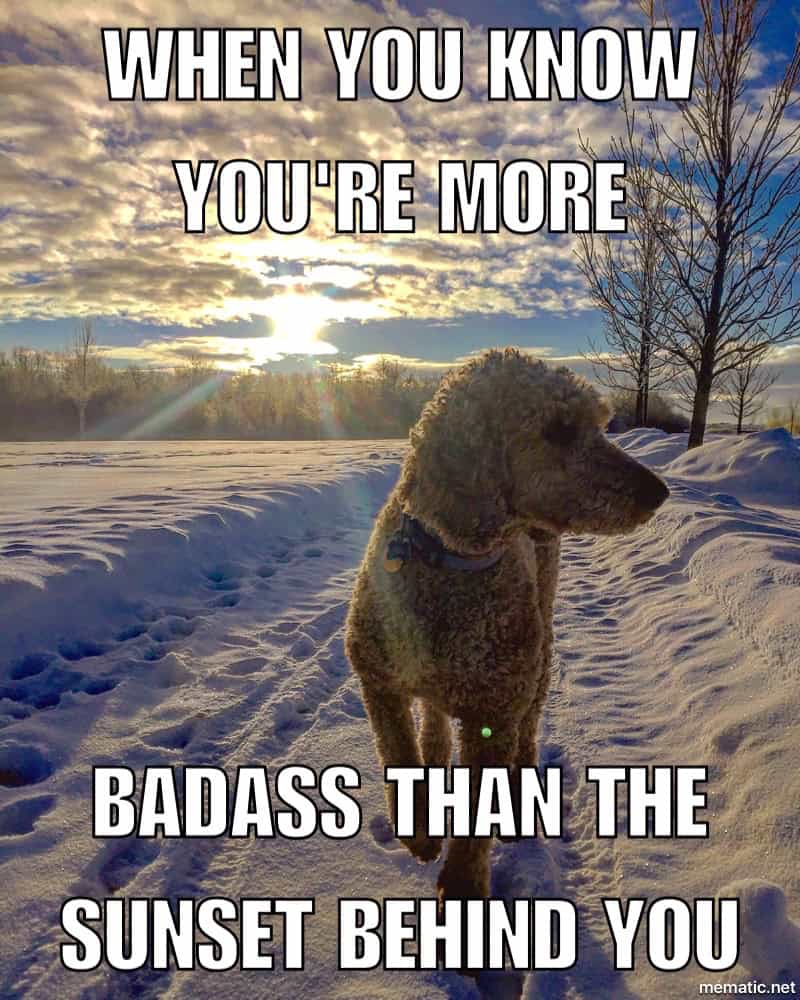
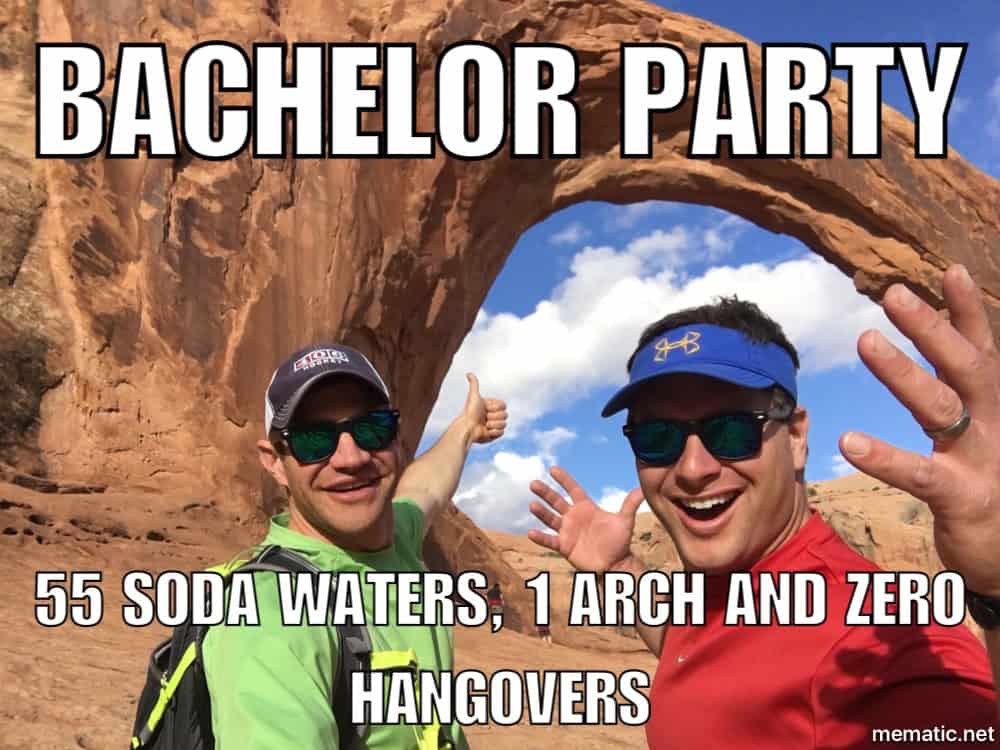
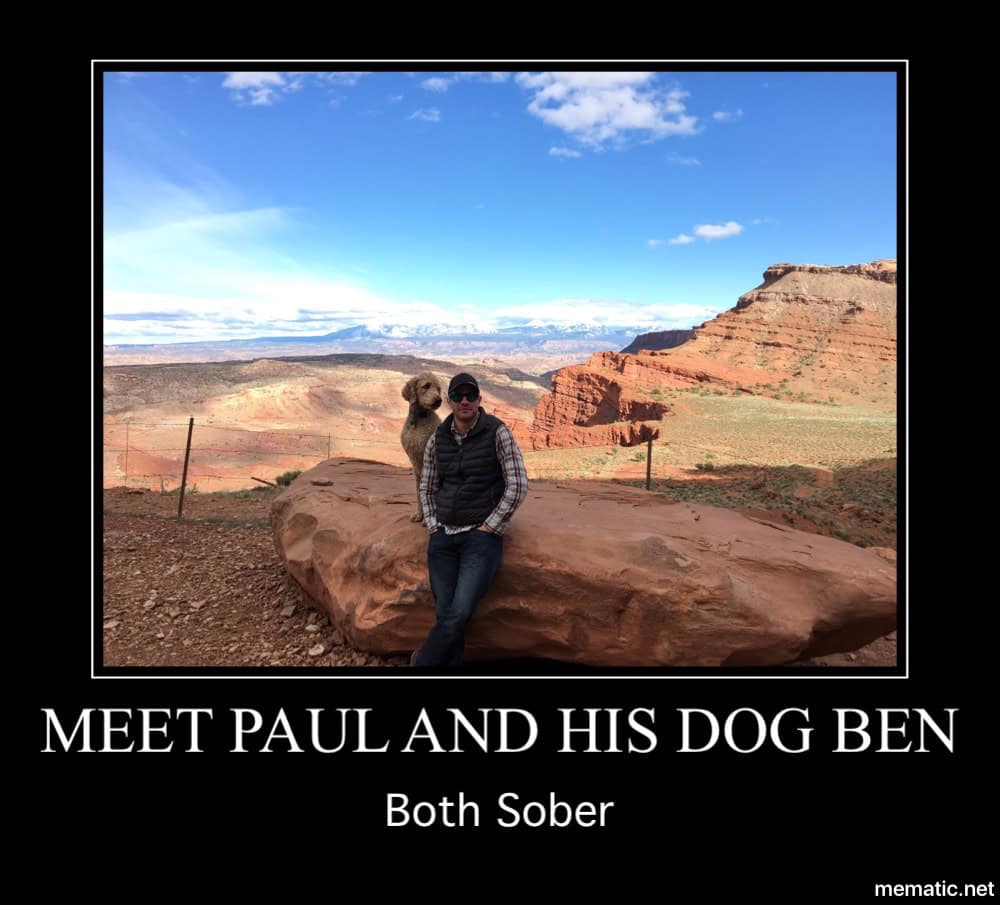
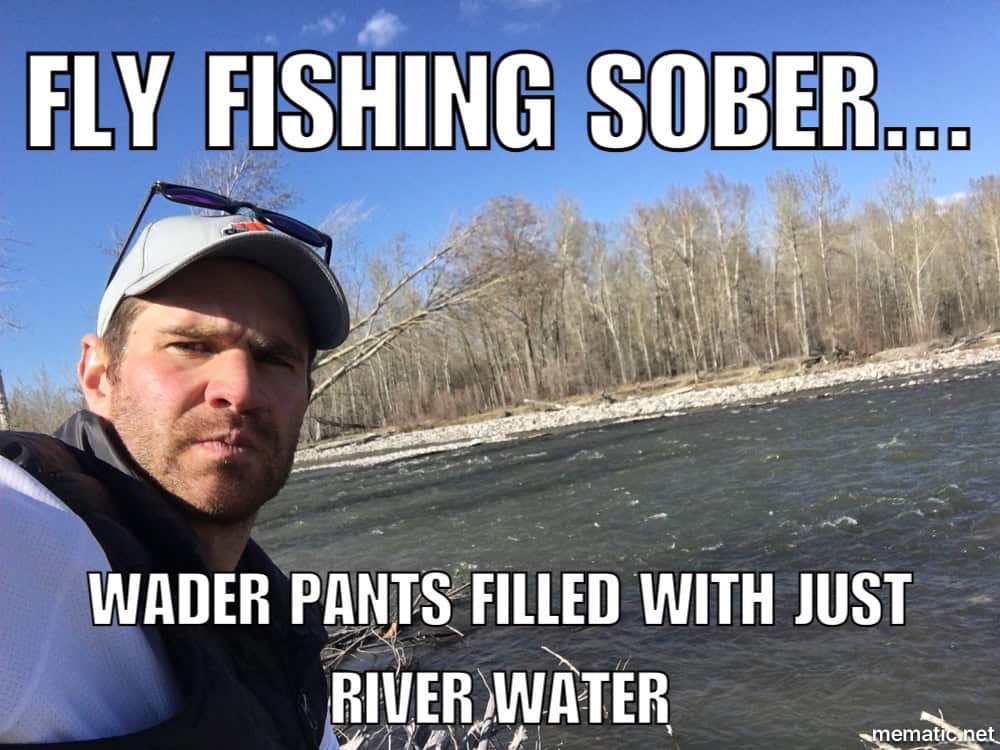

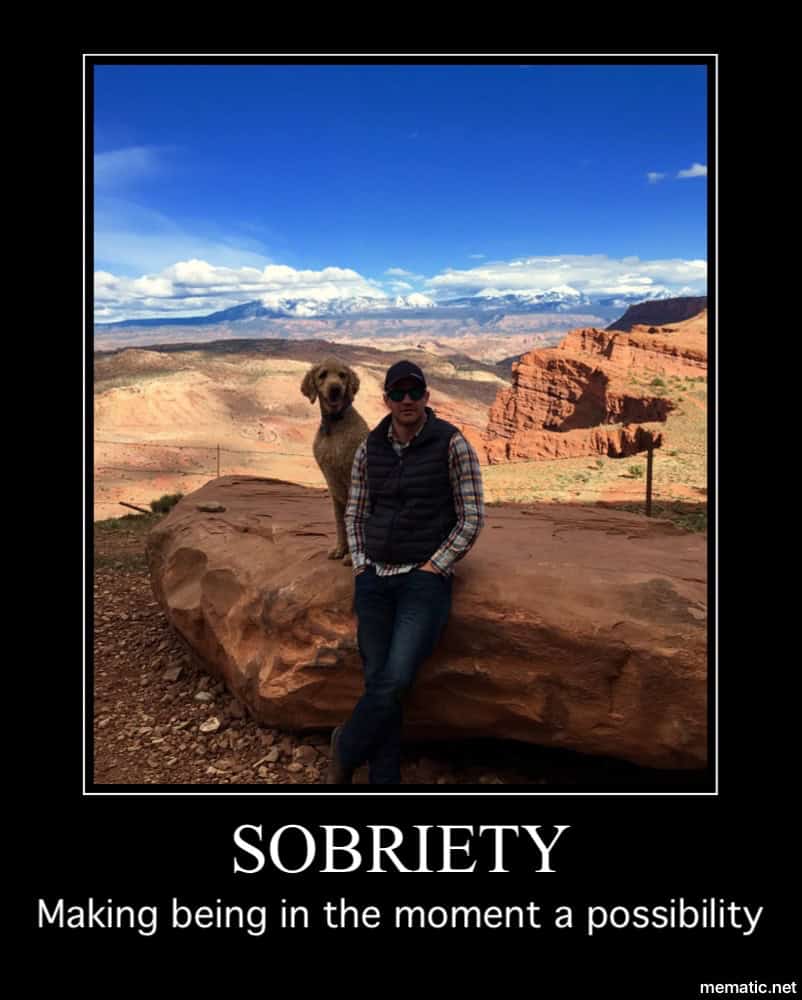
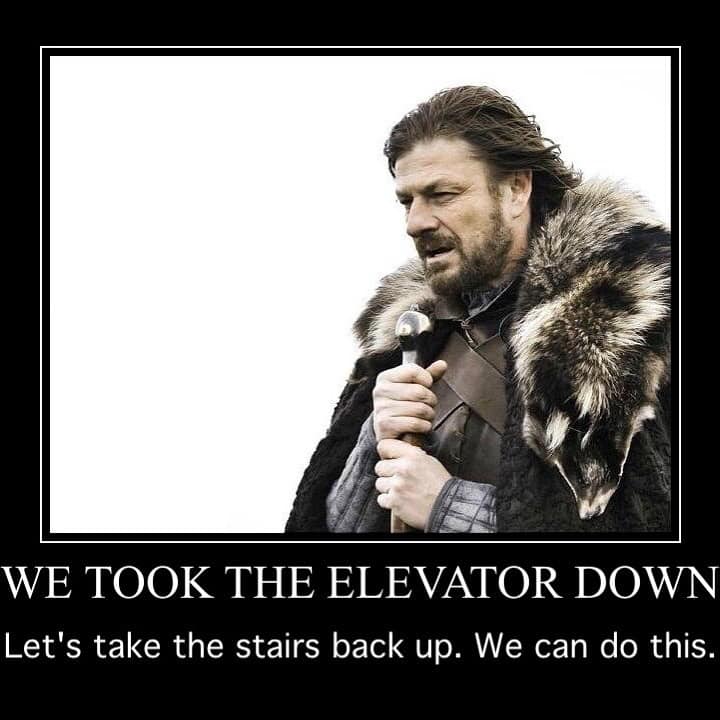
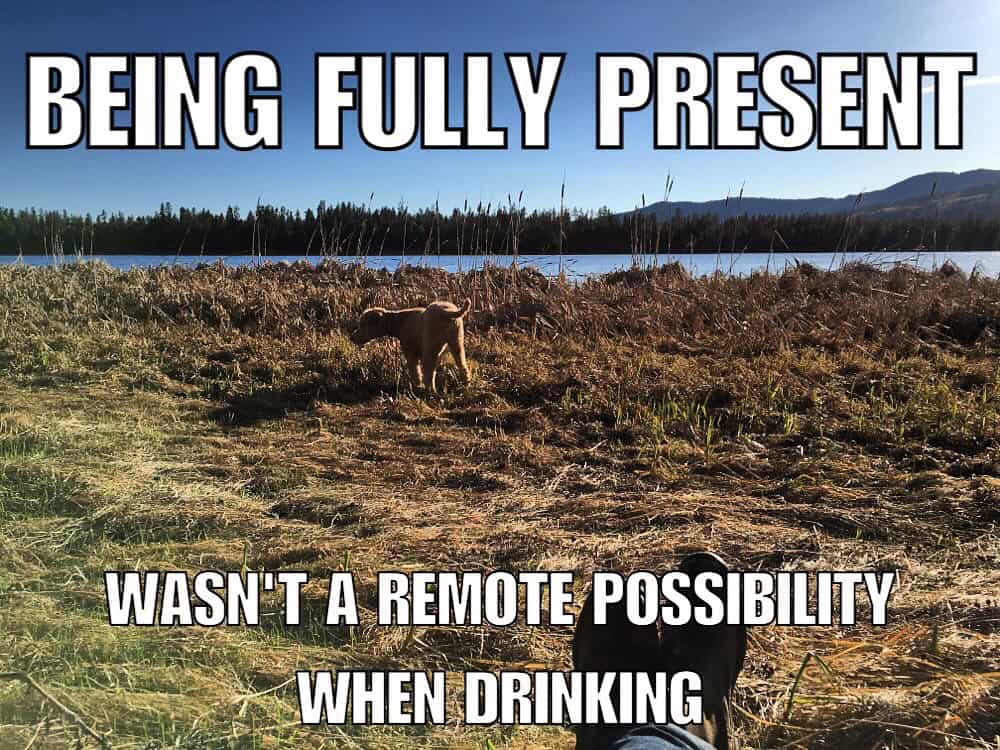
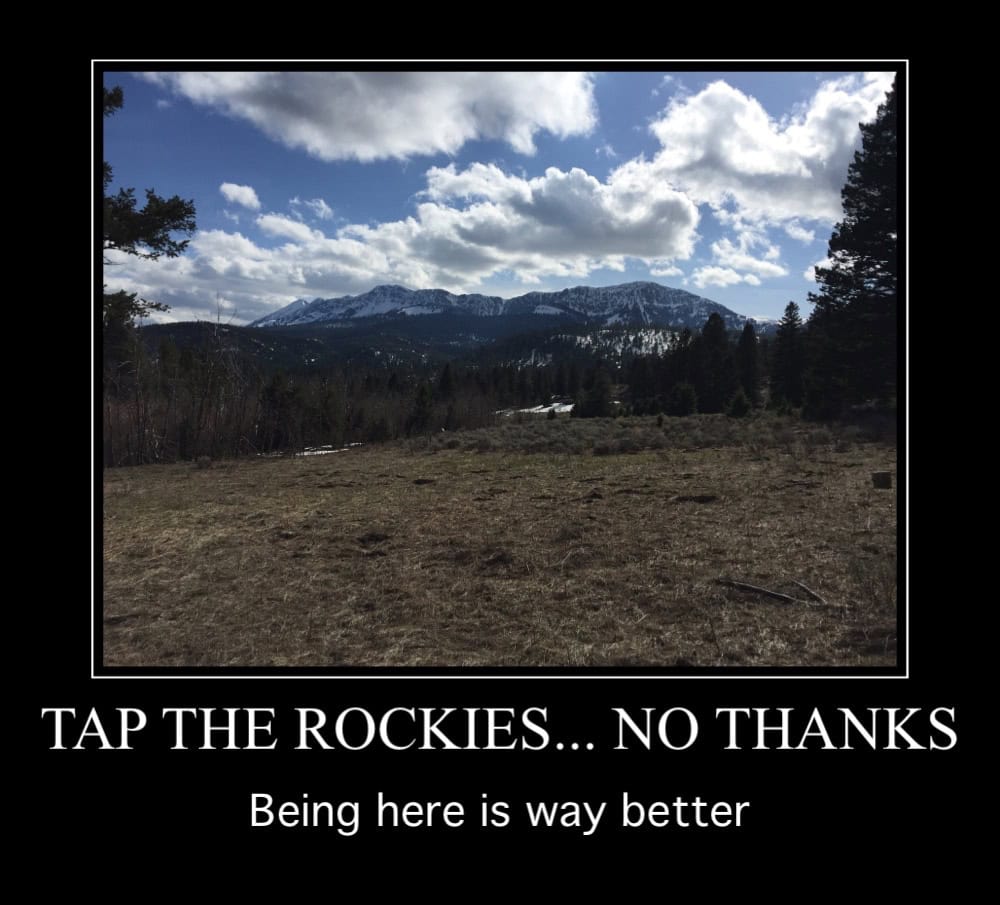
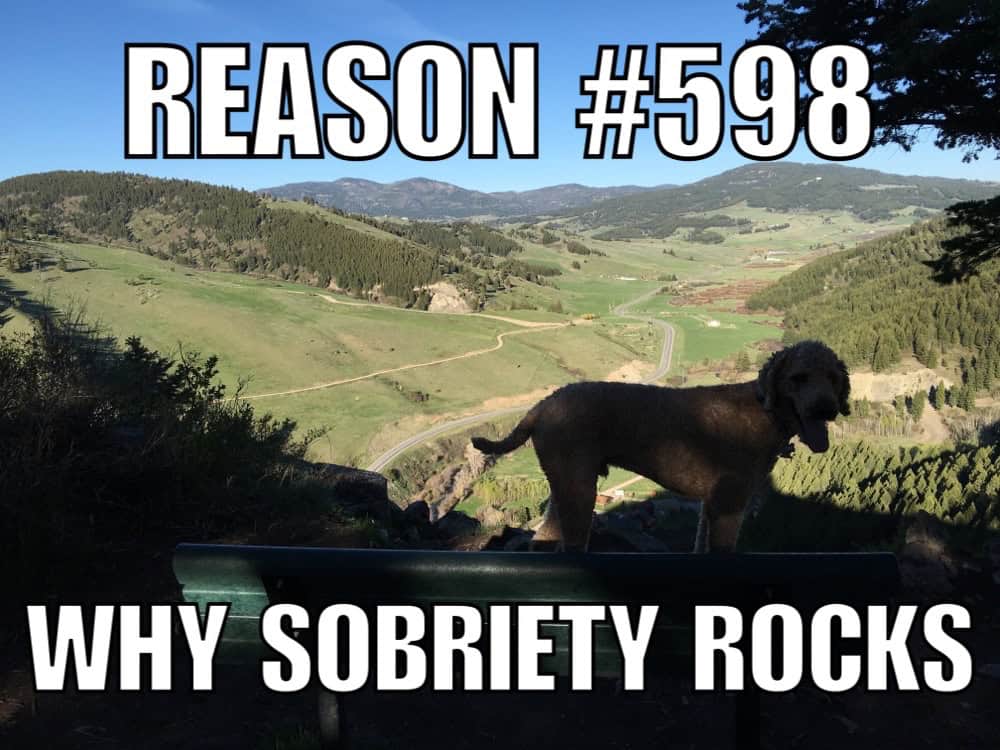
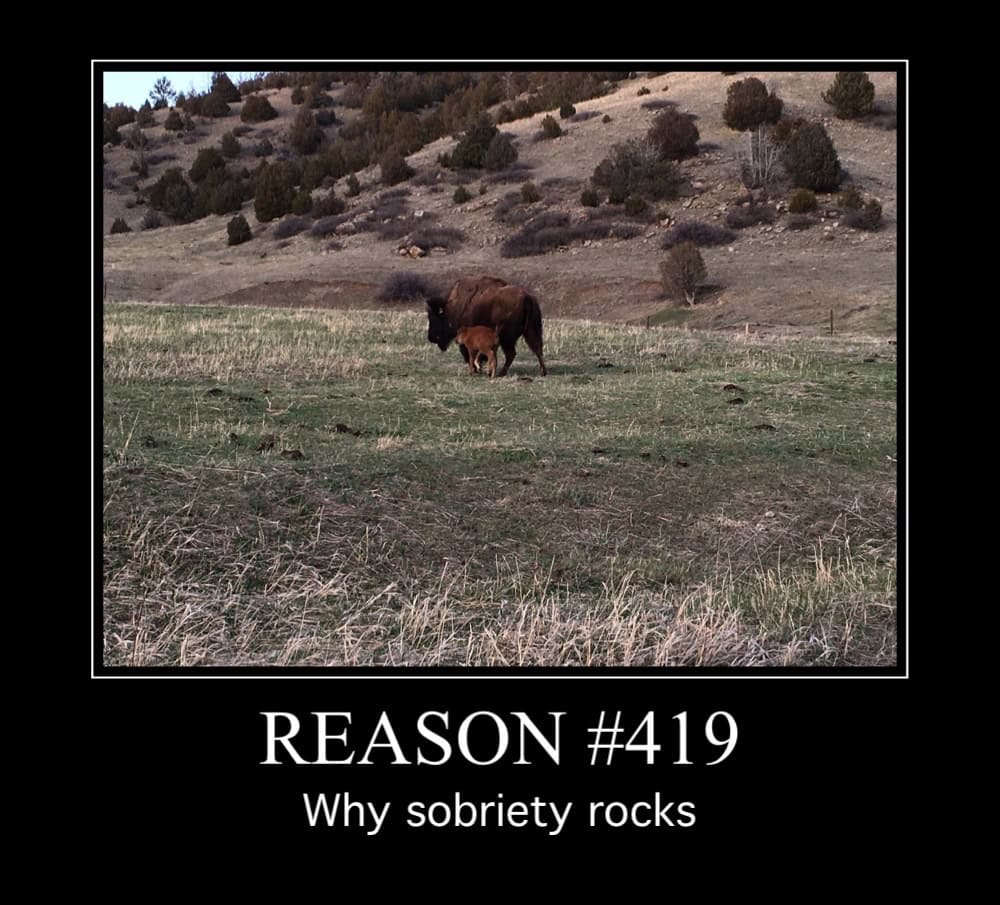
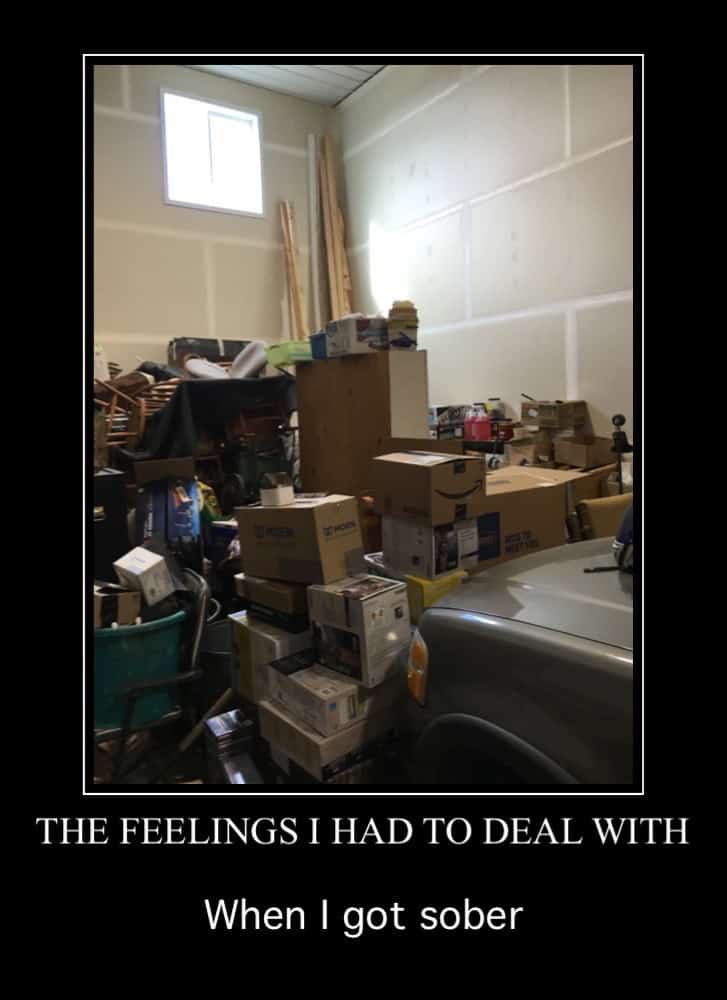
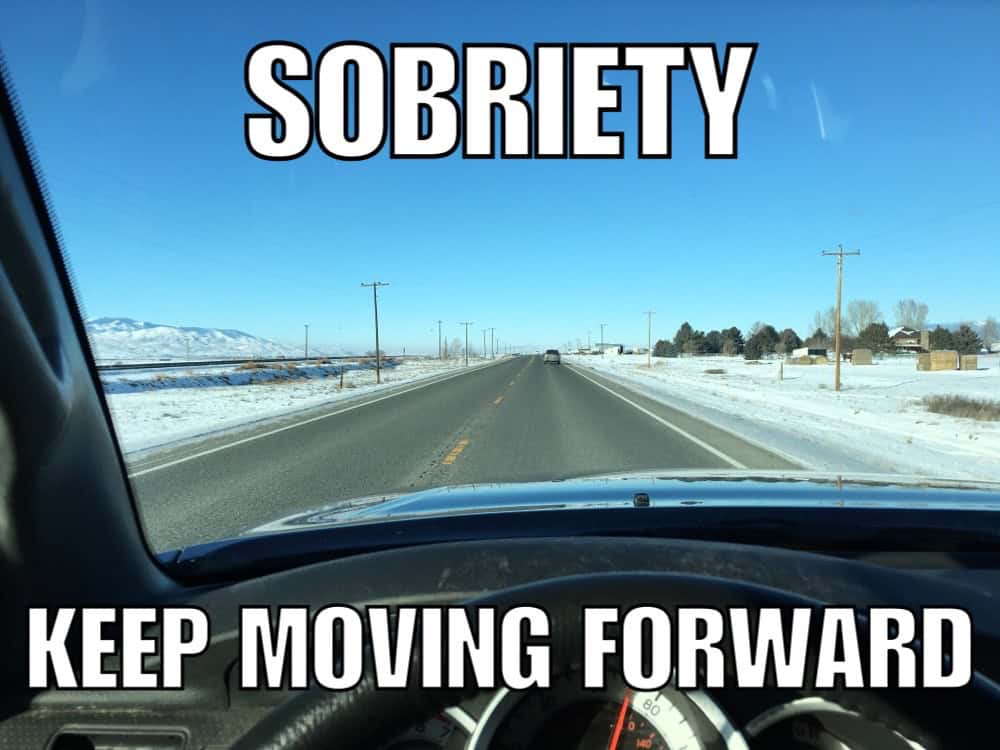
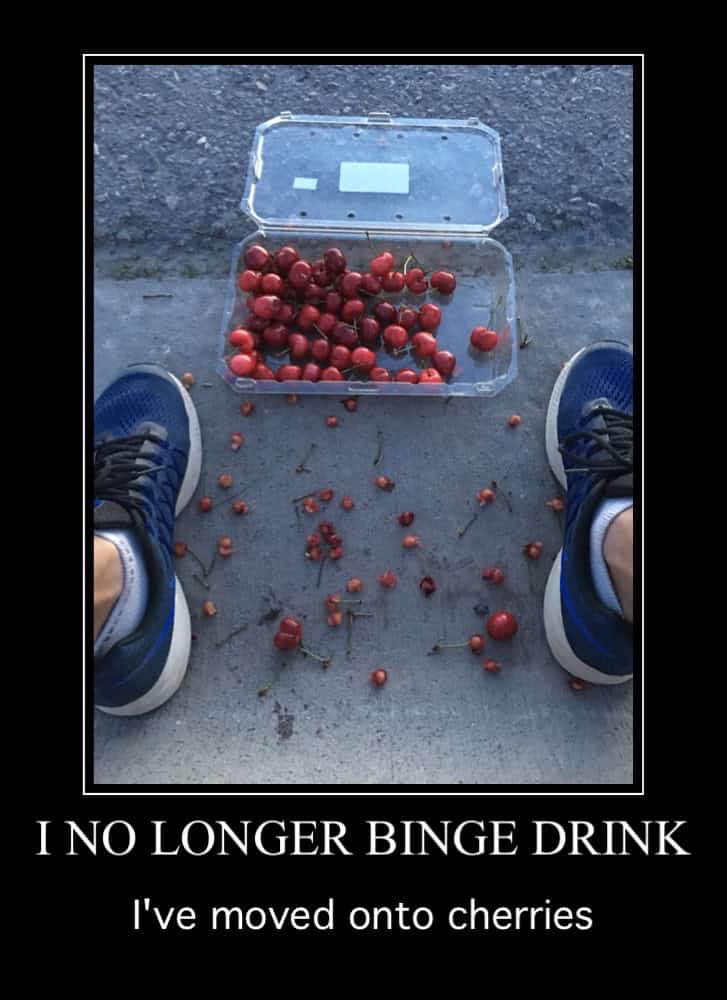
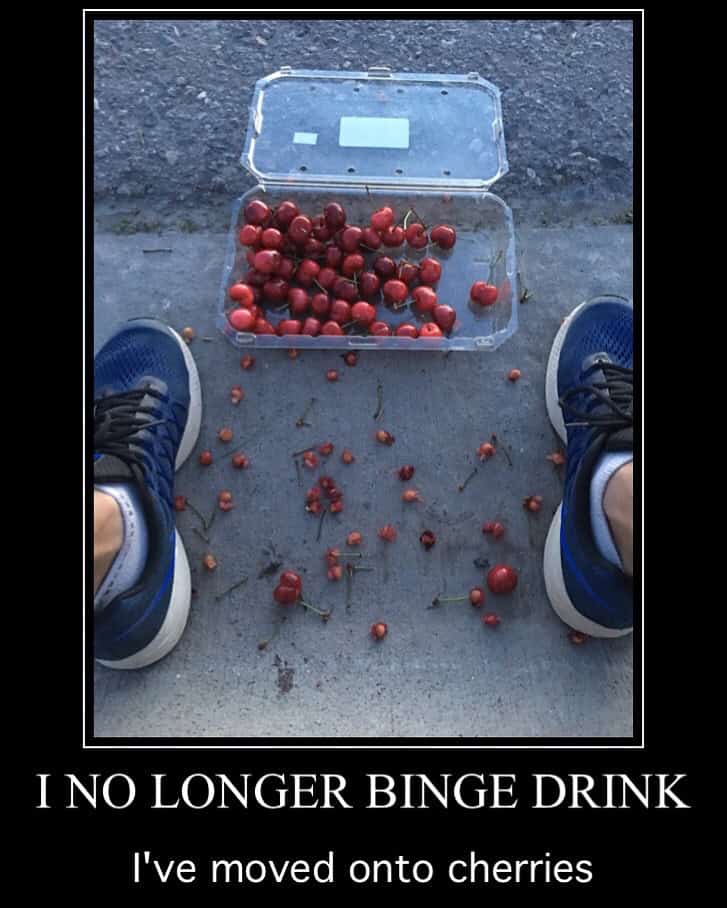
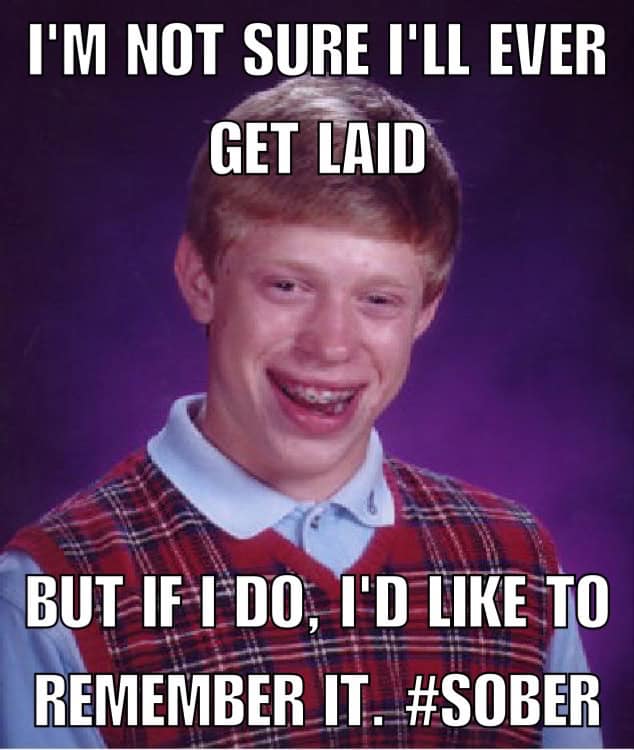
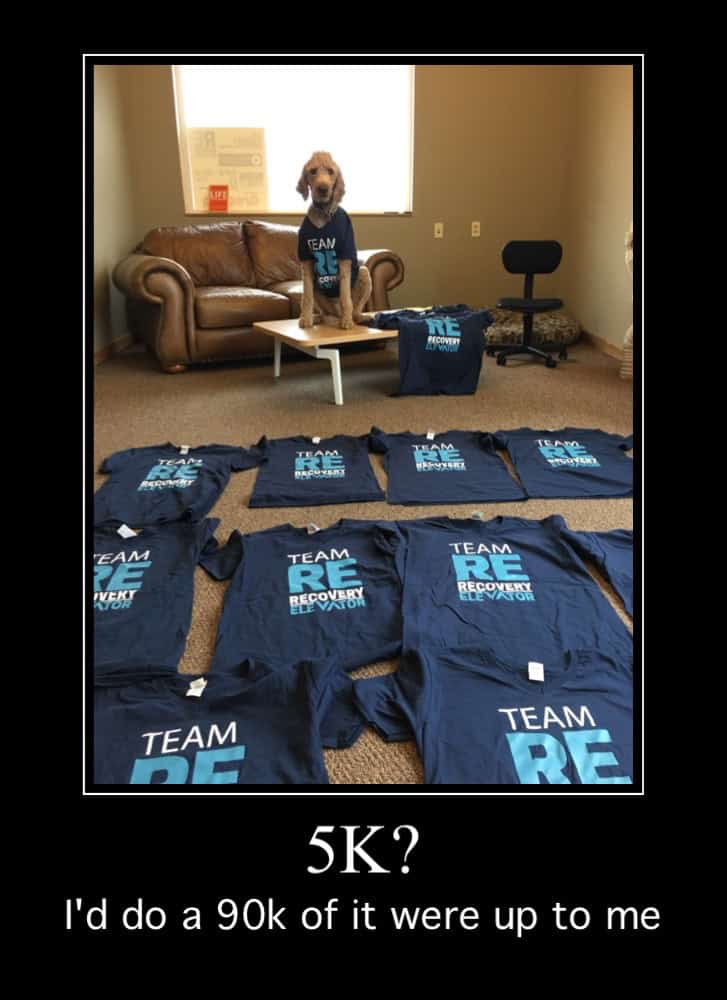
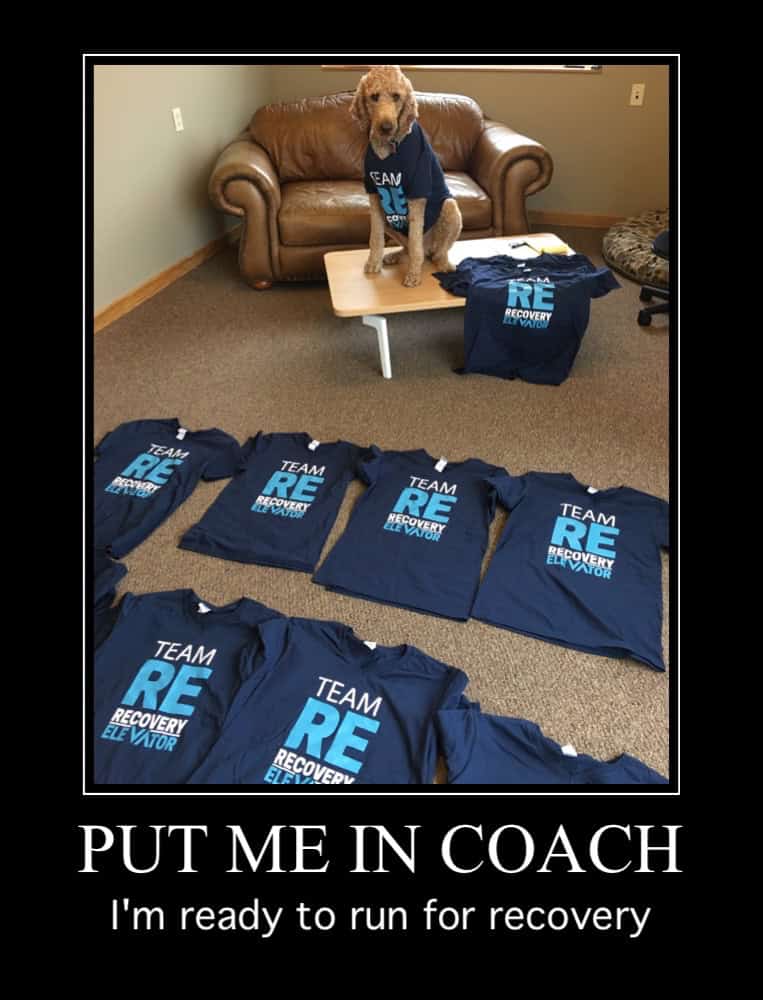
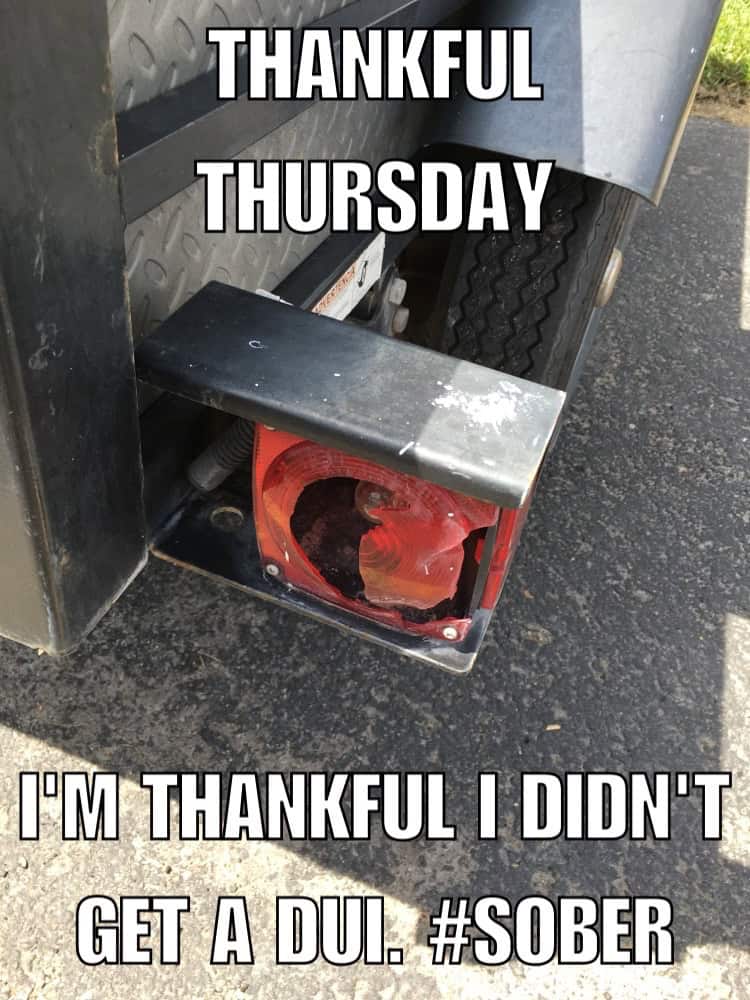
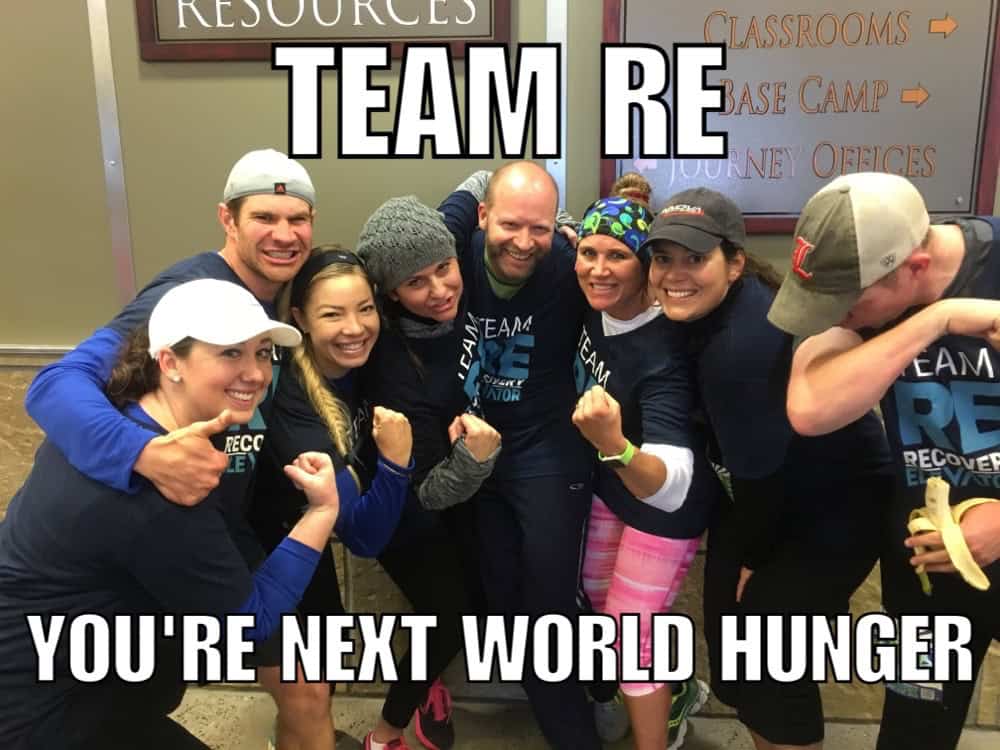
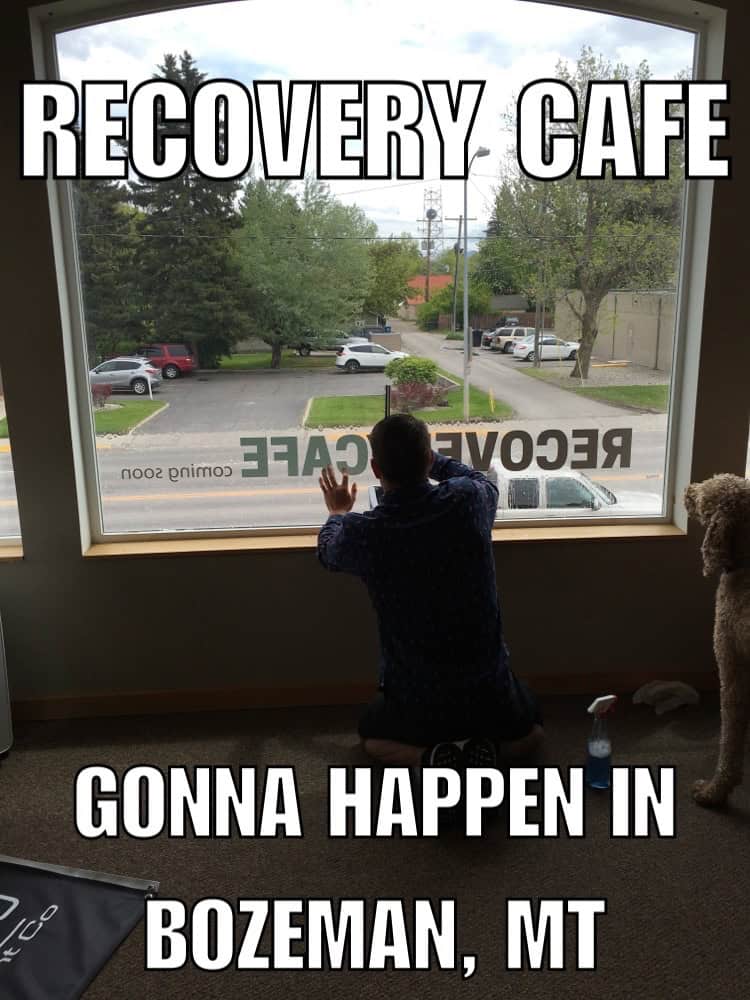
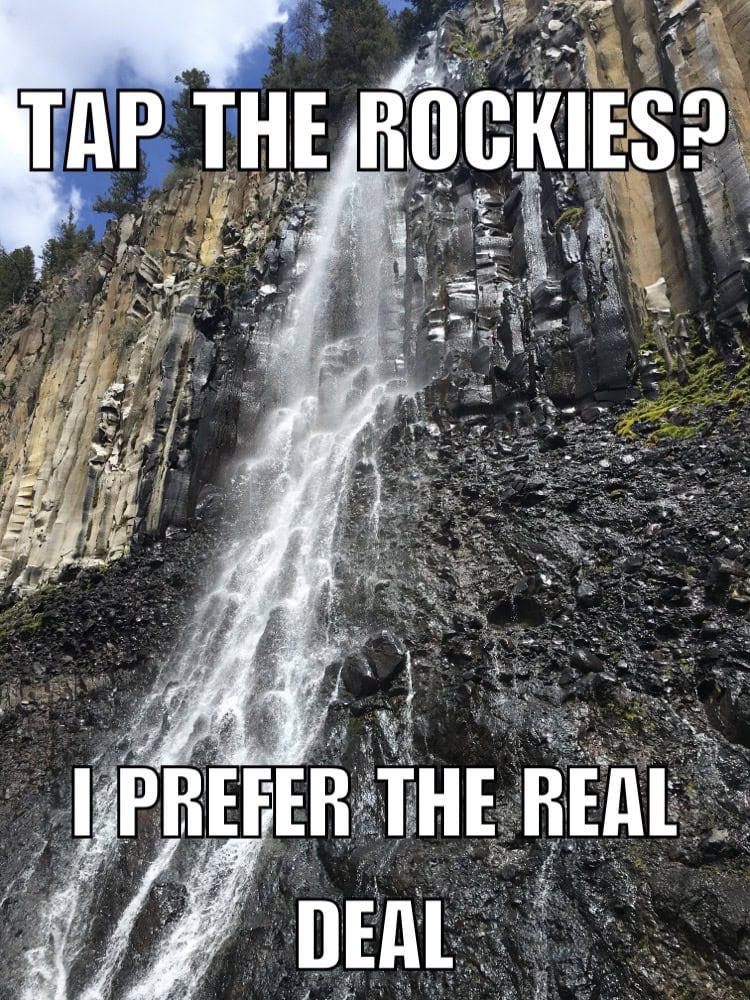
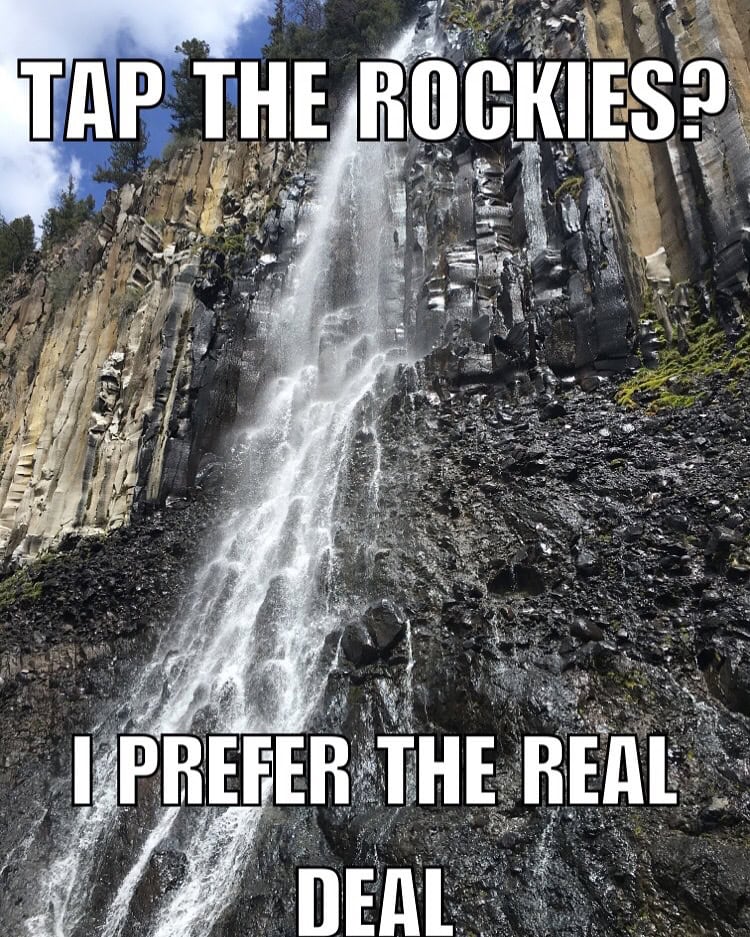
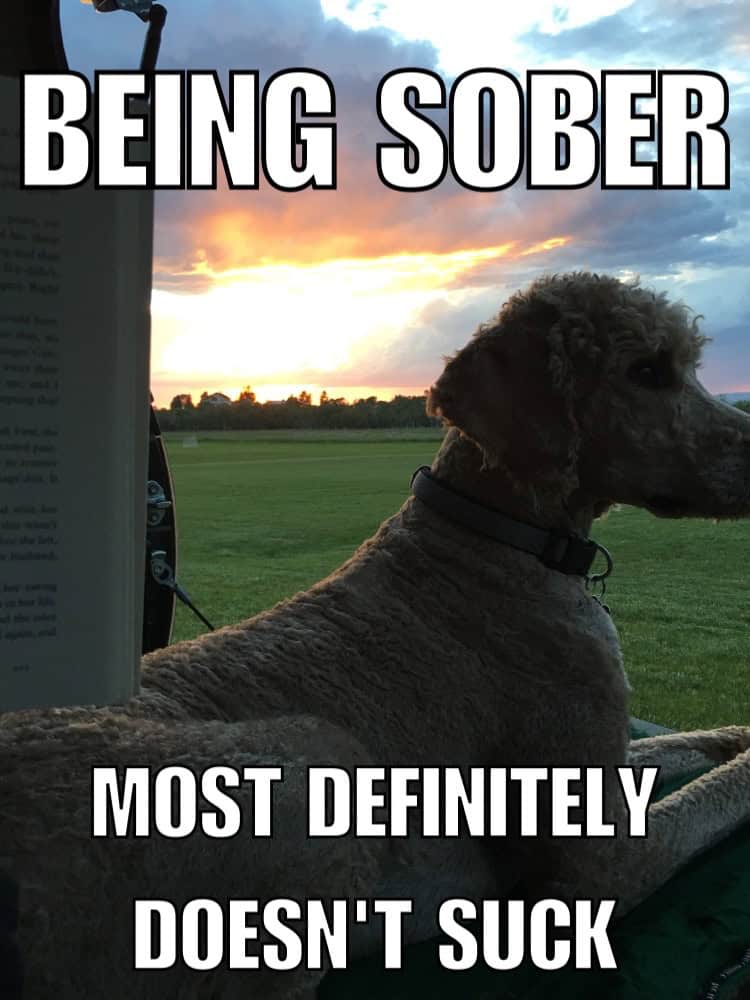
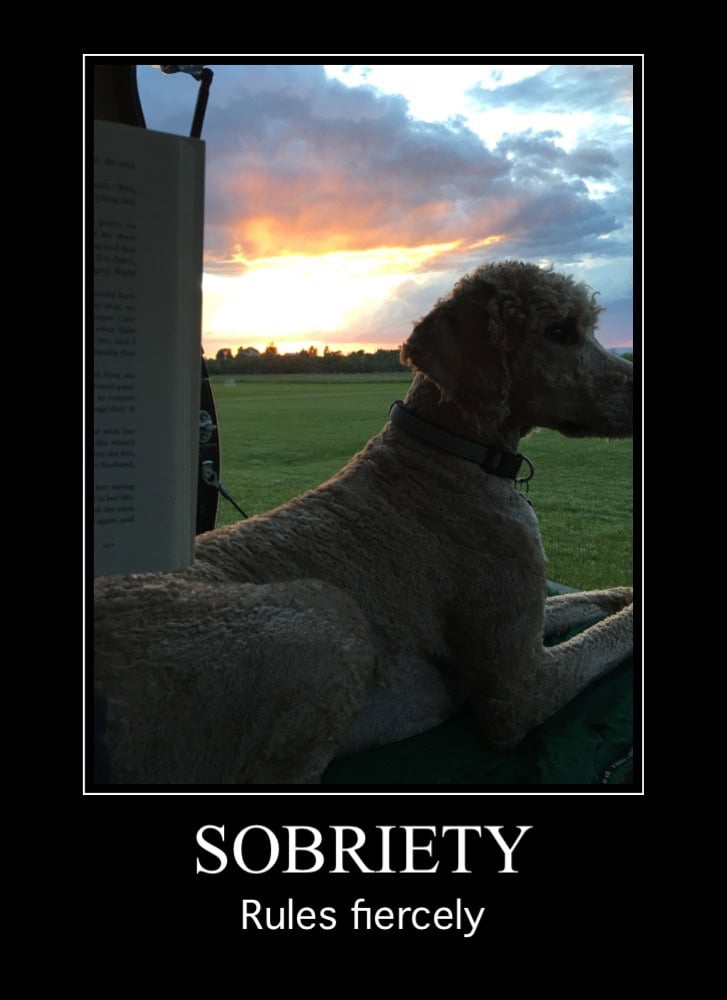
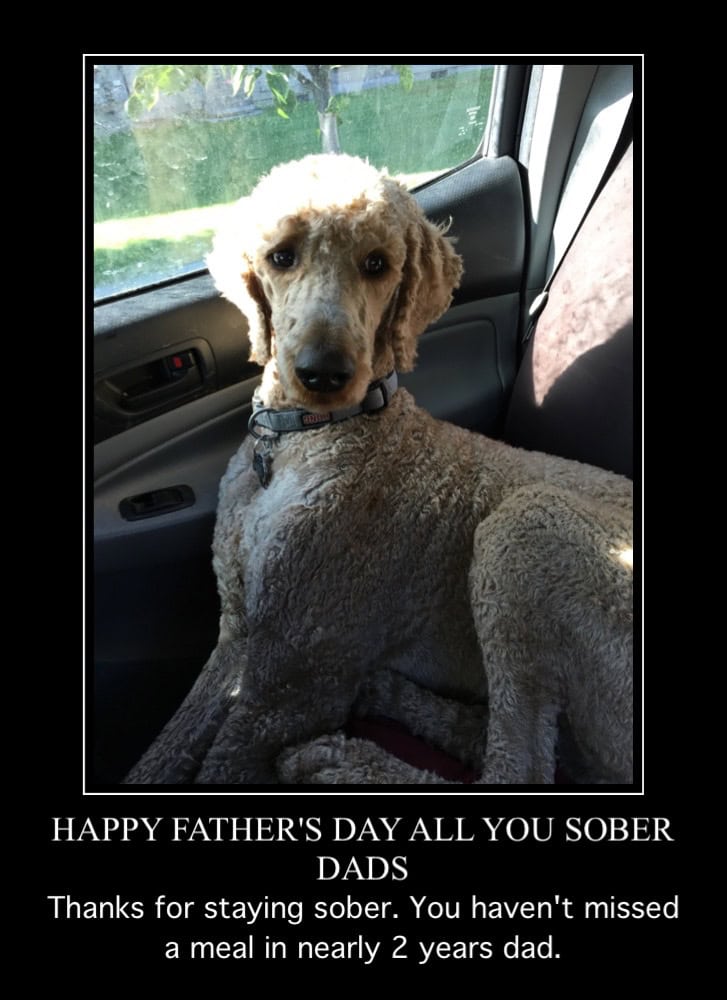
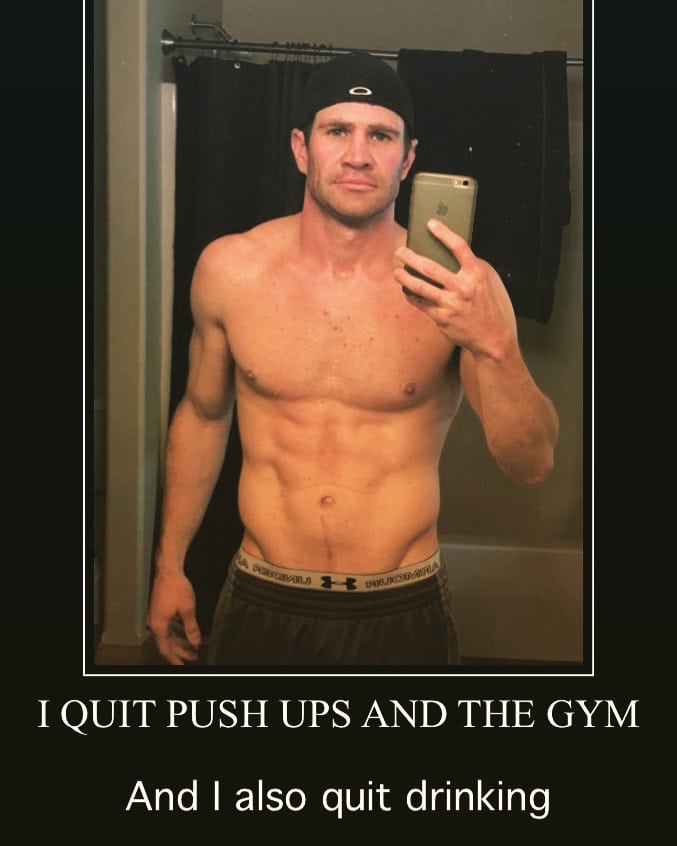
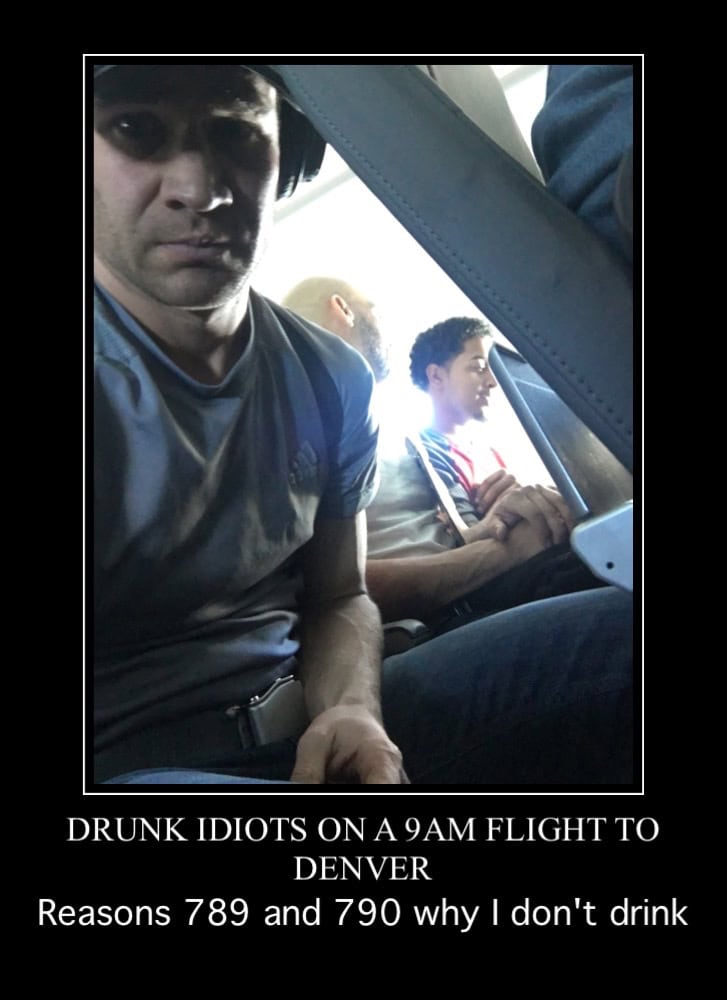

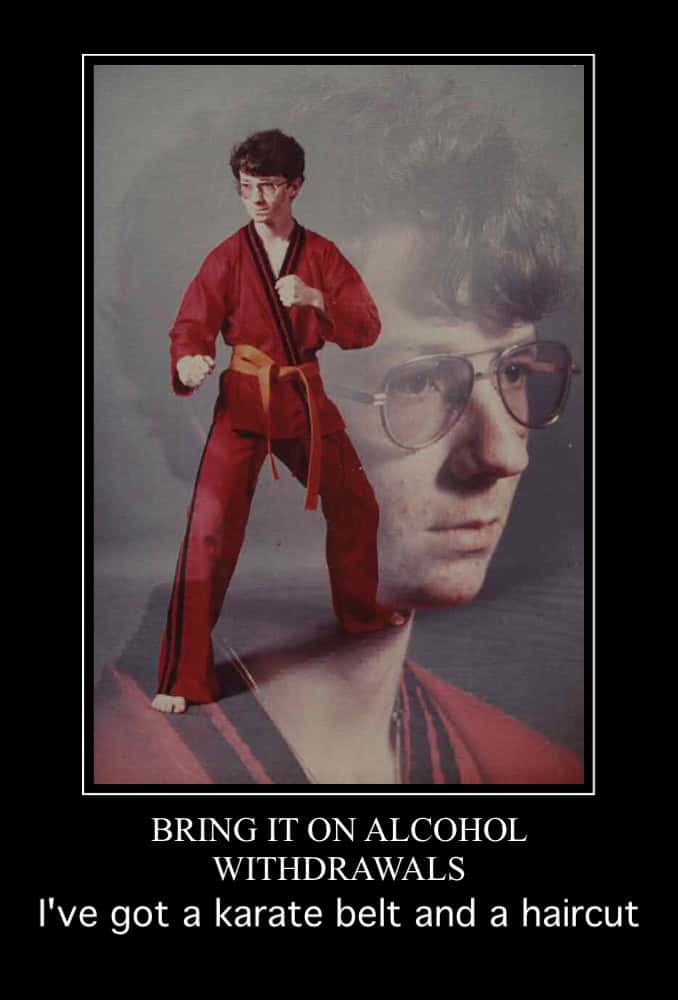



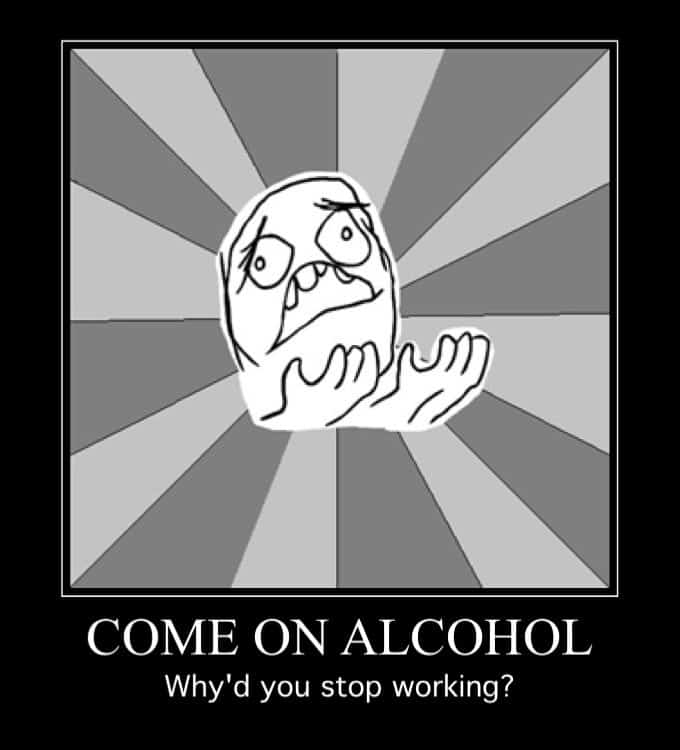

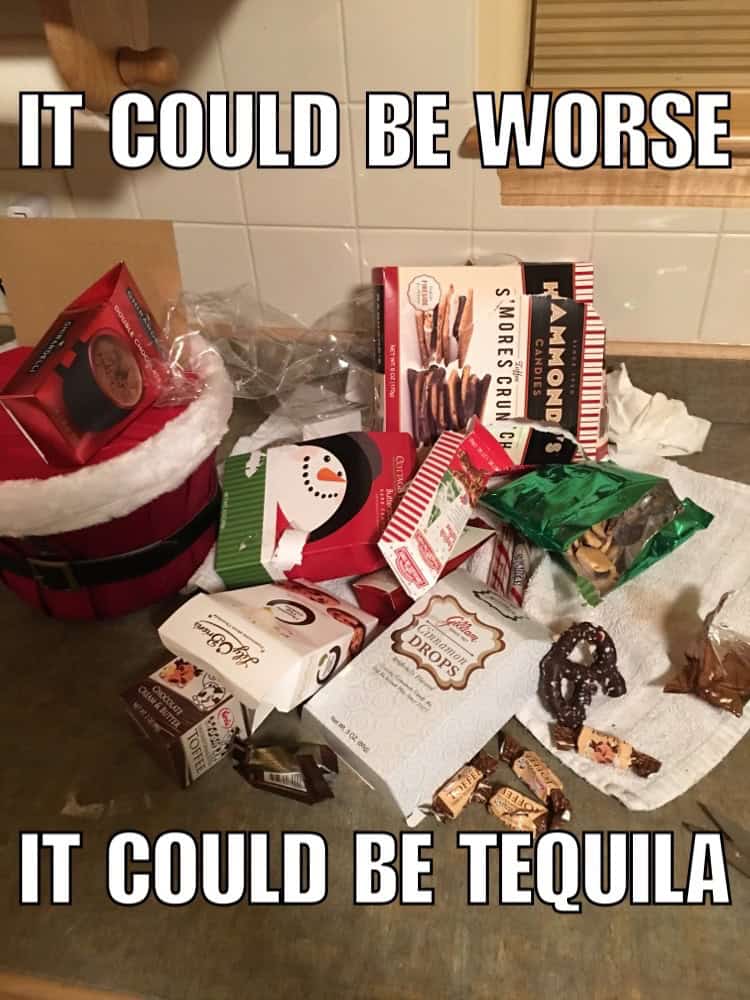
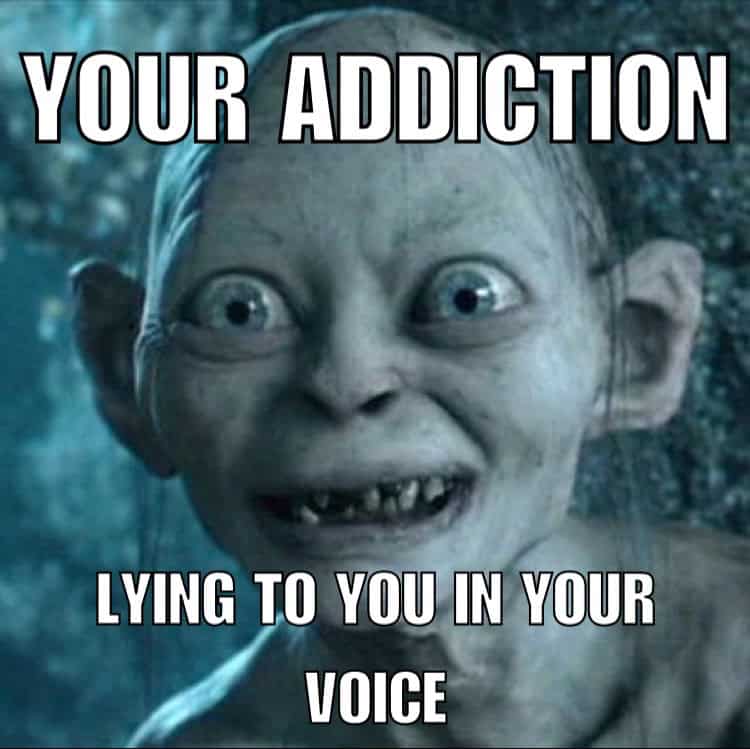
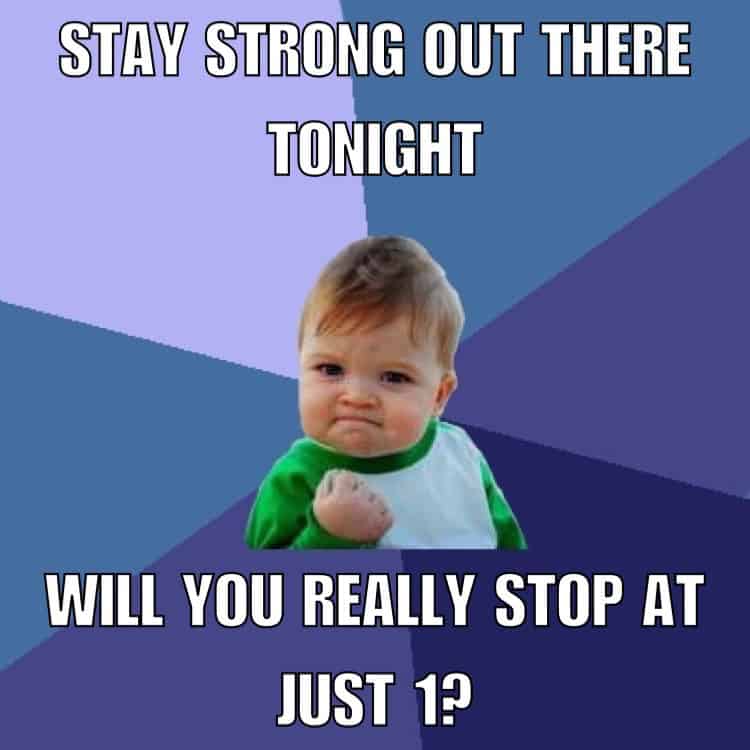
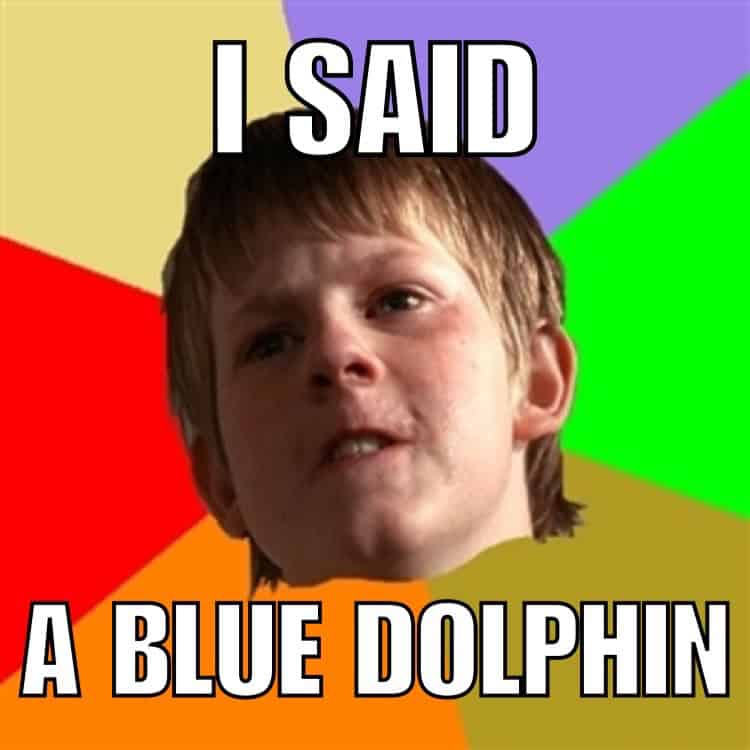
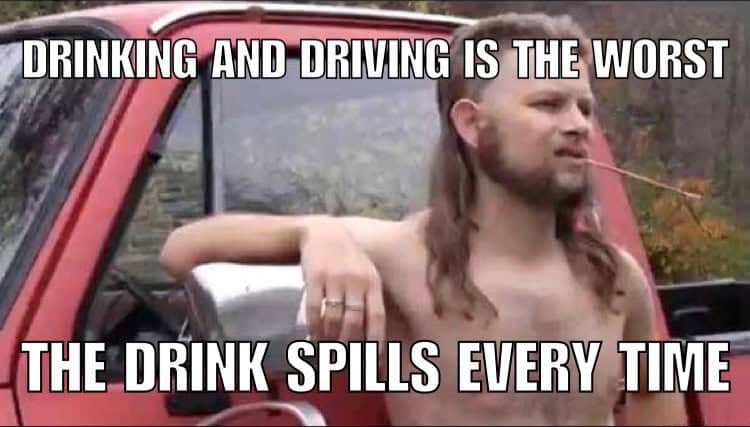
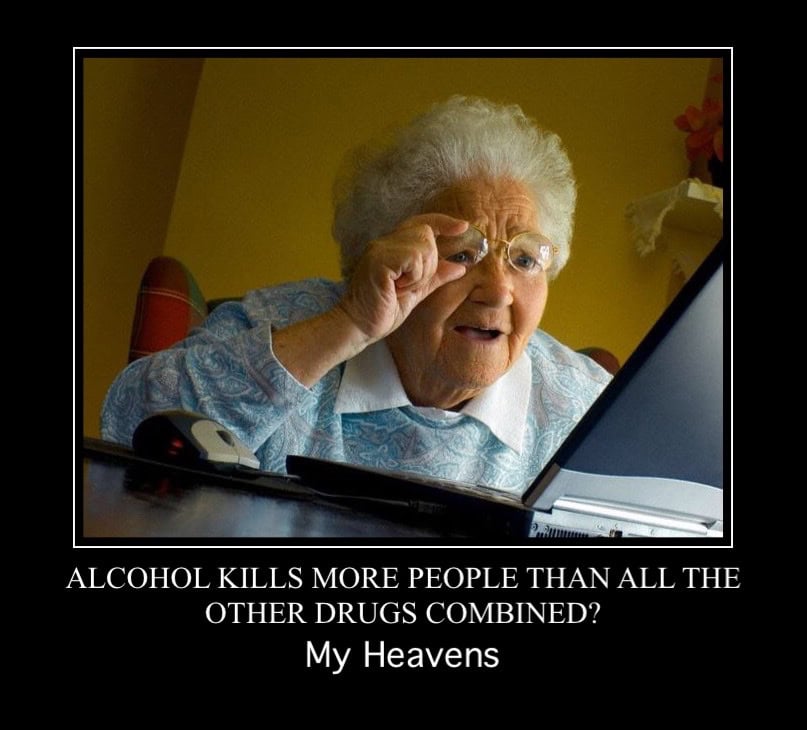
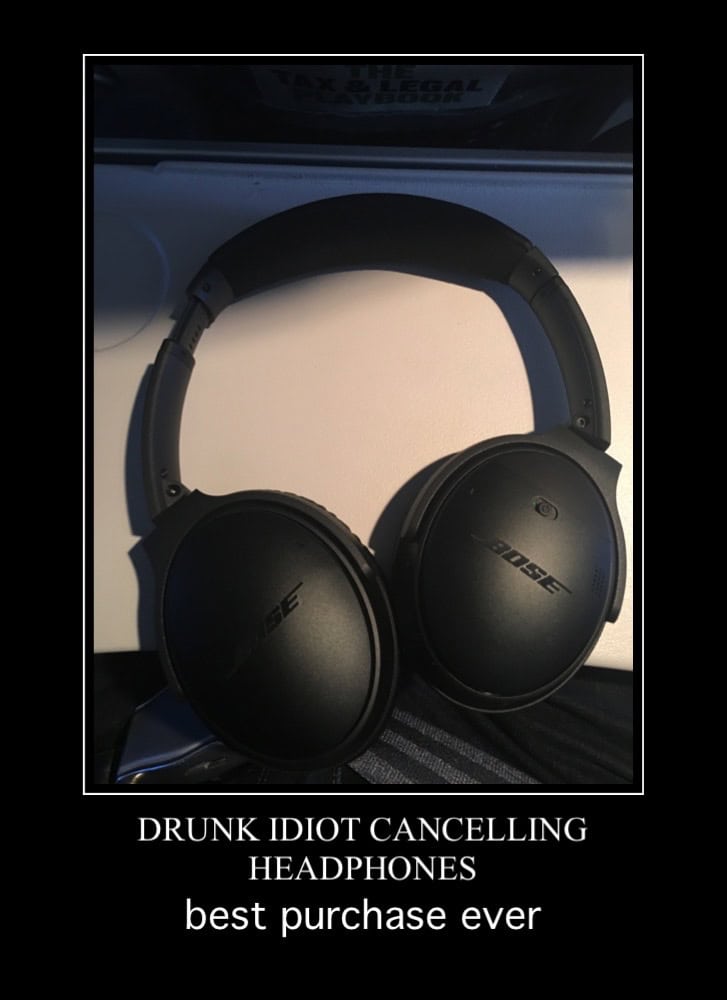
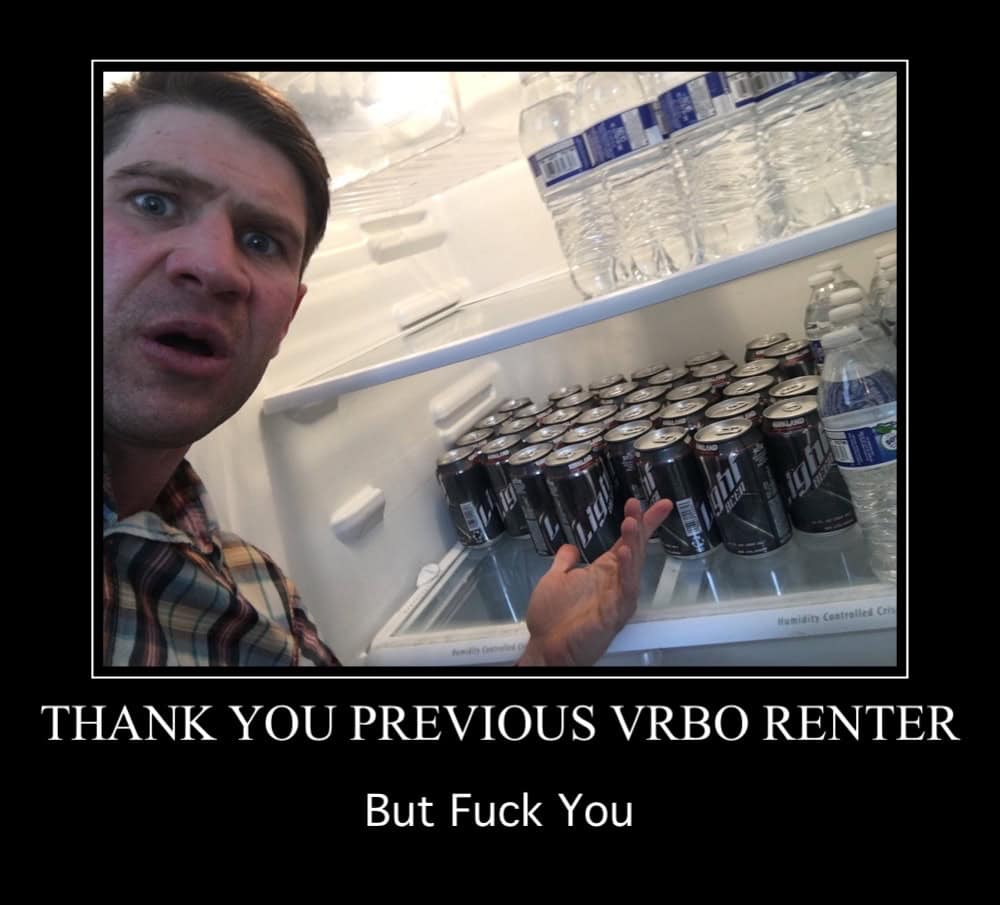
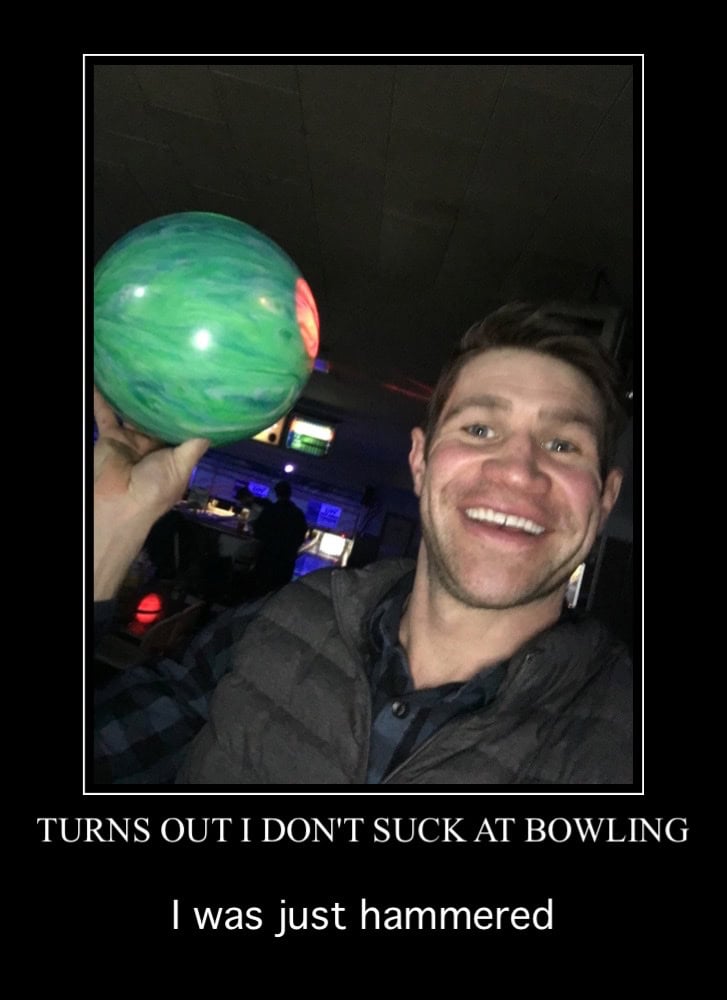
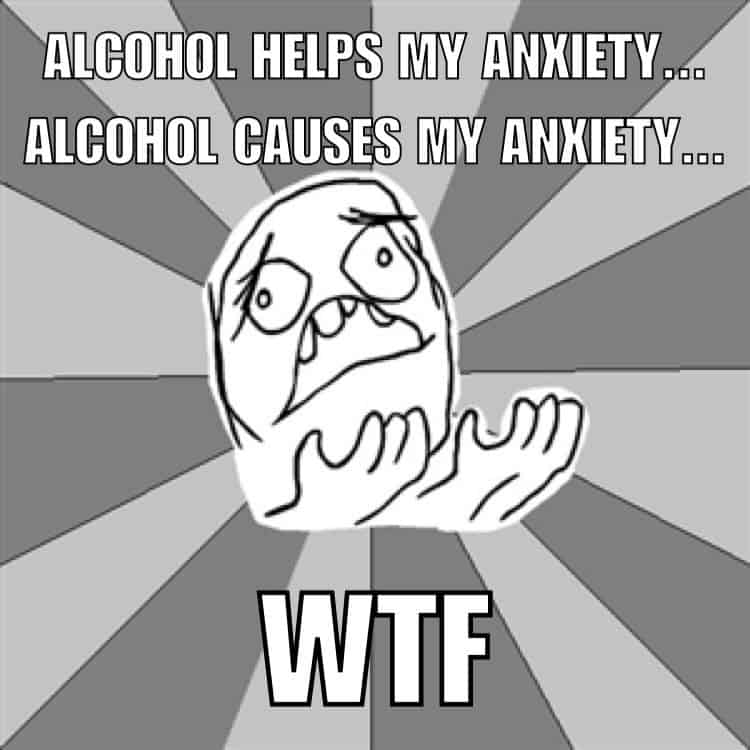
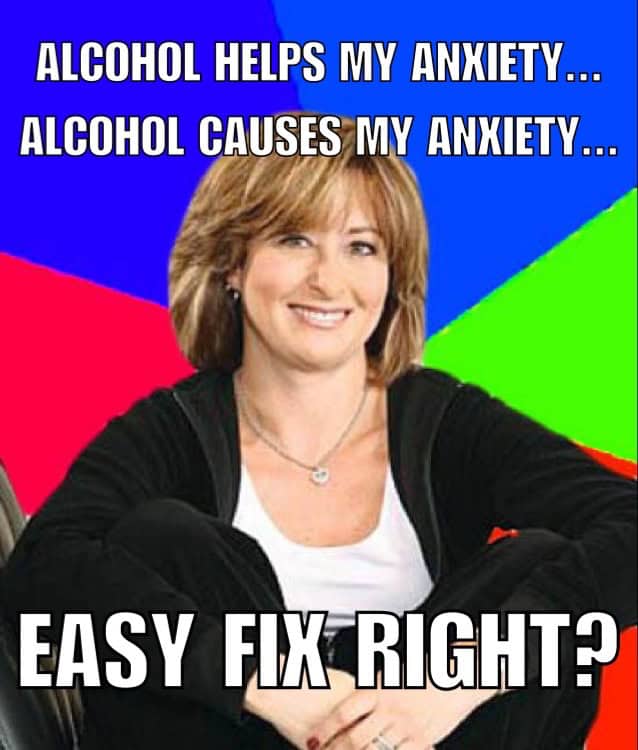
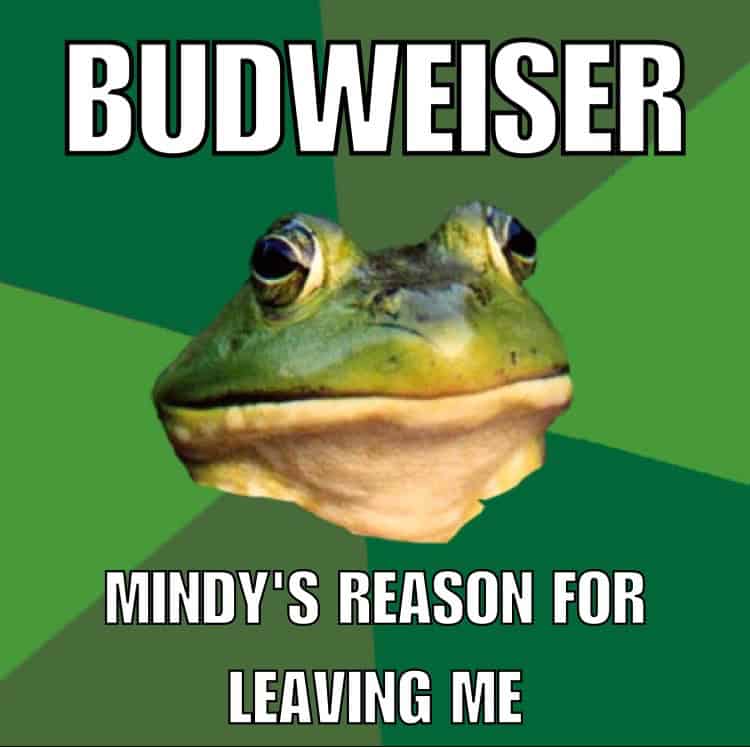
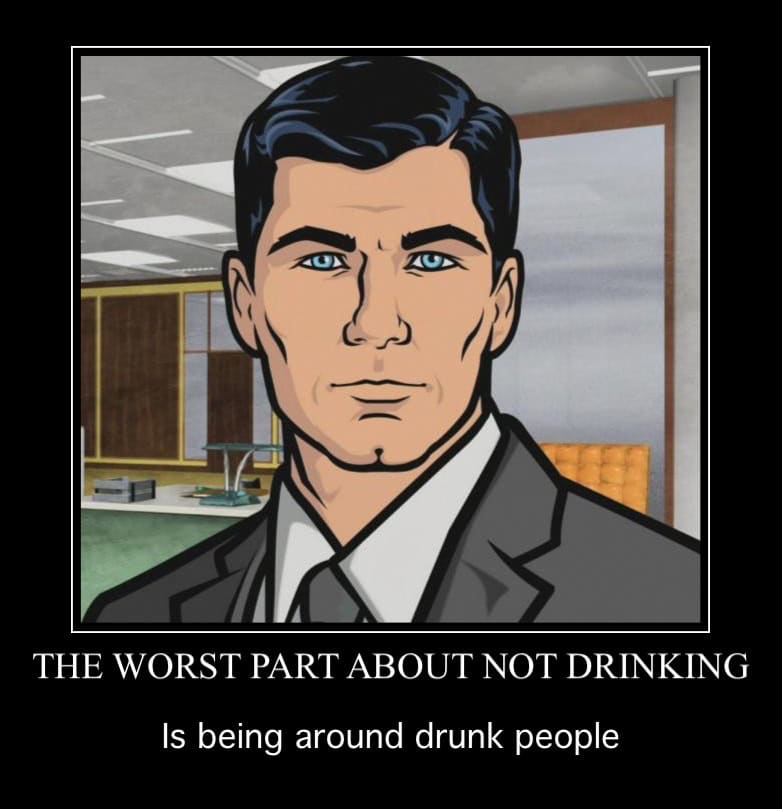
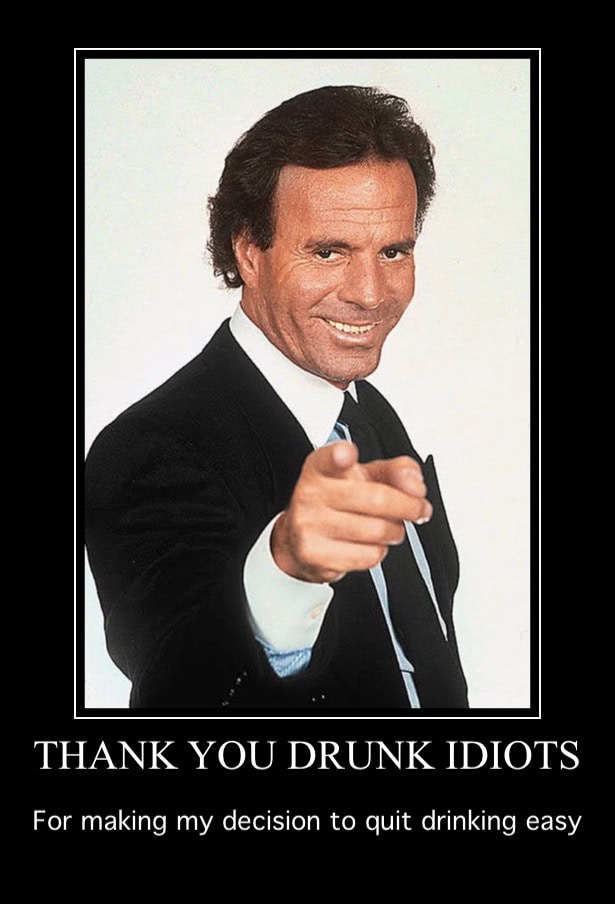
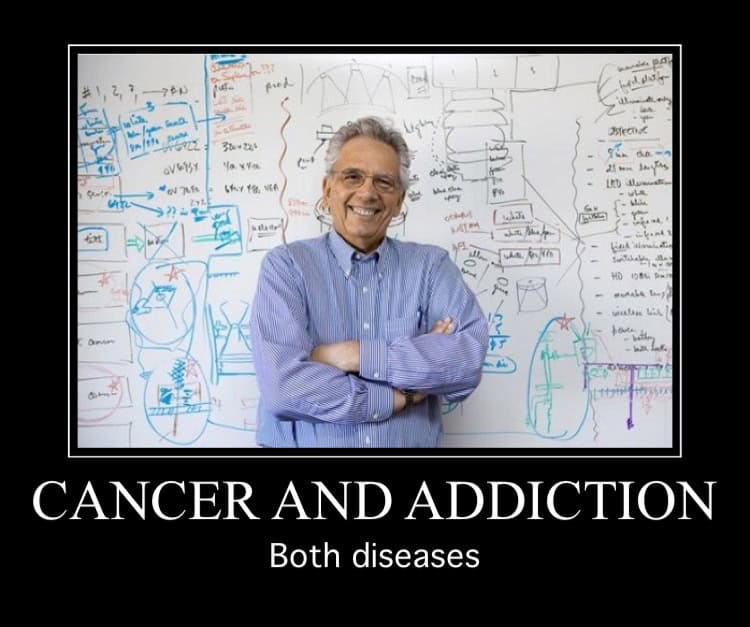
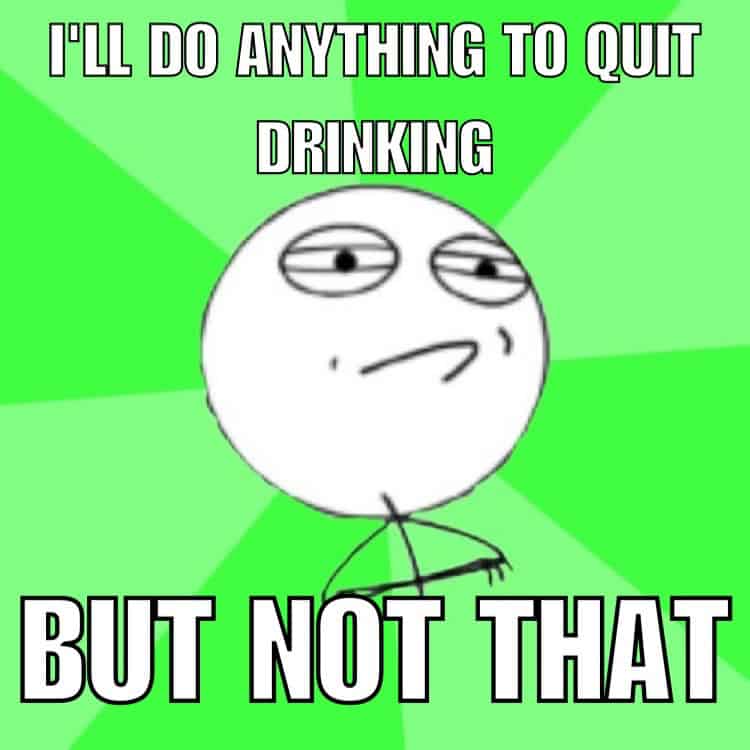
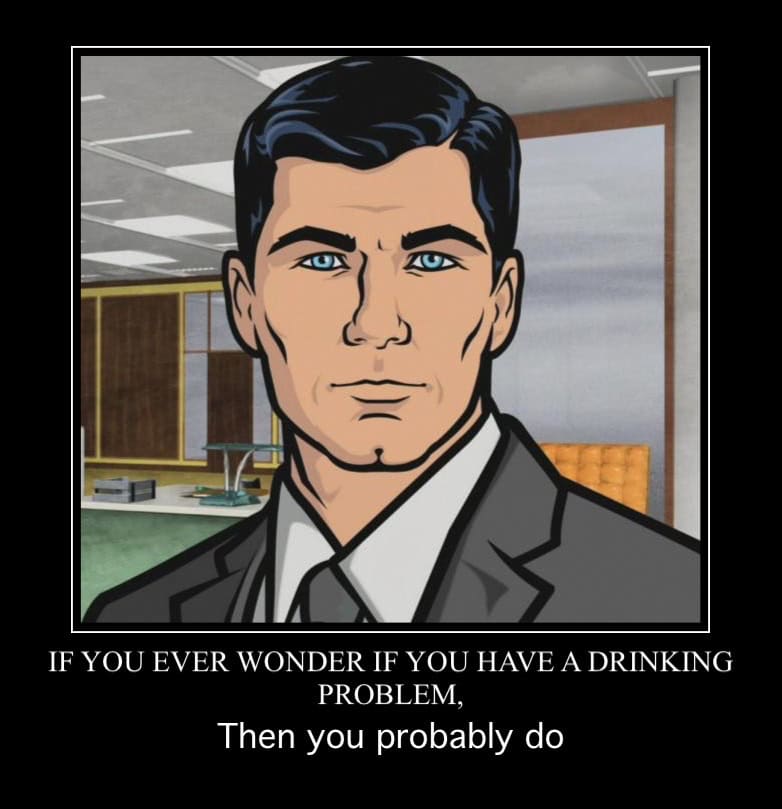
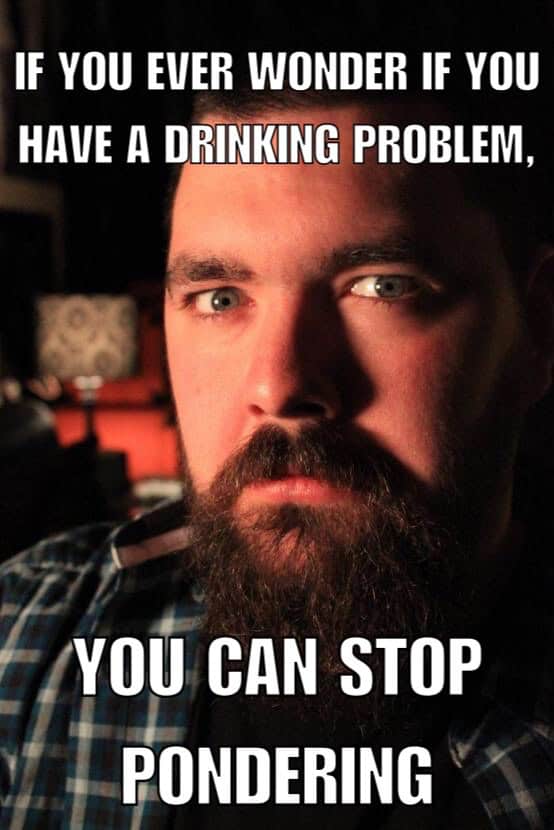
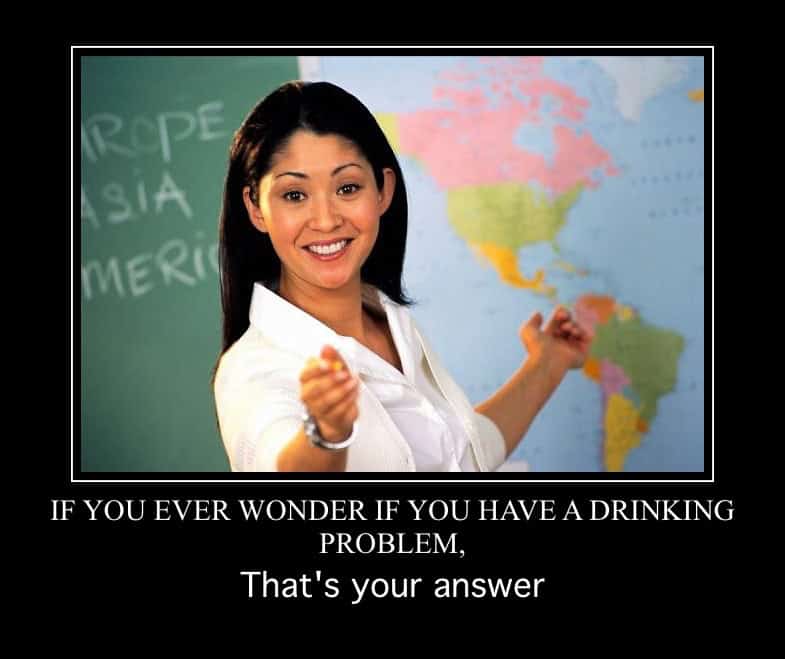
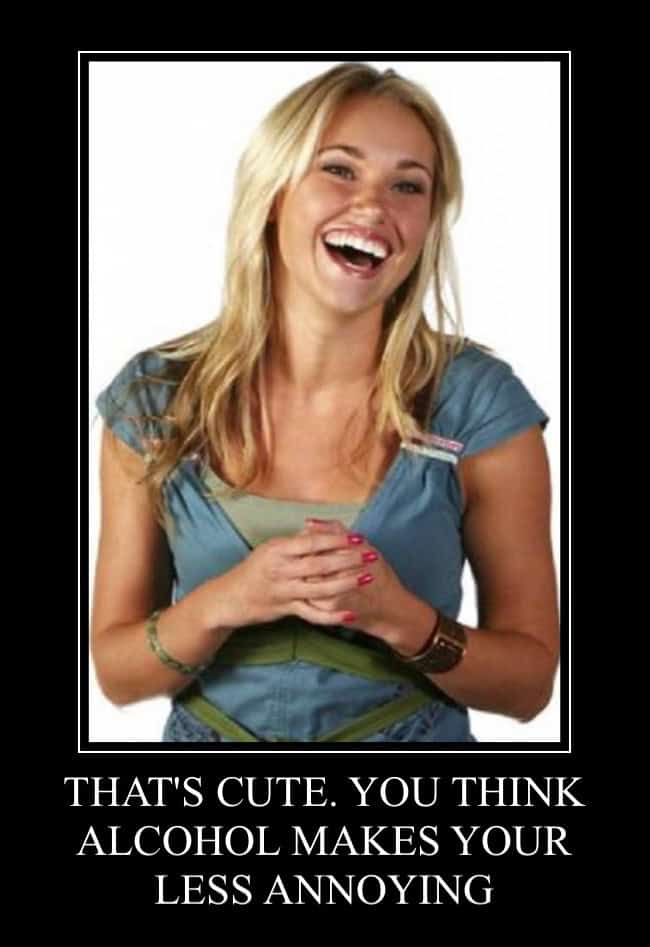
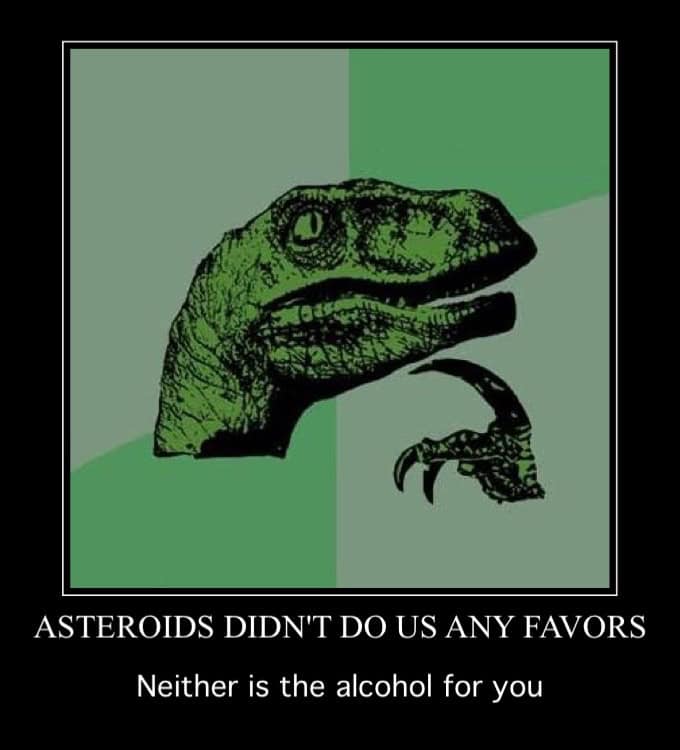
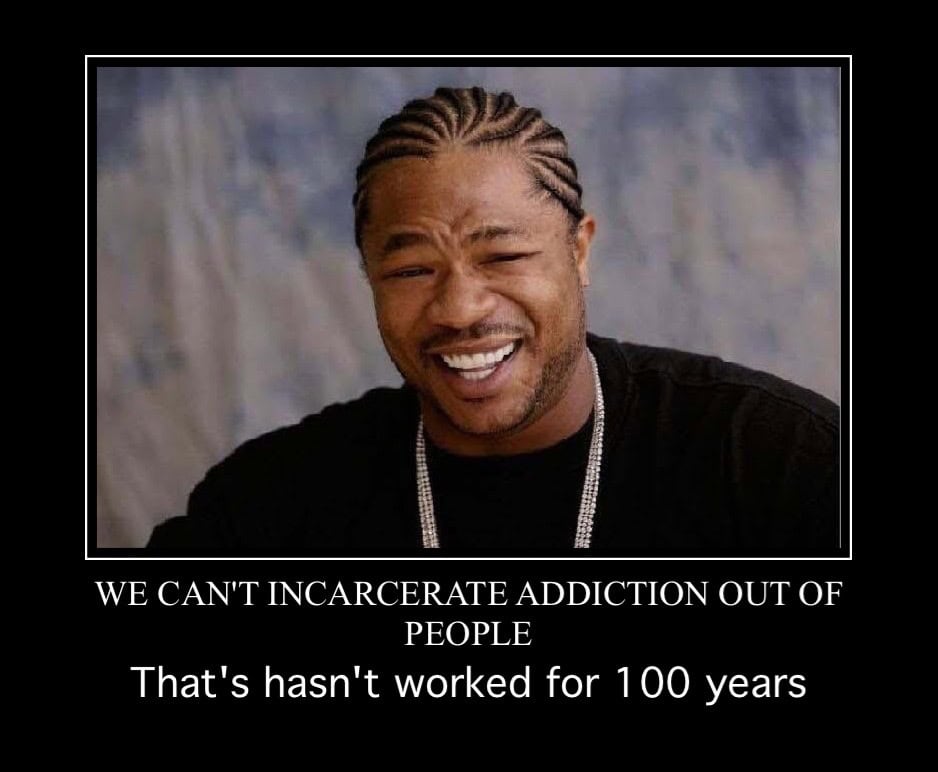
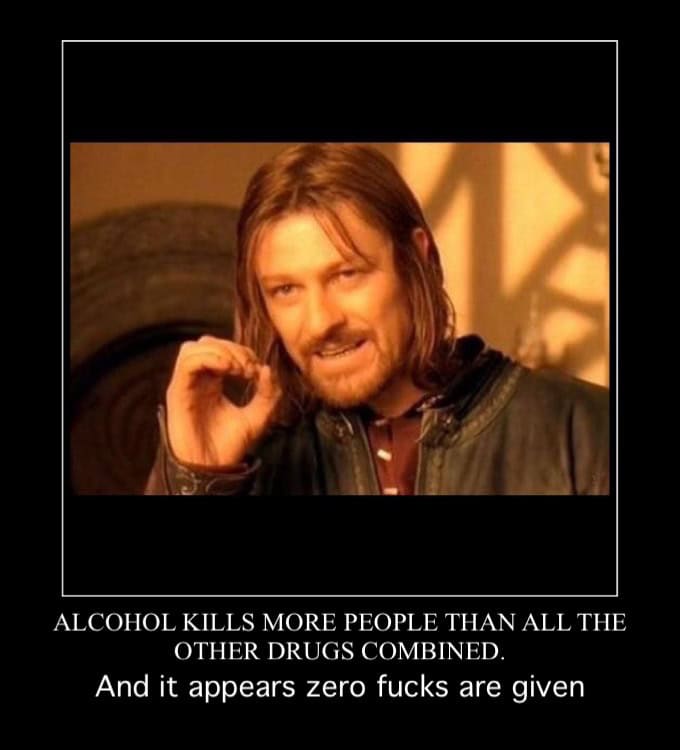

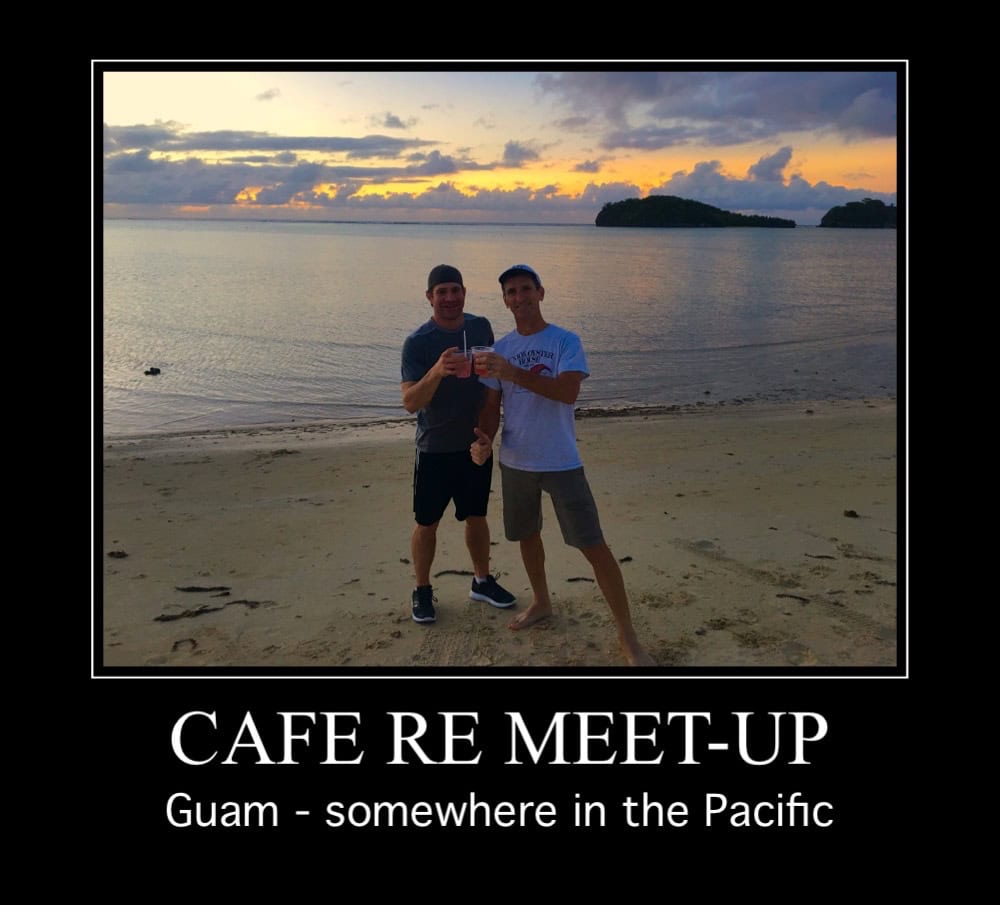
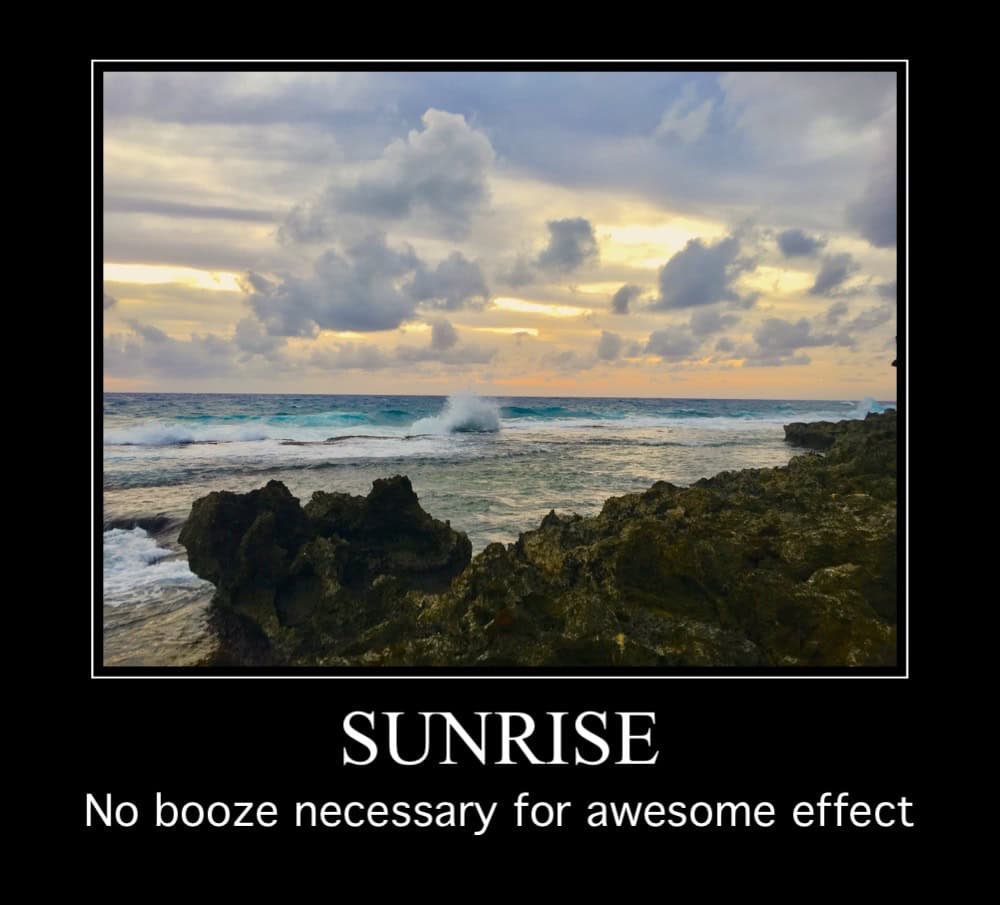
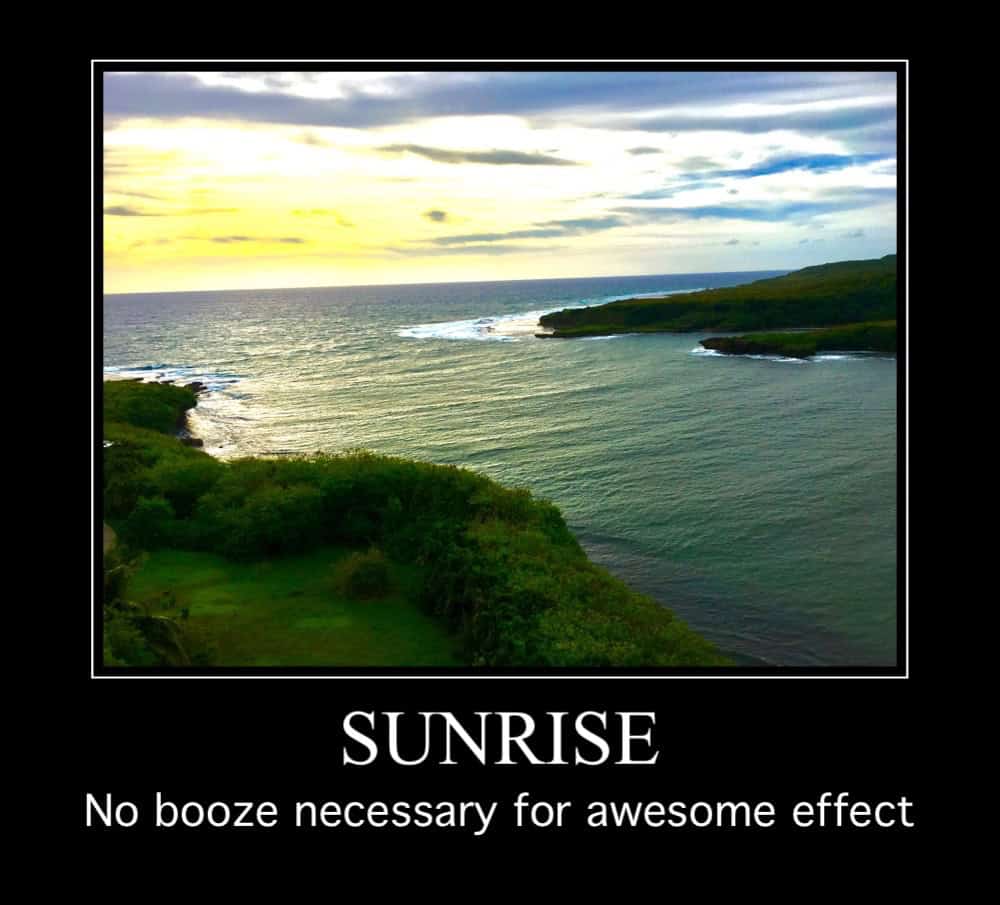
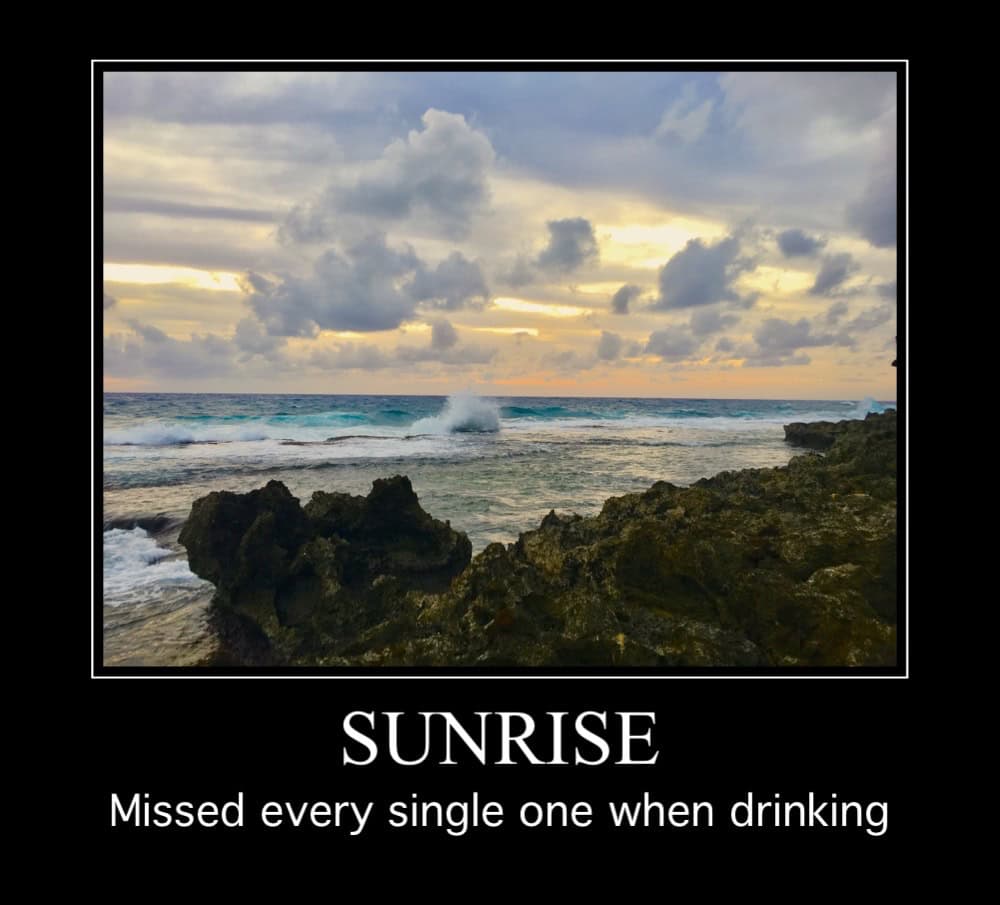
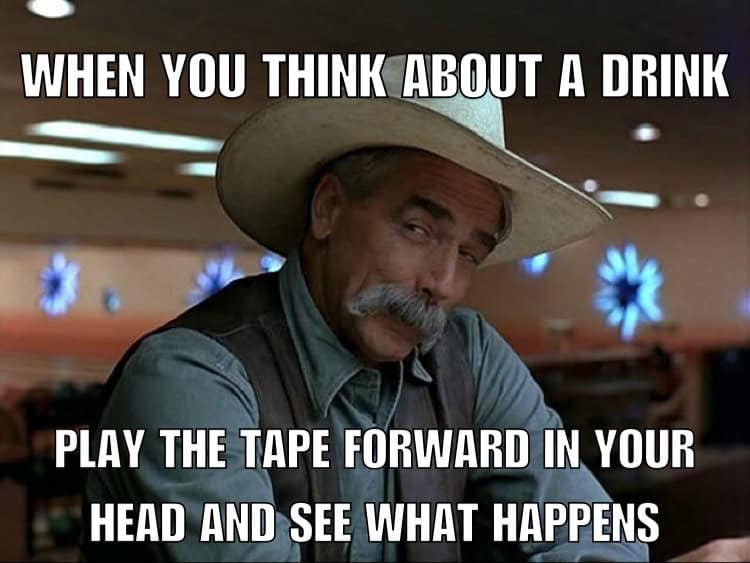
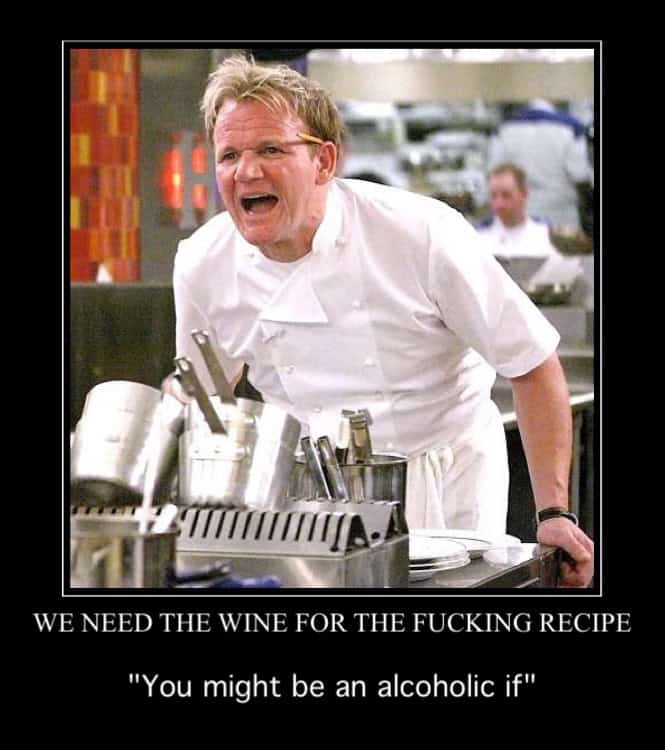
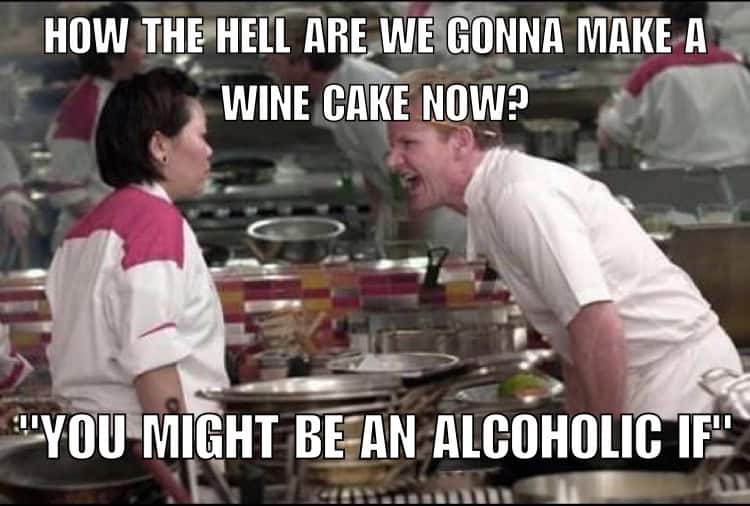
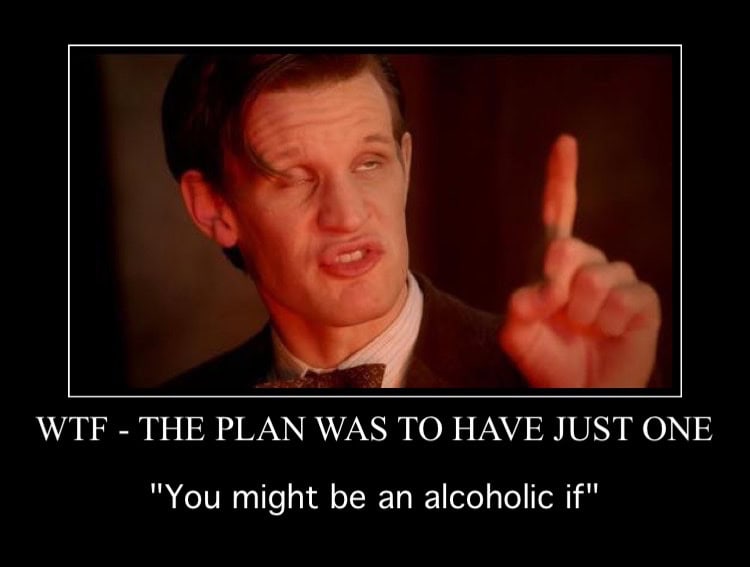
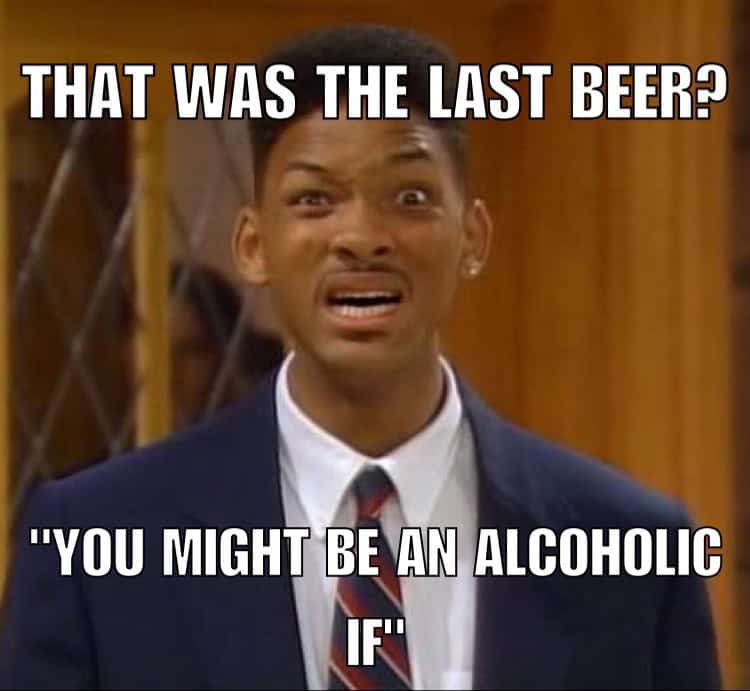
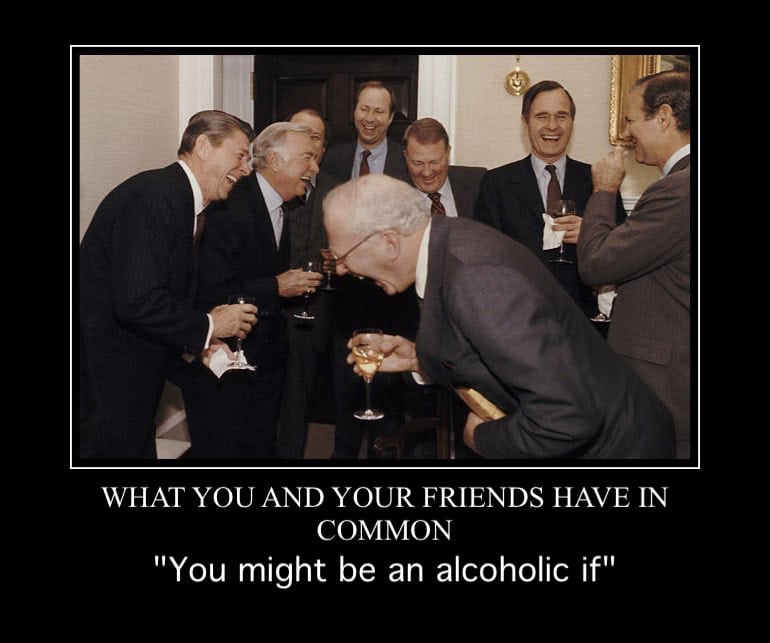
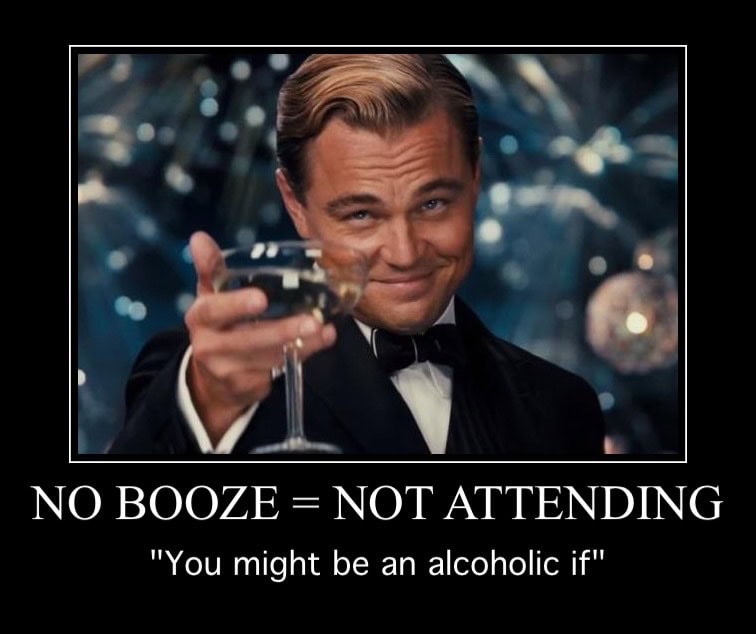
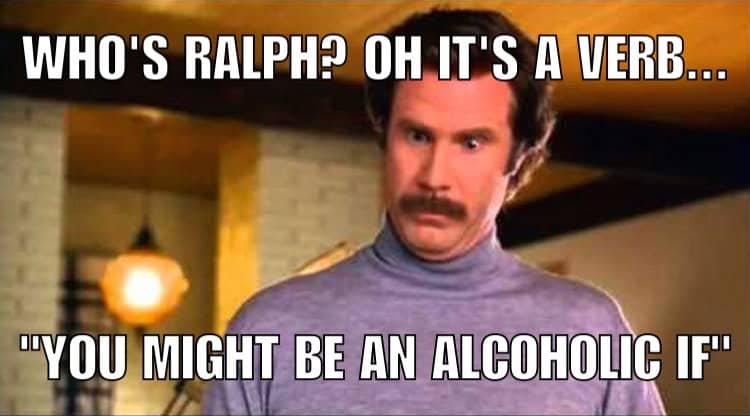
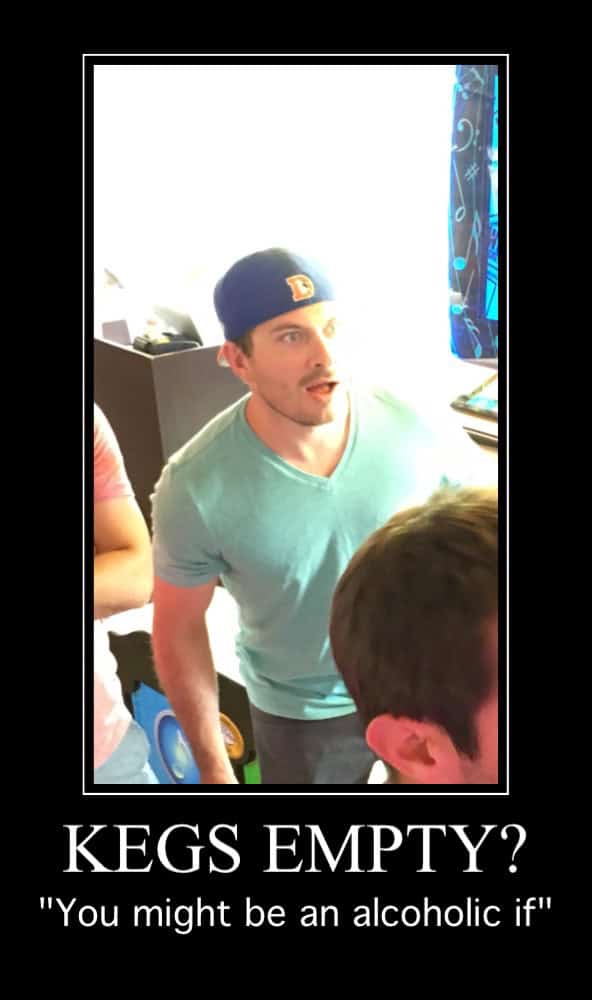
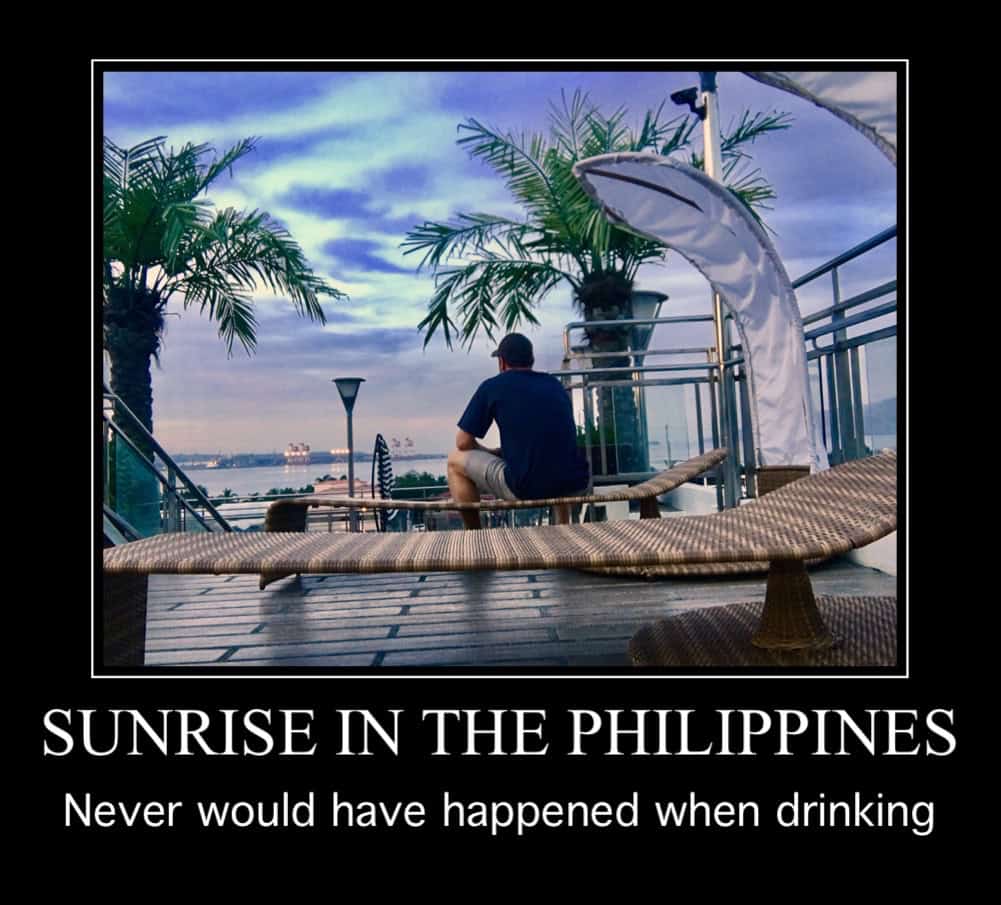
If you have any sober memes you’d like to add, send them to info@recoveryelevator.com. I found a free meme creator on the app store and I started creating memes. At first I thought it would be difficult creating sober recovery memes but once the creative juices starting flowing, I couldn’t keep up with my mind. Memes, although simple in nature, can be a powerful representation of how amazing sobriety can be. If you’re looking to get sober, I recommend downloading a meme app and creating some sober memes. They are a lot of fun to make.
Paul























































































































